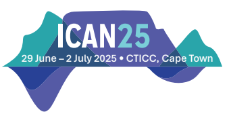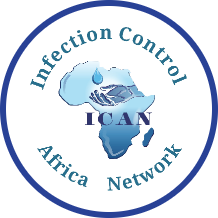Speakers
Speakers
Keynote Speakers
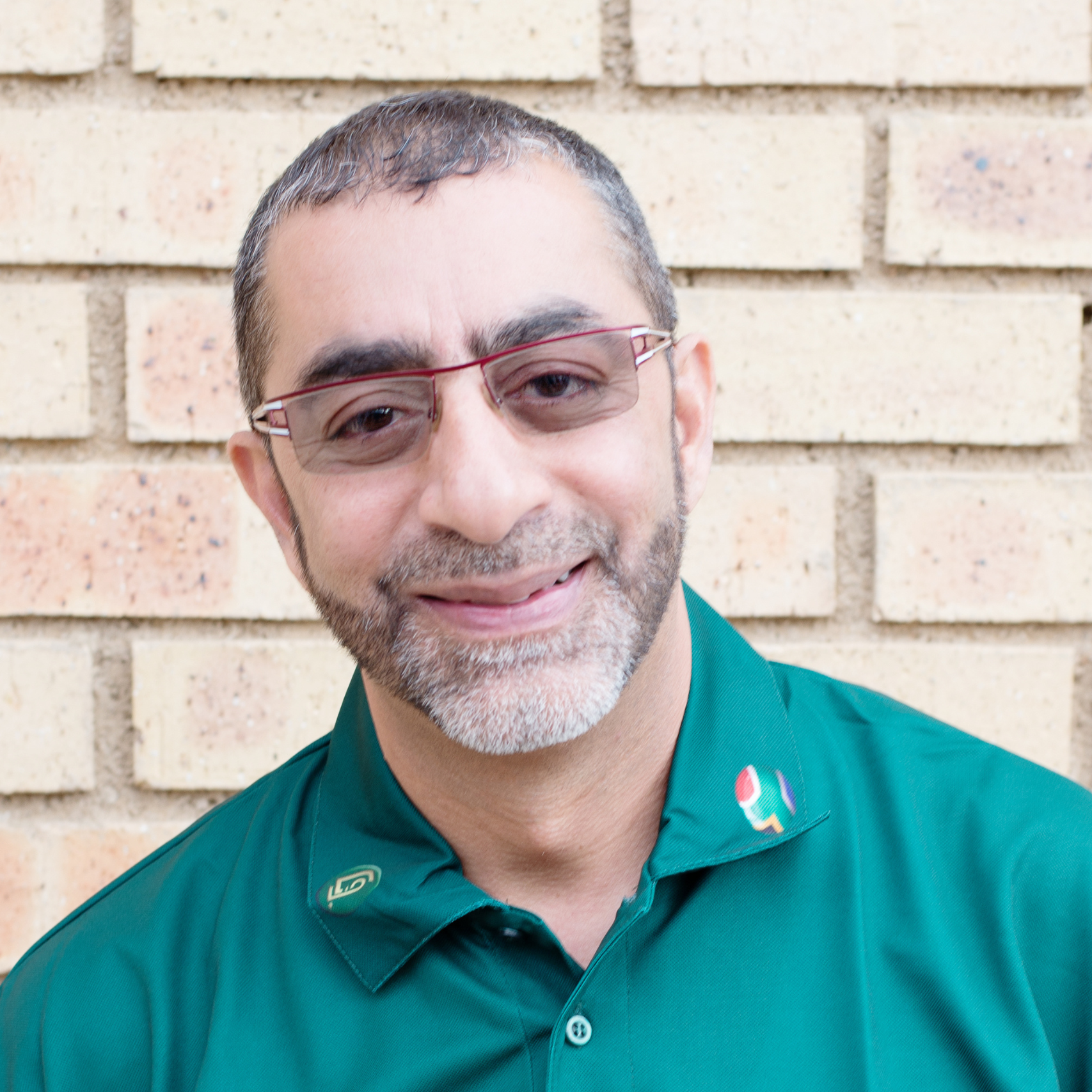
Imtiaz Sooliman
Dr Imtiaz Sooliman was born in Potchefstroom, in South Africa’s North West Province, on 07 March 1962.
He attended Sastri College in Durban and matriculated in 1978, subsequently studying medicine at the University of KwaZulu-Natal’s Medical School, where he qualified as a medical doctor in 1984.
Dr Sooliman commenced private practice in Pietermaritzburg in 1986 but chose to close his flourishing practice in mid-1994, choosing instead to focus his attention on Gift of the Givers Foundation, which he had founded in early August 1992. His establishment of Gift of the Givers Foundation was the consequence of a message Dr Sooliman, then aged 30, received from Sufi Sheikh Muhammed Saffer Effendi al Jerrahi, his spiritual leader in Istanbul, Turkey, who called on him to serve all people of all races, of all religions, of all colours, of all classes, of all political affiliations and of any geographical location… a calling he honoured then and continues to honour today.
His endeavour in this regard has seen Gift of the Givers Foundation emerge as one of the most respected humanitarian organisations in the world and is today the largest disaster response agency of African origin anywhere on the continent.
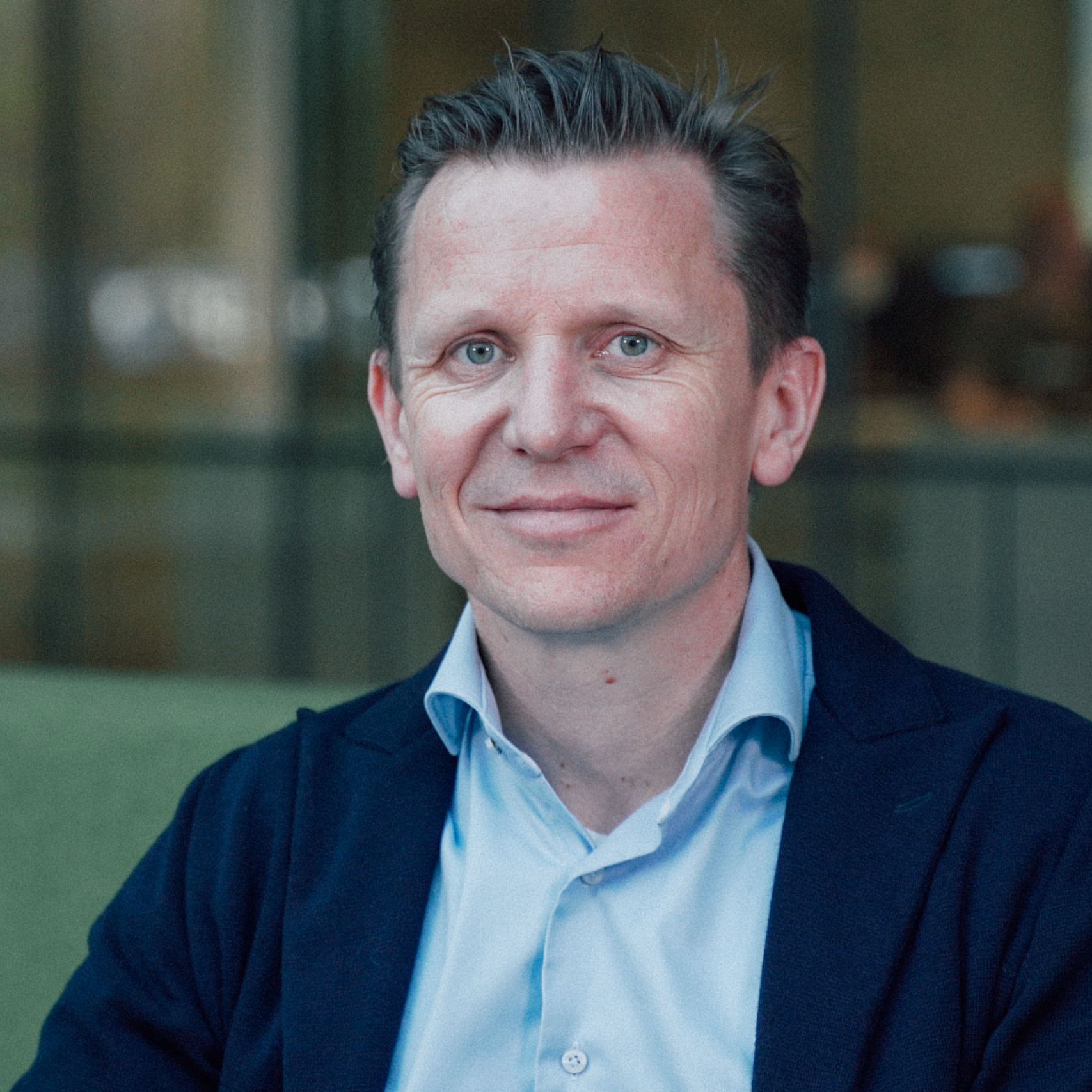
Joost Hopman
Joost Hopman, MD, PhD, DTM&H is the Medical Director of Radboud University Medical Center in the Netherlands and Adjunct Professor at the University of Lagos, Nigeria. Trained in medical microbiology, tropical medicine, IPC, and healthcare management, his work focuses on infection prevention, healthcare redesign, sustainability, and patient safety in both high- and low-resource settings.
He has consulted for WHO, including during the Ebola and COVID-19 responses, and serves as a senior advisor to Médecins Sans Frontières and the Infection Control African Network. He chairs the Prevention Committee at Radboudumc and has held key roles in national and international IPC boards and expert panels.
Joost has co-authored over 50 peer-reviewed publications, contributed to international IPC guidelines, and is a recipient of the SHEA International Ambassador Award, Radboud University Medal, and the Kelsey and Lowbury Lecture honours.

Marc Mendelson
Marc Mendelson is Professor of Infectious Diseases and the Head of Division of Infectious Diseases and HIV Medicine at Groote Schuur Hospital, University of Cape Town. His work spans clinical, research, and policy to mitigate antimicrobial resistance. He is the co-founder of the South African Antibiotic Stewardship Programme and chaired the South African Ministerial Advisory Committee on AMR between 2014-2022. He is a technical advisor and member of technical working groups and scientific advisory committees for WHO, GARDP, Africa CDC, and Vivli AMR Register.
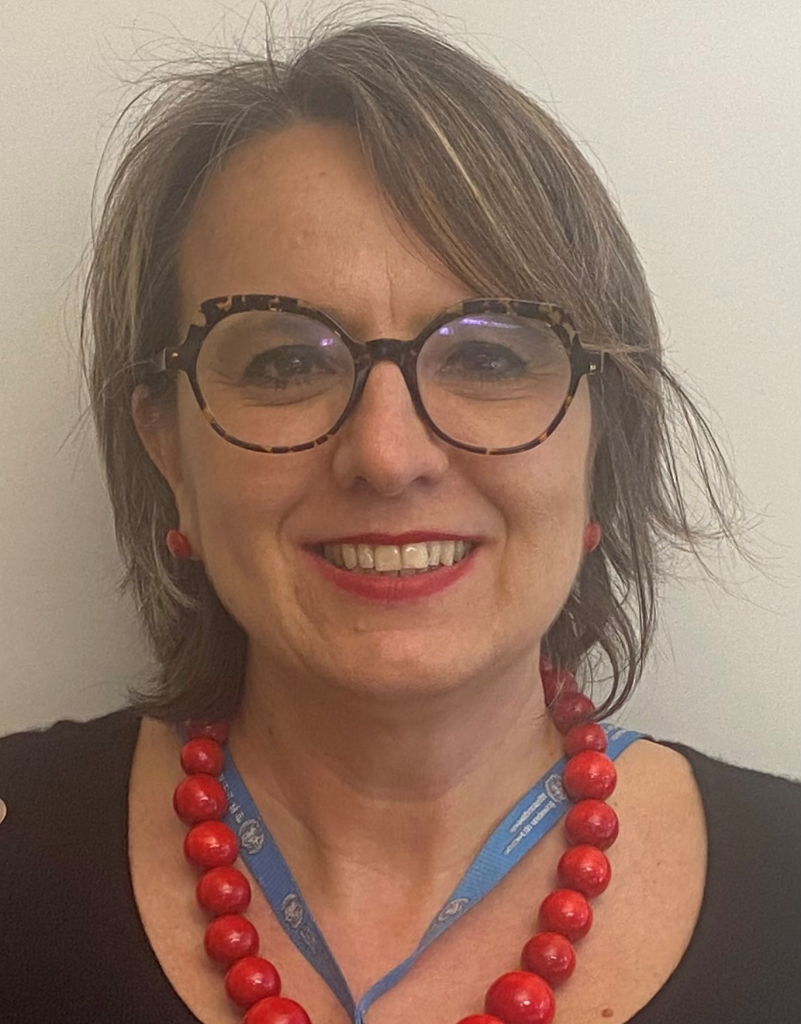
Benedetta Allegranzi
Benedetta Allegranzi is an infectious diseases specialist, with Diplomas in Tropical Medicine and Hygiene (University of Liverpool, UK) and Clinical Research (University of Geneva, Switzerland). From 1994 to 2006, she worked as infectious diseases and infection prevention and control (IPC) specialist and assistant professor at the University of Verona, Italy, as well as in Burundi, Malaysia and some other countries.
Since 2006, Dr Allegranzi works at the World Health Organization (WHO) Headquarters. She has been the Head of the WHO IPC Unit, in the Integrated Health Services Department, (Universal Health Coverage/Life Course Division) and the technical lead for the IPC Hub, Taskforce and the Global IPC Network, until March 2025. Since April 2025, she is the director of the Communicable Diseases Department at the WHO Regional Office for The Eastern Mediterranean.
She also has the title of adjoint professor, at the Faculty of Medicine of the University of Geneva, Switzerland, associated with the Infection Control Programme, at the University Hospitals of Geneva, and with the Global Health Institute.
With her teams, she has provided technical support to many countries in all WHO regions and has led research in the field of health care-associated infections, antimicrobial resistance, and IPC implementation and monitoring; she has been responsible for the development of many new global IPC guidelines and implementation strategies and tools, and two global campaigns on injection safety and hand hygiene (in 182 countries). She led the development of the WHO global strategy, global action plan and monitoring framework for IPC, adopted by Member States at the World Health Assemblies in 2023 and 2024.
She is leading or senior author of more 100 WHO official publications, and author or co-author of over 200 scientific publications, and author or editor of more than 20 scientific books or book chapters.
Speakers

Joseph Acolatse
Mr. Joseph Acolatse (B.Sc., P.G. Dip.)
Joseph Acolatse is a Ghanaian research scientist and clinical microbiologist at the Cape Coast Teaching Hospital, where he leads antimicrobial stewardship efforts and supports national initiatives. He recently completed the ESCMID Antimicrobial Stewardship Certificate Programme and has a background in Molecular Biology.
He serves as Ghana’s Principal Investigator for the Wellcome Trust-funded AWaRe-1 Trial and has served as a co-investigator on several international grants focused on antimicrobial resistance. His work has contributed to diagnostics and surveillance capacity, informed national stewardship protocols, and helped develop his institution’s first antibiotic stewardship policy.
Joseph acts as a member of the British Society for Antimicrobial Chemotherapy (BSAC) Antimicrobial Susceptibility Testing Committee and the Microbiology Society Impact and Influence Committee. His expertise spans laboratory quality systems and clinical microbiology, with a strong interest in evidence-based health policy.
He has authored and co-authored several research articles published in recognised peer-reviewed journals and actively contributes to national and regional AMR initiatives. As a science communicator, he has engaged diverse audiences on antimicrobial resistance and effective stewardship practices.

Damilola Adeniyi
Dr. Dami Adeniyi is a Lagos-based public health expert and Infection Control Consultant at the Centre for Infection Control and Patient Safety (CICaPS). He specializes in project management, policy formulation, leadership development, and team science. Additionally, he serves as the Training Coordinator for the Infection Control Africa Network (ICAN) West Africa Hub.
In 2021, Dr. Adeniyi led the pilot of the innovative US CDC Environmental Cleaning Program Toolkit at the Lagos University Teaching Hospital, focusing on implementing best cleaning practices within Low- and Middle-Income Countries (LIMCs). His work on Environmental Cleaning and the Toolkit pilot has resulted in presentations at various platforms, including the ICAN Conference, Infection Control Society of Southern Africa (ICSSA), and numerous communities of practice in the United States, Canada, and Brazil, among others.
Dr. Adeniyi has established multiple Infection Prevention and Control (IPC) programs and facilitated IPC training sessions for both public and private institutions, including the Nigeria Centre for Disease Control and Prevention (NCDC), Lagos State Ministry of Health (LSMOH), KAAF Medical Laboratory & Maternity Centre, Luxe Dental Clinics, and more. His dedication to advancing IPC practices in Nigeria has led him to contribute to the validation of the National Patient Safety and Care Quality Policy and Strategy, as well as the Legal Needs Assessment for IPC Legal Framework Development in Nigeria, among other key IPC guidelines.
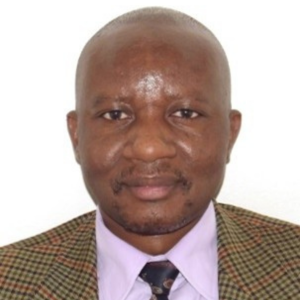
Elijah Adera
Regional Programme Manager – Water, Sanitation and Hygiene, WaterAid, Southern Africa
Mr. Elijah Adera is a senior Manager with more than 20 years’ extensive experience in programme development and management in various fields: water, sanitation and hygiene (WASH), health, economic empowerment/sustainable livelihoods, education, human rights and environment in developing countries. He holds an MPhil in Environmental Studies and a BA(Hons) degree in Economics and Management Studies from Moi University, Kenya. Elijah is currently working with WaterAid as Regional Programme Manager based in Pretoria, supporting the development and implementation of country and regional Water, Sanitation and Hygiene programmes in Southern Africa. Previous employment includes Regional Programme Manager with Skillshare International, Save the Children International and Oxfam GB. Other previous work experience includes CARE International as Programme Supervisor, German Agency for Technical Co-operation (GTZ) as Project Field Co-ordinator and University of the North-Qwaqwa Campus, South Africa as a Lecturer and Head of School of Development Studies and Conflict Resolution. Extensive experience in academic research, having successfully supervised master’s and post-graduate Honours students while teaching at the University.

Yewande Alimi
Dr. Yewande Alimi is an esteemed professional, holding a Doctor of Veterinary Medicine from the University of Ibadan, Nigeria, and a Master of Public Health from the University of Nottingham, United Kingdom. She serves as the One Health Unit Lead at Africa CDC and co-leads the Africa Union Task Force on AMR.
Dr. Alimi has been pivotal in developing and executing comprehensive strategies that seamlessly integrate human, animal, and environmental health concerns.
Under her visionary leadership, Africa CDC has established crucial programs addressing AMR, zoonotic diseases, food safety, and climate change, effectively addressing critical One Health issues across the African continent. Dr Alimi’s impact extends globally as she serves on multiple advisory boards and groups, advocating for global health equity and gender equality.
With over a decade of expertise, Dr. Alimi has significantly strengthened the technical capacity of African Union Member States in preventing and controlling infectious diseases using a One Health approach. She is recognized as a Subject Matter Expert in One Health and holds advisory and committee roles at esteemed institutions.

Jim Ayukekbong
Dr. Jim Ayukekbong is an infectious disease epidemiologist and the Vice President of Infection Prevention and Control for Southbridge Healthcare in Canada. He is the Editor-in-Chief of the Canadian Journal of Infection Control and author of the book, Infection Prevention and Control Guide for Healthcare Professionals. His research focuses on the molecular epidemiology of enteric and respiratory viruses and has published several articles on the discovery, transmission and control of emerging viruses. He also periodically reviews articles for several international scientific journals. Dr. Jim is a guest lecturer of the Fundamentals in Infection Prevention and Control course organized by Infection Control African Network.
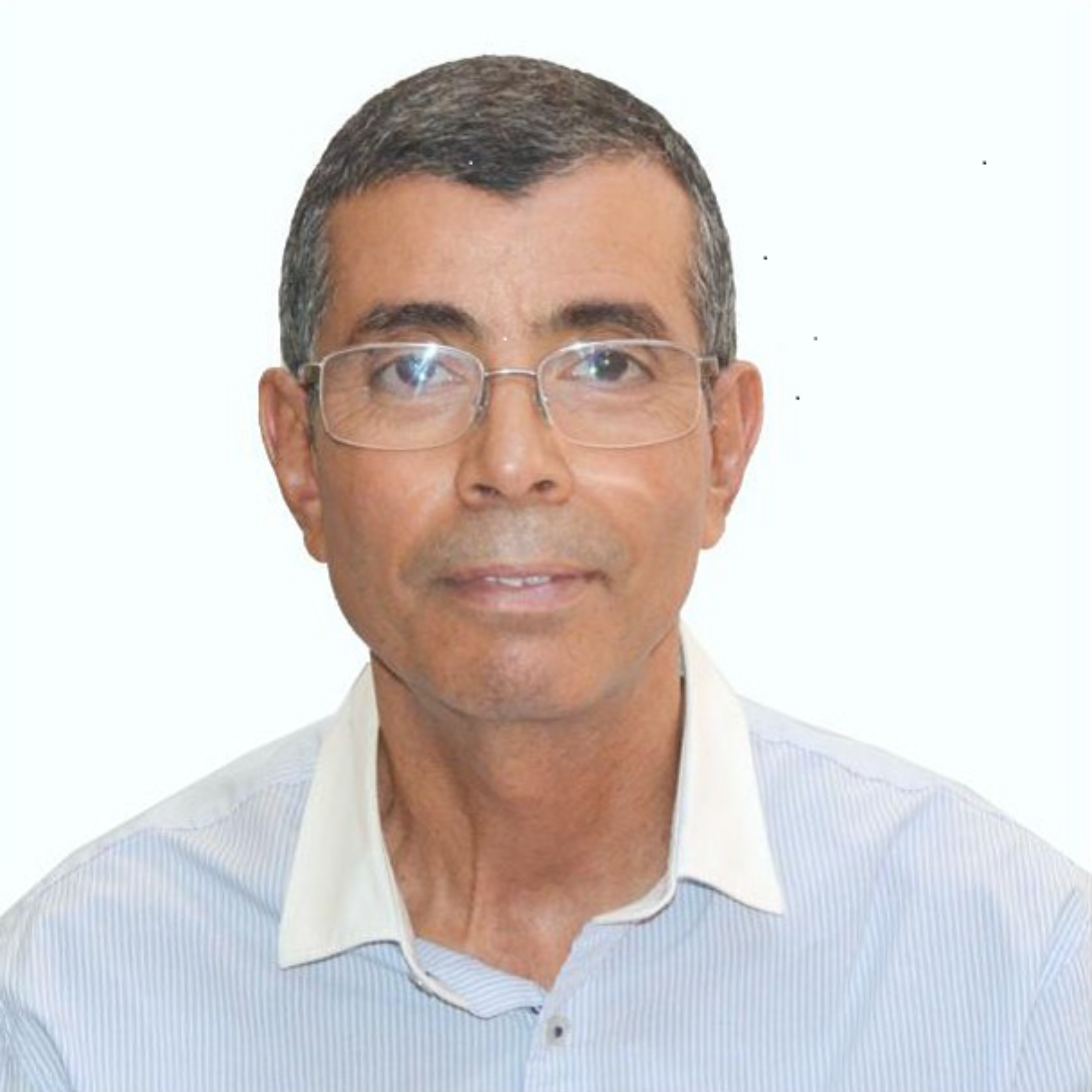
Chedly Azzouz
Chedly Azzouz, a retired Tunisian “professeur paramedical”, is an internationally recognized expert in infection prevention and control (IPC). He currently serves as the Chair of the Infection Control Africa Network (ICAN) and is a consultant for the World Health Organization (WHO).
A rich experience at the beginning of his career in the practice of care in several health care specialties including ENT, operating room, sterilization, hemodialysis, emergencies, harvesting and renal transplantation, palliative care, infectious diseases, hospital hygiene and IPC. During his professional career, he continued to progress and follow several national and international certifications training courses, including Health Science Education, Research, Palliative Care, Health Economics, Healthcare Services Management, Hospital Hygiene and IPC, WASH in Health Care Facility, Infectious Diseases, Epidemic Management, etc.
From 2014 to 2023, he worked as an IPC consultant for WHO, providing critical technical support to numerous countries during their preparedness and response efforts for outbreaks and epidemics, including Ebola, COVID-19, and Cholera. His extensive experience in IPC and WASH in health care facility spans several countries such as Mauritania, Guinea, Burkina Faso, Burundi, Togo, the Democratic Republic of Congo, Malawi, Papua New Guinea, Madagascar, and more.
Prof. Azzouz has played a pivotal role in developing IPC training curricula, guidelines, implementation strategies, and tools across multiple African nations. As a contributor to the WHO headquarters on behalf of the WHO Africa Regional Office, he was instrumental in the creation of the Global IPC Strategy, Global IPC Action Plan, and Monitoring Framework.
In 2022 to 2025, he served as an external reviewer for key WHO publications, including the “Guidelines for the Prevention of Bloodstream Infections and Other Infections Associated with the Use of Intravascular Catheters” and the “Infection Prevention and Control In-Service Education and Training Curriculum.”, “Mpox outbreak response: IPC and WASH strategy and key actions”, “Infection prevention and control (IPC) principles and procedures for mpox vaccination activities”, “User guide for Ebola disease and Marburg disease IPC and WASH rapid assessment tool (RAT) for health facilities”, “ Mpox outbreak response: IPC and WASH strategy and key actions” “Clinical management and infection prevention and control for mpox”.
In 2023, he led the development of several pivotal resources for the WHO Africa Regional Office, such as the “Practical Guide for the Development of Consolidated National IPC Guidelines” and the “Infection Prevention and Control In-Service Training Guide and Curricula Description,” as well as a suite of training modules tailored for three distinct curricula.
Prof. Azzouz has conducted evaluations of national IPC programs, supported the development of improvement strategies and action plans, and contributed to the revision or creation of national IPC guidelines and training programs in various countries.
An active participant in international congresses and conferences, he has attended events like ICPIC 2019 and 2023 in Geneva, G-SPARC 2024 in Hyderabad India. Prof. Azzouz is also a prolific author and co-author of several scientific publications and has mentored numerous research projects.
He holds memberships in esteemed organizations, including the Infection Control Academy of India (ICAI), Infection Prevention and Control Canada (IPAC), the Australasian College for Infection Prevention and Control (ACIPC), and is an active member of the WHO IPC Global Community of Practice platform.

Amy Elizabeth Barrera-Cancedda
Amy Elizabeth (E-beth) Barrera-Cancedda is a Senior Technical Advisor in Infection Prevention and Control (IPC) for the Resilient Health Services Team at Resolve to Save Lives. With 15 years of experience in epidemic response, health systems strengthening, and implementation science, E-beth has worked across a variety of global settings and has extensive expertise in IPC program development and preparedness experience – all with a focus on keeping frontline healthcare workers safe.
Throughout their career, E-beth has held key roles in organizations such as Partners In Health and the World Health Organization (WHO). In 2010, she served as a Technical Advisor for IPC in Multi-drug-Resistant Tuberculosis (MDR-TB) programs at Partners In Health, later becoming the Director of IPC during the 2014-2016 West African Ebola Virus Disease (EVD) outbreak in Sierra Leone. During the COVID-19 pandemic, E-beth worked with the WHO AFRO branch in Brazzaville, Congo, where she developed rapid IPC guidelines, tools, and training materials for healthcare workers in response to the global health crisis.
In 2020, E-beth joined Resolve to Save Lives, where she provides technical guidance on IPC to promote frontline healthcare worker safety in 10 African nations. During this time, E-beth has played a key role in securing national IPC budgets for two countries through policy and advocacy efforts. Additionally, she facilitated the implementation of the “Epidemic-ready Primary Healthcare,” an innovative initiative that ensures primary healthcare workers are equipped to rapidly detect, protect, and treat suspected cases of priority pathogens while maintaining essential health services.
E-beth earned a Bachelor of Science and a Master of Public Health from Emory University, where she studied Anthropology and Global Health. She also holds a Doctoral degree and a Bachelor of Science in Nursing from the University of Pennsylvania.

Leonard Bikinesi
Dr. Leonard Bikinesi, Project ECHO Africa Consultant
Dr. Bikinesi is a specialist family physician and HIV technical expert with 15 years of clinical experience involving HIV and TB care, treatment, prevention, public health, and quality improvement. He is the Program Director of IntraHealth Namibia and has also served as the Chief Clinical Mentor at the Ministry of Health and Social Services (MHSS) through 2024, leading Namibia’s Clinical Mentorship Program and the ECHO program, which provides ongoing capacity building to healthcare workers on HIV, TB, and STI care, treatment, and support. The Namibia ECHO program has been running since 2015.
Dr. Bikinesi is a key regional ECHO Consultant. In addition, he has provided strategic technical guidance to multiple African countries as a consultant working closely with Ministries of Health, WHOAFRO, and other NGOs. In this role, he has supported them to set up and implement clinical mentorship and Extension for Community Health Outcomes (ECHO) programs. His area of interest includes HIV drug resistance, workforce development, and research.

Antoinette Bediako-Bowan
Prof Antoinette Afua Asiedua Bediako-Bowan is the principal investigator of the ICARS -Ministry of health of Ghana project on Antibiotic use in Surgical Services in Ghana.
Her research interests include improving infection control practices in hospitals in Ghana to reduce hospital-acquired infections, specifically surgical site infections, proper antibiotic use in surgical services, having had her PhD work in developing a surveillance system for surgical site infections in a teaching hospital in Ghana.
Professional background: She is a certified General surgeon by training, and a Colorectal surgeon by practice, offering surgical services, mainly for colorectal diseases, with research interests also in colorectal diseases, especially colorectal cancers, defining its incidence and treatment outcomes. She is involved in the training of General surgeons in Ghana with both the West African College of Surgeons and the Ghana College of Physicians and Surgeons, and fellowship training of Colorectal surgeons with the Ghana College of Physicians & Surgeons.
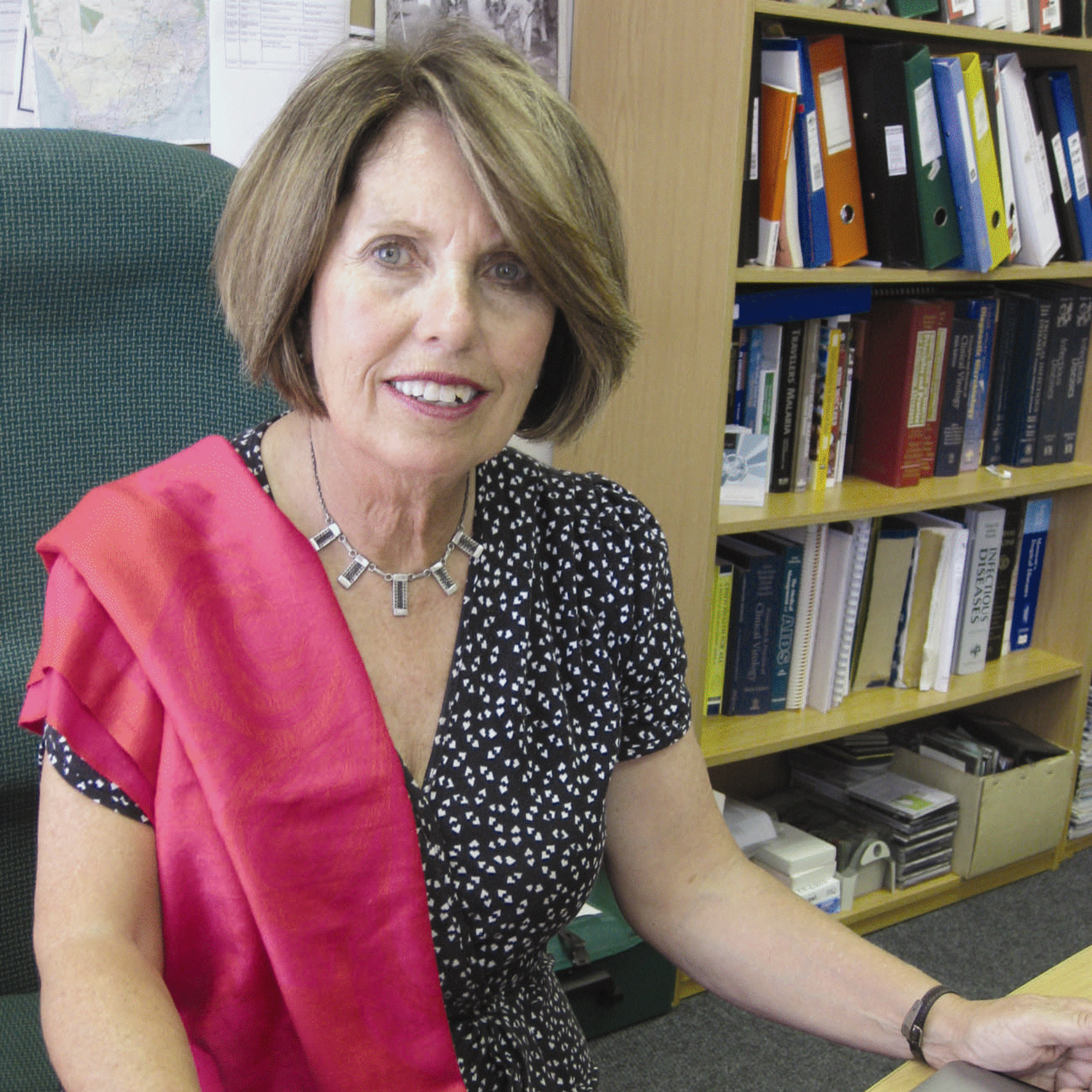
Lucille Blumberg
Professor Lucille Blumberg is an infectious diseases physician and medical microbiologist. She currently has honorary appointments at the National Institute for Communicable Diseases, the Universities of Stellenbosch (Medical Microbiology) and University of Pretoria (Faculty of Veterinary Sciences), South Africa. Her focus is on outbreak prevention and response, emerging diseases, travel-related infections, the viral haemorrhagic fevers, malaria and zoonosis especially rabies. She is the current chair of the Strategic Advisory Group for Infectious Hazards for the WHO Emergencies Programme and a member of the scientific advisory group for the WHO Neglected Tropical Diseases programme. She is a long-standing member of the National Rabies Advisory Group in South and is the previous chair of the South African Malaria Elimination Committee (SAMEC). Prof Blumberg has been involved in the prevention, detection and responses to a number of communicable disease outbreaks including cholera, typhoid, rabies, the Viral Haemorrhagic Fevers (Lujo, Rift Valley fever, Ebola), influenza (pandemic A H1N1, and Avian Influenza A H5N2) and diphtheria. Her special interests are in malaria, rabies, other zoonoses, East African Trypanosomiasis, travel and tropical medicine and border health issues. She has worked with Right to Care as a Technical Scientific Advisor since 2021.

Cat Makison Booth
Cat is a microbiologist by training with over 20 years of experience of working on an extensive range of multidisciplinary and bespoke projects within biosafety, biosecurity, and health security sectors. She has worked for the UK Health and Safety Executive (HSE), World Health Organization (WHO), and currently for the UK Public Health Rapid Support Team (UK-PHRST). Cat has delivered rapid advice on personal protective equipment (PPE) as part of the UK government response to Public Health Emergencies of International Concern (PHEIC), including Influenza, Ebola and COVID-19. She has also been responsible for the development of several guidance articles, including the WHO’s Laboratory Biosafety Manual (4th Edition, LBM4), and the UK’s risk assessment algorithm for the Management of Viral Haemorrhagic Fevers and other Diseases of High Consequence guidance for the Advisory Committee on Dangerous Pathogens (ACDP). Cat is best known for her work on the effectiveness of PPE and decontamination systems including the development of a novel simulated vomiting system (Vomiting Larry) to study survival and spread of Norovirus, which has since been used as part of an assessment and training tool for evaluating PPE ensembles and doffing procedures when managing patients with suspected High Consequence Infectious Diseases (HCIDs). Cat is currently working with various partners on several studies including an evidence review of high-risk procedures and through the air transmissible (TTAT) pathogens; a case study on gender equity and Infection Prevention and Control (IPC) implementation; and a gap analysis and research prioritisation exercise for IPC in Public Health Emergencies (PHE).

Andre Bulabula
Prof. Andy Bulabula is a Medical Doctor with specialist training in Infection Prevention and Control (IPC) and a Clinical Epidemiologist with a PhD in Public Health. He currently serves as IPC Unit Lead at Africa CDC Headquarters in Ethiopia, where he provides strategic leadership on IPC, health system resilience, and pandemic preparedness and response across Africa.
He is an Associate Professor at the Catholic University La Sapientia of Goma (DRC), where he teaches public health, IPC, and research methods. He is also the Founder of IPC Academy Online Inc., a Canada-based platform offering high-quality IPC training accessible worldwide for emerging professionals.
Prof. Bulabula contributes to IPC education globally, teaching in specialist programs at ICAN–Radboud University (Netherlands), and has developed a contextualized foundational IPC course at the University of Kinshasa.
A former Executive Board Member of the Infection Control Africa Network (ICAN), he has contributed to major global health initiatives in antimicrobial resistance (AMR), healthcare-associated infections, vaccine rollouts, and workforce development. He was the Clinical Lead for the Gates Foundation–funded BARNARDS project on AMR in neonates and served as Senior Clinical Researcher at Stellenbosch University.
He has supervised PhD students in partnership with Vrije Universiteit Amsterdam, Stellenbosch University, and the University of Lubumbashi. He is a member of several WHO Guideline Development Groups (GDGs) for IPC and emergency guidance and was recognized as an ISID Emerging Leader (2016–2020).
He is a frequent international speaker, policy advisor, and journal reviewer, committed to advancing equitable, resilient health systems.
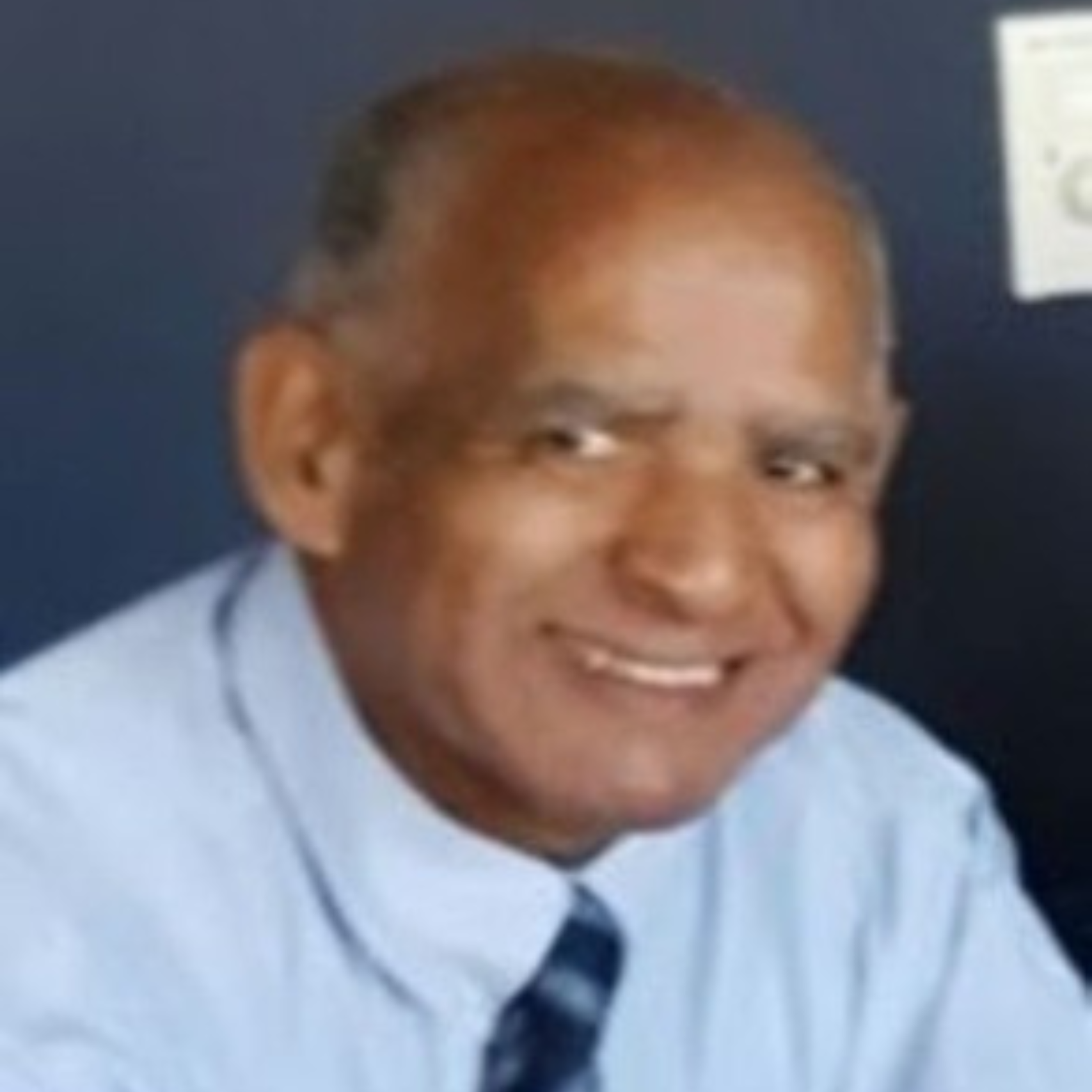
Terence Carter
Dr Terence Carter (MBChB, DCH, DHM, Cert. Coaching & Mentoring) is a seasoned health systems expert with extensive experience in strategic and operational management across hospitals, primary care services, and health districts. He has held senior leadership roles, including Deputy Director General in the National Department of Health, and CEO of major hospitals such as Groote Schuur and Tygerberg. Dr Carter has worked with global organisations like WHO and CHAI, and currently serves as an independent contractor supporting health system strengthening in South Africa. His career spans clinical, managerial, and advisory roles in both public and private sectors.
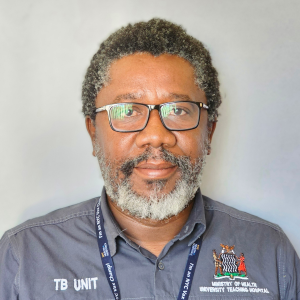
Duncan Chanda
Duncan Chanda is an Infectious Diseases physician-scientist practising at the University Teaching Hospital (UTH), Lusaka. He is a member of the Antimicrobial Resistance Coordinating Committee (AMRCC) of the Zambia National Public Health Institute (ZNPHI), where he chairs the TWG on Rational Use of Antibiotics. He is also chair of the University Teaching Hospital Antimicrobial Stewardship Committee (AMS) and is a member of the Infection Prevention and Control of the University Teaching Hospital. His research interests include AMR, HIV/AIDS and Opportunistic Infections, Clinical Trials, Health Systems and Implementation Science. He has more than 50 publications in peer-reviewed journals. He is a Fellow of the Royal College of Physicians of Edinburg, and he is the current president of the Zambia College of Physicians (ZACOPH). He is also a member of the National Research Ethics Research Authority (NHRA) Ethics Board. He is an honorary lecturer at the University of Zambia and APEX Medical University, where he is involved in teaching and supervising postgraduate students.
Dr Chanda is a graduate of the University of Zambia School of Medicine. He has further postgraduate training from Nagasaki Institute for Tropical Medicine (Japan), Luassane University (Switzerland) and the London School of Hygiene and Tropical Medicine.
Currently, he holds grants from EDCTP, ANRS and the International Centre for Antimicrobial Resistance Solutions (ICARS). His collaborations include TESA Network (with 15 other institutions in Africa, 3 in Europe), the University of Bordeaux and UCL among others.

Joseph Chizimu
Dr. Joseph Chizimu, Zambia National Public Health Institute
Doctor of Infectious Diseases, Dr Chizimu has worked as the Antimicrobial Resistance National Focal Point and Coordinator at the Zambia National Public Health Institute (ZNHPI) since 2022 and serves on the Hub Team for the Zambia AMS ECHO Program. Operating under the Ministry of Health, ZNHPI seeks to improve health of all Zambians through coordinating priority public health and health security activities and resources; leveraging strong partnerships at the international, national, and sub-national levels; generating and analyzing scientific evidence for advocacy, policies and programs; and prioritizing public health functions. It serves as the Secretariat to the national AMRCC and is responsible for coordinating the implementation of Zambia’s Multi-sectoral National Action Plan on Antimicrobial Resistance.
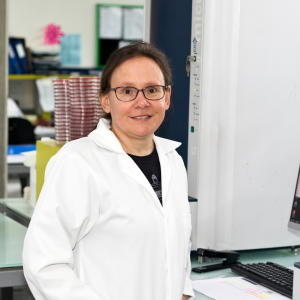
Jennifer Coetzee
Qualified as a clinical microbiologist from University of Witwatersrand, and spent time working as a consultant at Chris Hani Baragwanath Hospital. Currently working as a consultant clinical microbiologist at Ampath’s National Reference Laboratory in Centurion, Gauteng, and the Life Groenkloof hospital in Pretoria.
Involved in the antimicrobial stewardship committees of several hospitals in Pretoria, and the clinical management of oncology and ICU patients.
My research interests include documenting the emergence of carbapenemases in South Africa, and the epidemiology of invasive fungal infections.
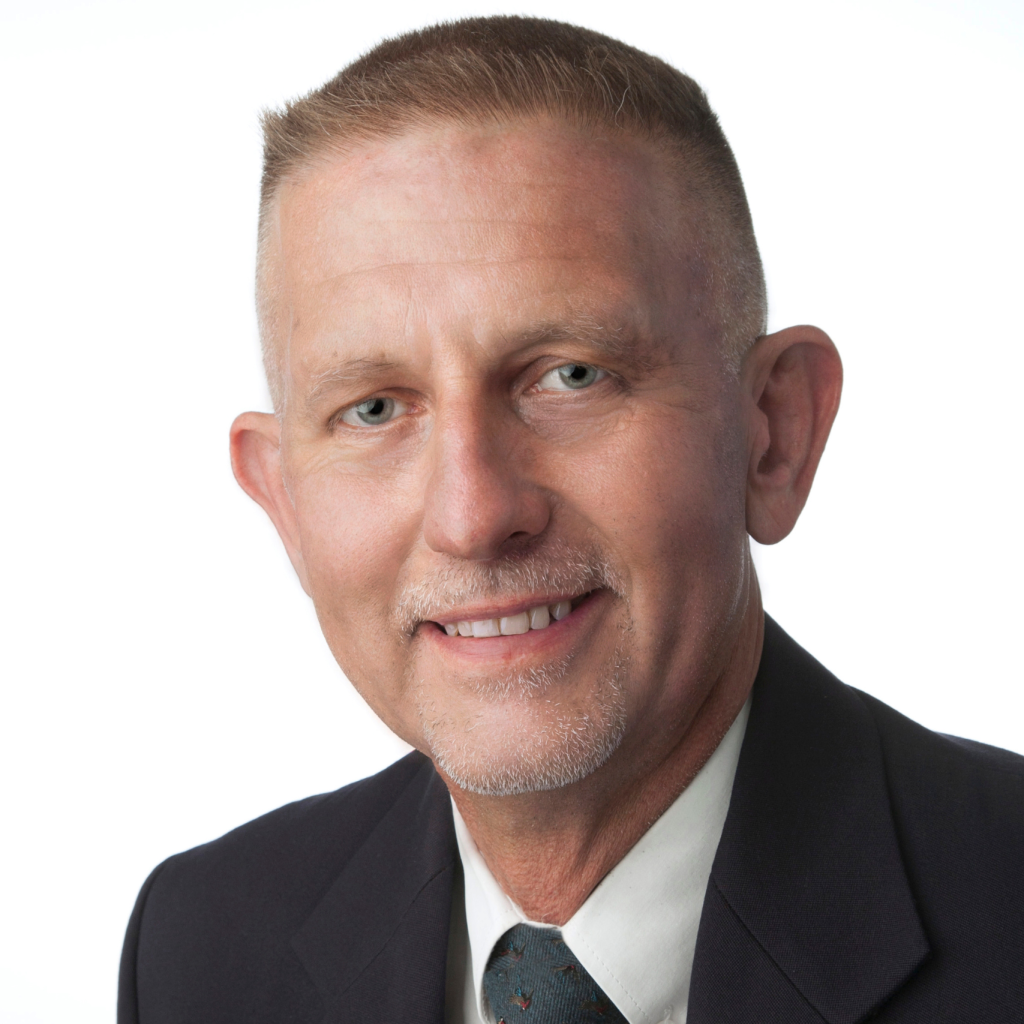
Albert de Frey
Medical professional with a career dedicated to travel medicine and public health.
Committed to providing comprehensive health risk management solutions to corporate clients and advancing the field of travel medicine through education, research, and international collaboration.
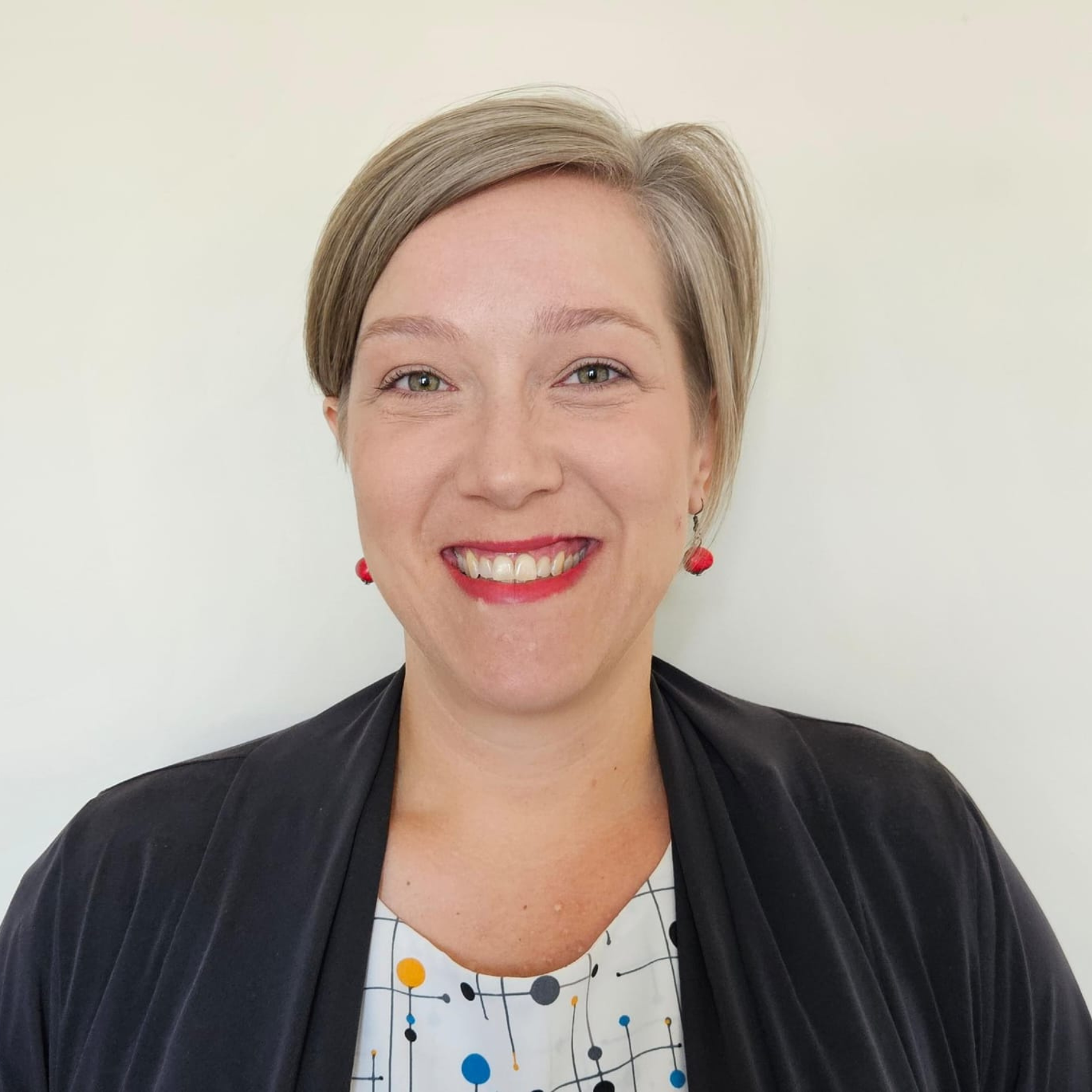
Elizma de Klerk
With 20 years of experience in the healthcare industry, Elizma has developed a deep understanding of the complexities of healthcare and the importance of empowering frontline staff. Currently, she serves as the IPC (Infection Prevention and Control) Manager at a private hospital in Paarl, Western Cape, a role she has held for six years.
Elizma holds a Diploma in Nursing (2007) and a Diploma in Nursing Administration from the University of Stellenbosch (2014). She has further enhanced her expertise with an International Postgraduate Diploma in Infection Prevention and Control (2022) from Radboud University and ICAN.
Elizma is driven by a passion for empowering frontline staff, particularly cleaners, to take ownership of their critical role in infection prevention. Her ongoing project, “Improving Cleaning by Empowering Cleaners,” aims to educate, acknowledge, and uplift cleaners, recognizing their vital contribution to patient safety. Through this work, Elizma seeks to create a culture of appreciation and respect for these unsung heroes.

Neels de Waal
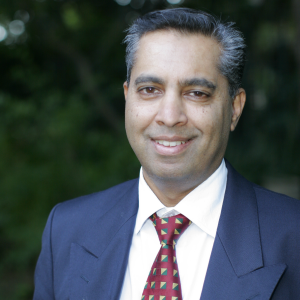
Keertan Dheda
Professor Keertan Dheda
Department of Medicine, University of Cape Town
Professor Keertan Dheda is currently Head of the Division of Pulmonology at the University of Cape Town, Director of the Centre for Lung Infection and Immunity at UCT, and Professor of Mycobacteriology and Global Health at the London School of Hygiene and Tropical Medicine. He obtained his degrees from The University of the Witwatersrand and University College London (PhD in immunology).
His research work has focussed on the pathogenesis, diagnosis and management of respiratory infections including TB. He serves or has served on several international academic and advisory bodies including those of the WHO, NIH, Wellcome Trust, and the editorial boards of the American Journal of Respiratory and Critical Care Medicine, Lancet Respiratory Medicine, and the British Medical Journal. He has published over 392 peer-reviewed manuscripts (H index of 104) and is a co-inventor on 8 patents related to diagnostics and vaccines.
His work has been acknowledged through a number of global and local awards including the International Union TB and Lung Disease award, European Union Scientific Leadership Award, the South African MRC Platinum Lifetime Award, the Academy of Science of South Africa Gold Medal, and the Oppenheimer Award.
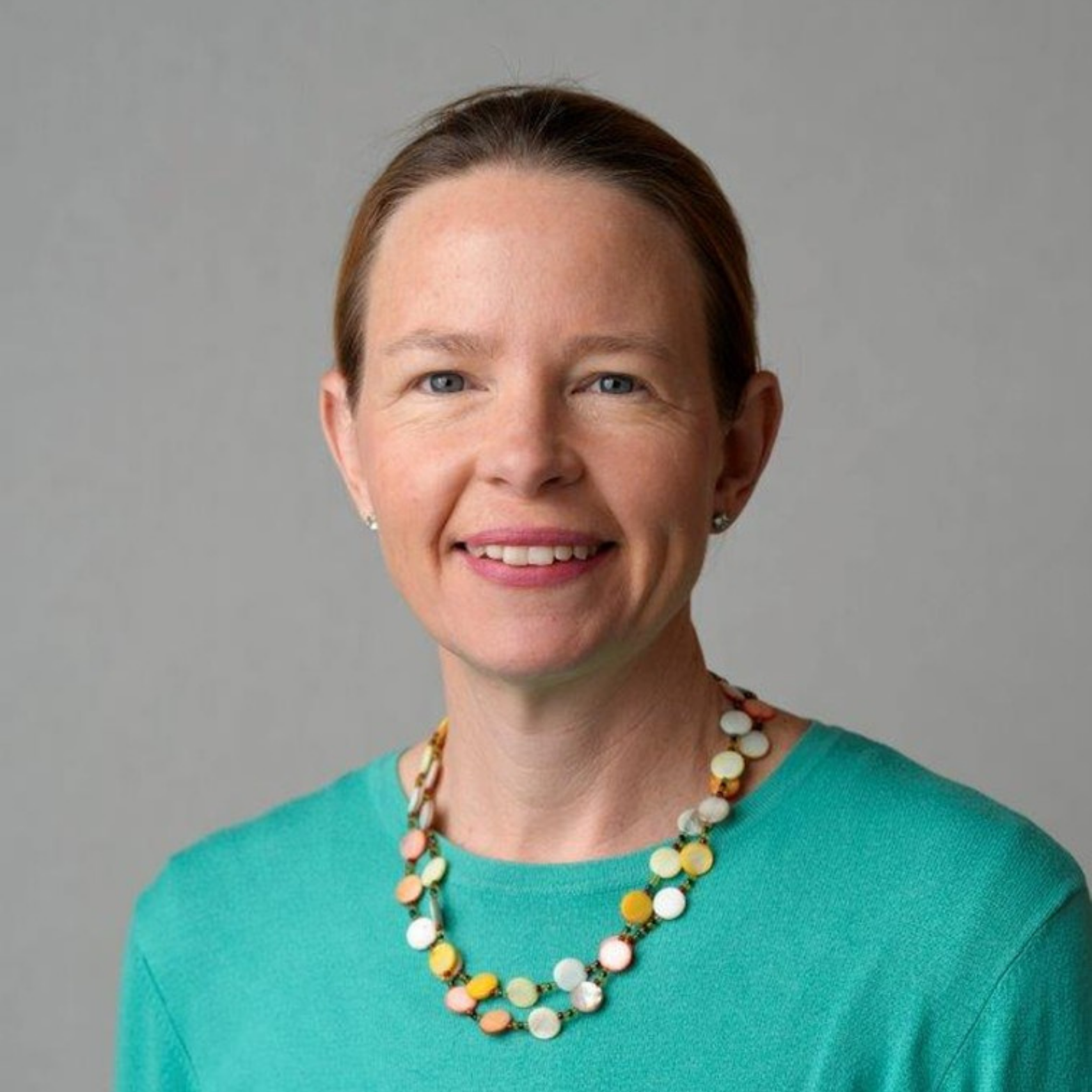
Angela Dramowski
Professor Angela Dramowski is a Paediatric Infectious Diseases sub-specialist and Head of Clinical Unit: General Paediatrics at Stellenbosch University-Tygerberg Hospital in Cape Town, South Africa. Her research is focused on the epidemiology, diagnosis, treatment and prevention of neonatal bacterial and antibiotic-resistant infections. She is passionate about patient safety and data-driven improvements in the quality of hospital care for neonates and children.
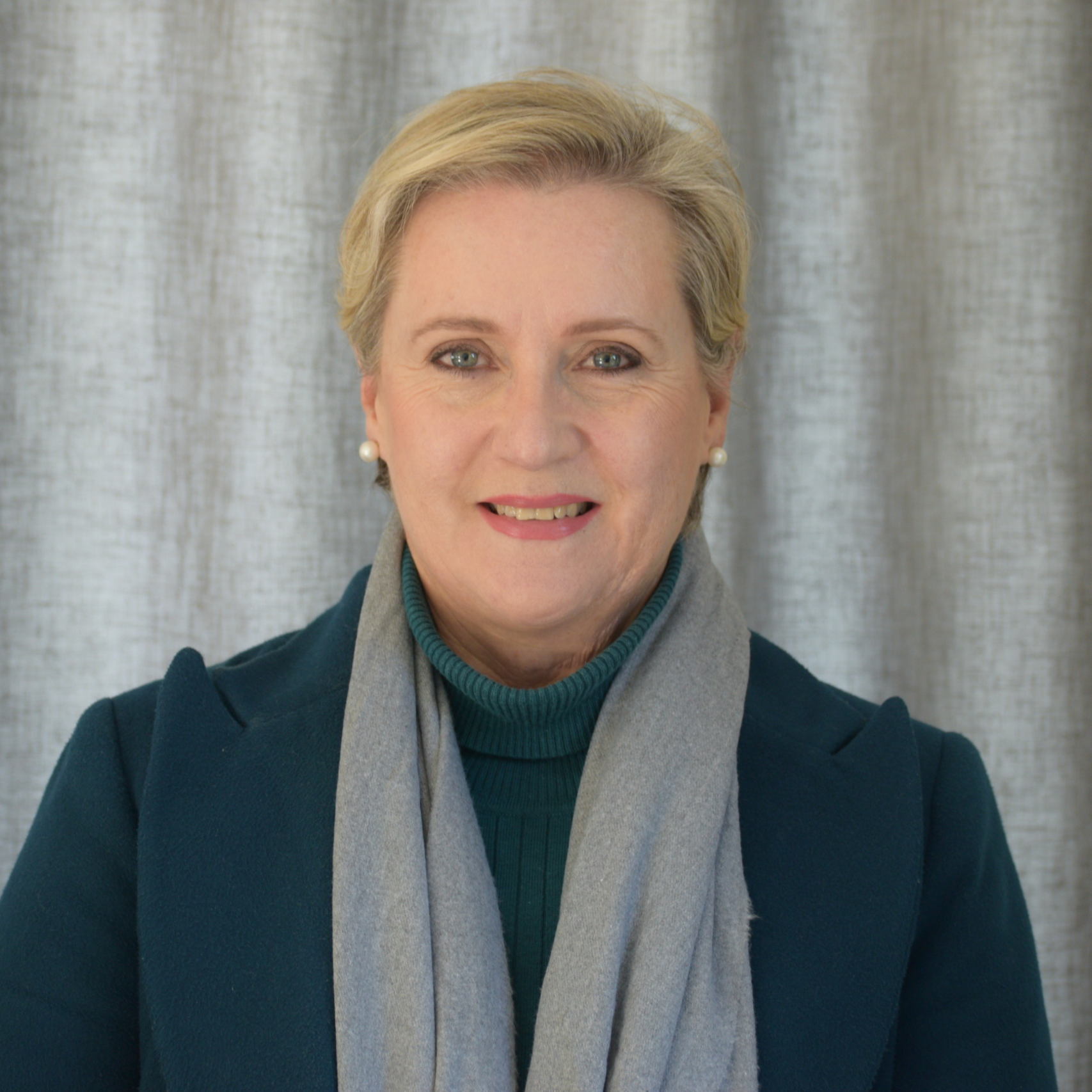
Briette du Toit Ludick
Briëtte is currently working as an independent Infection Control Consultant and has done several contacts for the World Health Organisation. Briëtte was previously the Programme Manager and Training Coordinator of the International Post Graduate Diploma in Infection Prevention and Control (IPC) presented by ICAN and the University of Radboud, Netherlands. She was also responsible for the development and implementation of the IPC programme in Mediclinic Southern Africa for 17 years.
Briëtte has vast experience in all aspects of IPC programme development. She was part of the South African Ministerial Advisory IPC subcommittee and assisted with the development of the South African IPC Strategic Framework and Implementation manual. Briëtte is the vice chair of the Infection Control Society of Southern Africa (ICSSA).
Briëtte is a Professional nurse with a postgraduate diploma and Master’s degree in IPC and has completed a certificate course at Harvard University in Airborne Infection Control. Briëtte presented at several national and international conferences and co-authored several articles and guidelines.
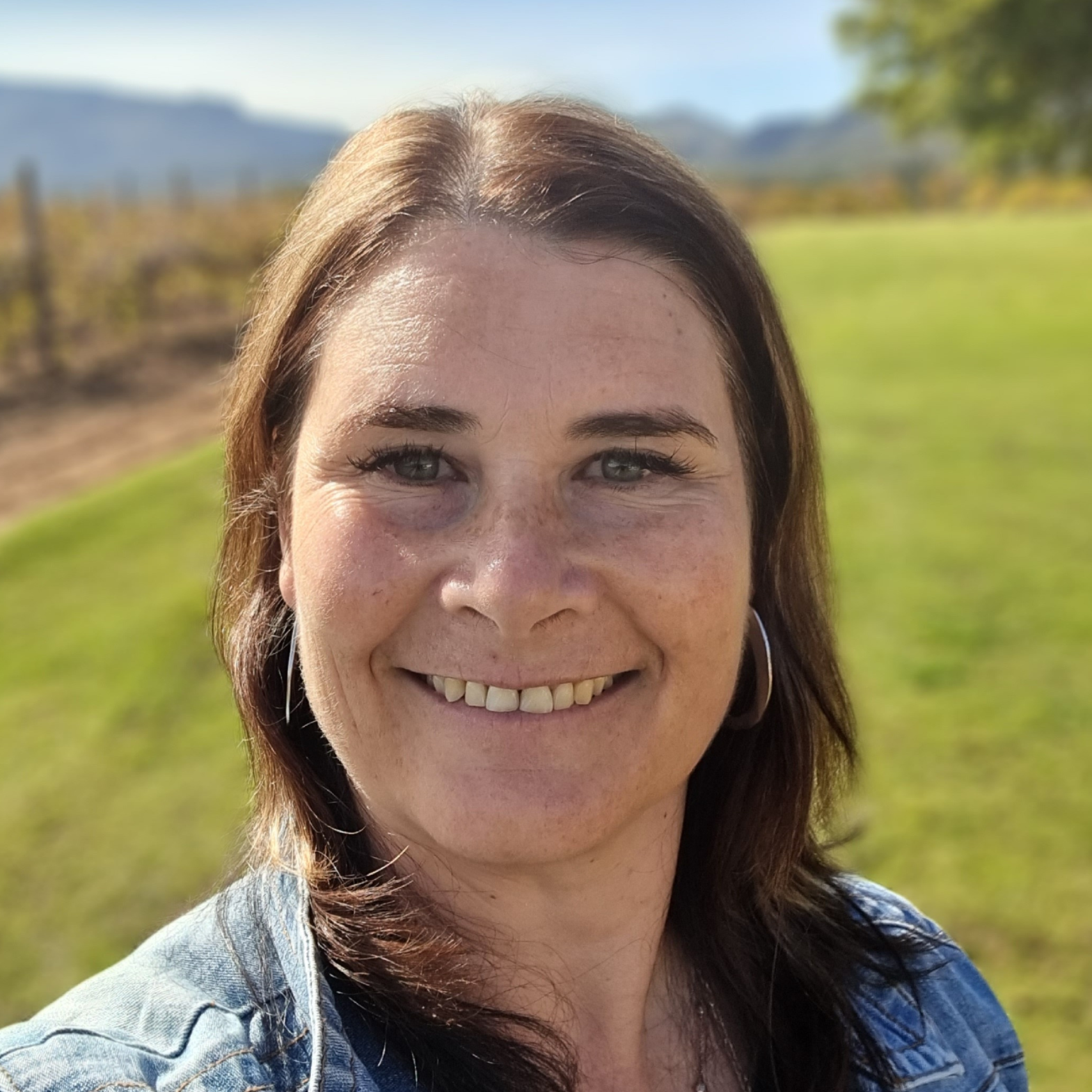
Heather Finlayson
Heather is an experienced infectious diseases paediatrican with over 15 years experience in the South African public sector. She is a lecturer at Stellenbosch University and provides clinical care at a tertiary training hospital in Cape Town, South Africa, where she leads the antimicrobial stewardship team. She has served two terms on the Ministerial Advisory Committee for Antimicrobial resistance where she led a national antibiotic point prevalence survey of 60 hospitals in 2023. Besides a passion for antimicrobial resistance and stewardship she is driven by data based quality improvement and a value based healthcare approach which lead her to completing an MBA in 2020. She has experience in outbreak control, managing measles outbreak within South Africa in 2010 and supporting the Ebola epidemic in Sierra Leone in 2015. She supports equitable access to all antimicrobials including less resourced areas and has recently been involved in programmes strengthening antibiotic supply chain in lesser resourced settings. Other interests include infection prevention control including vaccination programmes as well as the management of complicated and drug resistant TB in children.
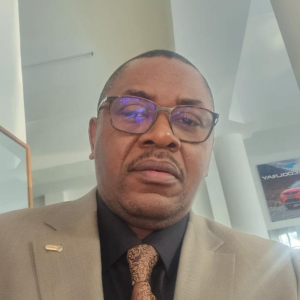
Kayoko Gilbert
Dr. Gilbert KAYOKO TSHIFUAKA, MD, MPH, is a seasoned public health and emergency response professional with over 15 years of national and international experience in managing complex health emergencies and strengthening health systems across Sub-Saharan Africa. He currently serves as the Emergency Preparedness and Response (EPR)/WHE Team Lead and Incident Manager for the World Health Organization (WHO) in Madagascar. In his past career, Dr. Kayoko has worked with several humanitarian organizations, including the International Rescue Committee (IRC), International Medical Corps (IMC), and CARE International, in countries such as Guinea, Chad, Sierra Leone, Niger, and the Democratic Republic of Congo.
Dr. Kayoko holds a Doctorate in Medicine from Notre Dame University of Kasai (DRC), a Master of Public Health from Texila American University, a Certificate in Disaster Management from the Tata Institute of Social Sciences (India) and is currently pursuing an MBA with UNICAF. He is also a PhD candidate in Public Health.
He has spearheaded preparedness and response for major crises—plague, COVID-19, cholera and severe malnutrition—leveraging expertise in the Incident Management System, emergency-operations-center set-up, infection prevention and control, strategic health planning and inter-agency coordination. Widely respected for rigorous, equity-focused leadership, he has mobilized over USD 10 million for health-oriented emergency interventions and, fluent in French and English, shapes WHO policy dialogues at regional and global levels.
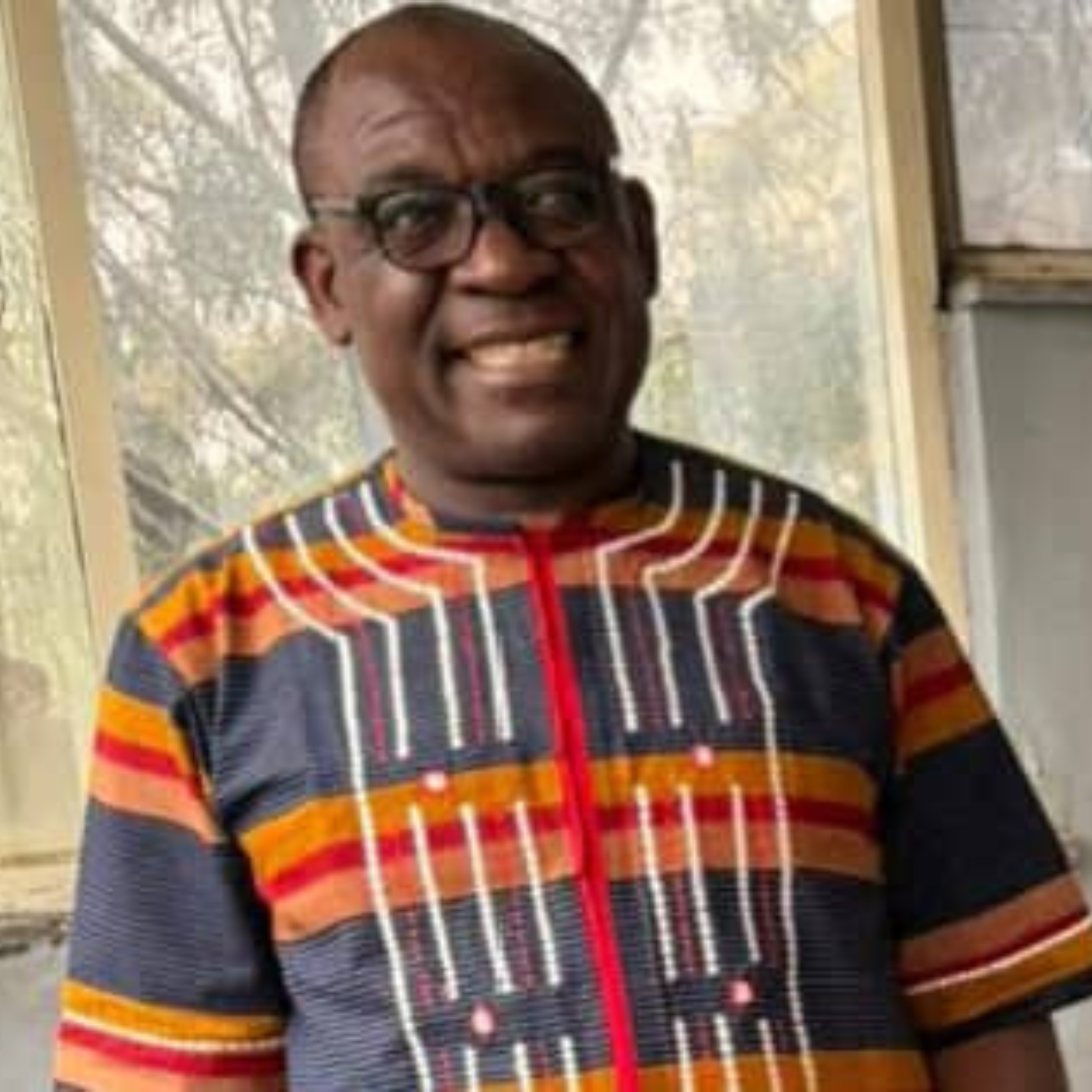
Nkwan Jacob Gobte
Nkwan Jacob was the pioneer IPC nurse of Banso Baptist Hospital (BBH) from 2002 to 2007, and IPC supervisor of the Cameroon Baptist Convention Health Services CBCHS) from 2011 to 2019. As a visionary leader, he conceived and implemented several IPC improvement projects, the most important being the local production of Alcohol Based Hand Rub (ABHR) which revolutionised hand hygiene practices and significantly led to the successful elimination of neonatal sepsis in the maternity units of the CBCHS. Jacob has been coordinating the Fundamental of Infection Prevention & Control (FIPC) since 2023, which is a six-month IPC course offered by the Infection Control Africa Network (ICAN). He is a board member as well as the Honorary Secretary of ICAN, board member of International Federation of Infection Control (IFIC) since 2021, and member of the Society for Health Care Epidemiology of America (SHEA), Association of Professionals in Infection Control and Epidemiology (APIC) as well as Infection Prevention and Control Association (IPAC), Canada. He has published several IPC research articles.

Chetna Govind
She is a UKZN Medical School Graduate completing her studies in 1991. She went on to complete her specialist training as a microbiologist at the same university in 2001. She has since worked in both the public and private sectors. Since 2008, she has been practising as a clinical microbiologist at Lancet Labs, KZN.
She has served on the societies below:
- Past Chairperson of the South African Society of Clinical Microbiologists (SASCM): 2014-2017
- Member of the South African Antimicrobial Stewardship Programme
- Past chair of the Ministerial Advisory Committee on Antimicrobial Resistance
She has also authored a number of peer-reviewed journal articles.
Dr Govind is passionate about antimicrobial stewardship.
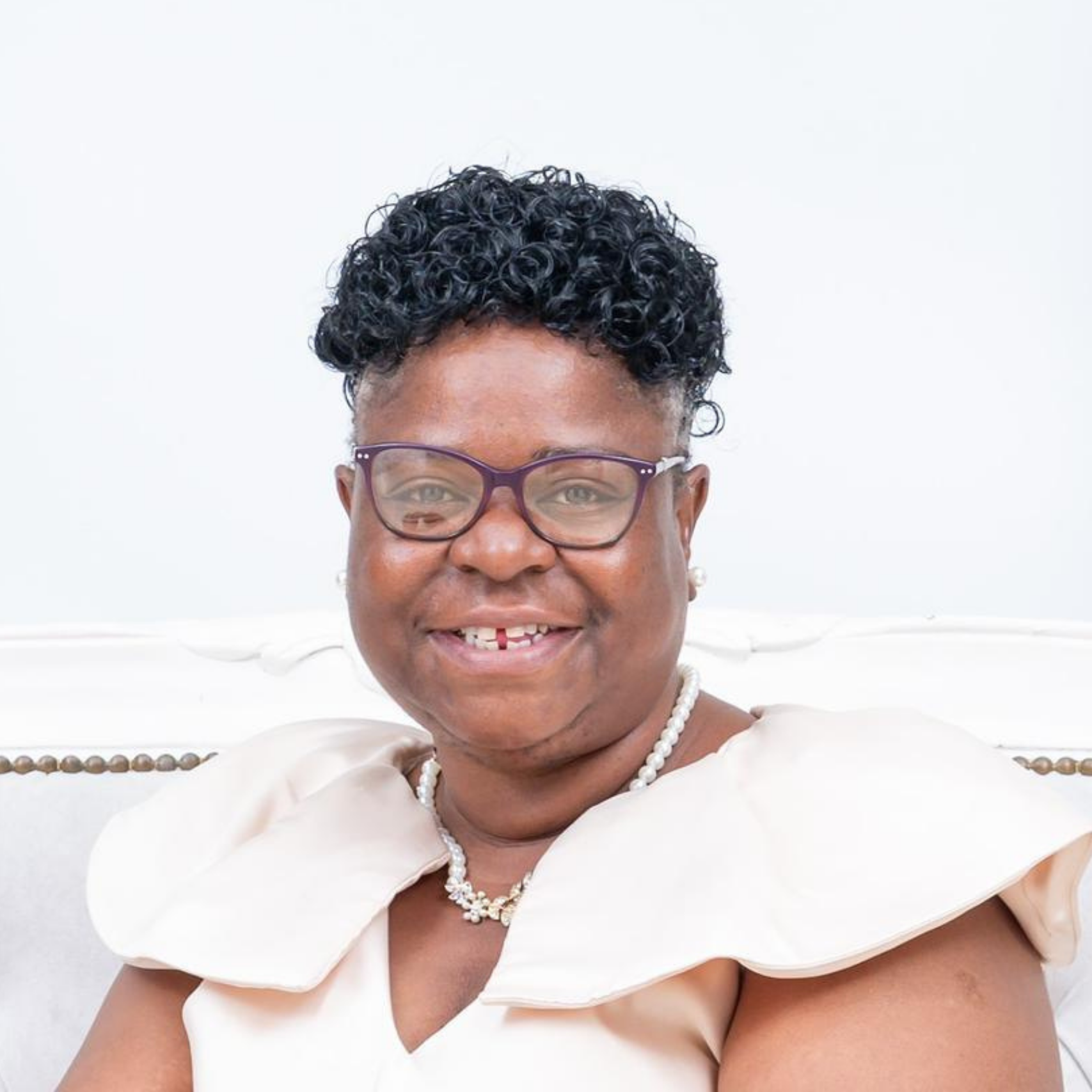
Chipo Sitembile Gwayagwaya
My name is Chipo Sitembile Gwayagwaya. I am a focused, goal-driven and dynamic IPC Specialist /Consultant with a background of Intensive and Coronary Care Nursing. I have a strong passion for IPC, AMR, and Patient and healthcare worker Safety. I hold a Postgraduate Diploma in IPC (PGDIC) and a Master’s degree in IPC both from Stellenbosch University. I have Fifteen years of experience working as an IPC Practitioner, I have vast experience in IPC and infectious disease response and preparedness. I am the Deputy Secretary of the Infection Control Association of Zimbabwe-Trust (ICAZ-T), Training Coordinator for the Infection Control Association of Zimbabwe-Trust. Currently, I am the Training Coordinator for Infection Control Africa Network (ICAN) Southern Africa training hub. I am a motivational speaker and an entrepreneur.

Isabel Henkel
Isabel is a medical doctor and holds a Master’s degree in Public Health from the University in Berlin. After about 15 years in clinical practice in Anesthesiology and Intensive Care medicine, she continued her career in the healthcare industry, working for several pharmaceutical companies like Roche and the medical device companies like Johnson and Johnson. For six years, Isabel has been heading the department of Global Market Access in Essity. She has an excellent knowledge of Global health care systems and health economics as well as medical needs in wound care or antimicrobial resistance.
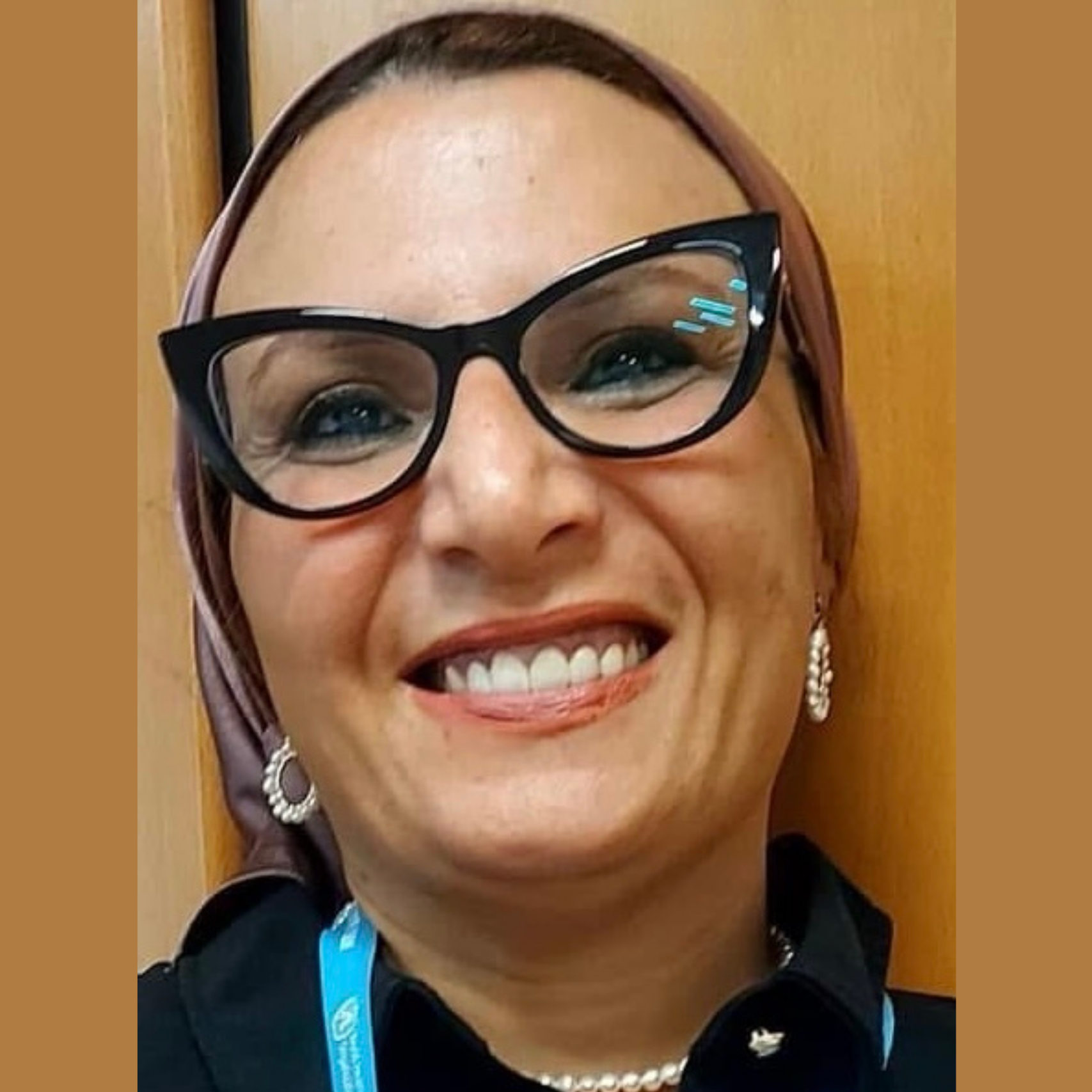
Iman Heweidy
Dr. Iman I. Heweidy is a fellow in Clinical Microbiology and Infection Prevention and Control at the Faculty of Medicine, Ain Shams University, Cairo, Egypt. She currently serves as the Infection Prevention and Control (IPC) Technical Officer at the World Health Organization’s Eastern Mediterranean Regional Office (WHO EMRO), a role she has held for the past four years. In this capacity, she leads efforts to strengthen IPC implementation across the region’s 22 countries, working closely with national authorities and key stakeholders.
With nearly two decades of experience in IPC, Dr. Heweidy brings deep expertise in both national and regional contexts, particularly in fragile, conflict-affected, and vulnerable (FCV) settings. Her leadership at WHO EMRO has been instrumental in advancing IPC initiatives in countries such as Egypt, Pakistan, Iraq, Jordan, Tunisia, the Occupied Palestinian Territories, Sudan, Somalia, Yemen, and Afghanistan. She has played a pivotal role in supporting member states to implement IPC core components and improve health system resilience.
Dr. Heweidy’s contributions span IPC governance, capacity building, guideline development, and emergency response. Her work has been widely recognized, especially during the COVID-19 pandemic, when she played a key role in coordinating the regional IPC response.
In 2022, she was honored with the WHO Regional Director’s Award for Excellence in recognition of her outstanding service.
She also maintains strong ties with the Infection Control Africa Network (ICAN), having previously served as a board member.
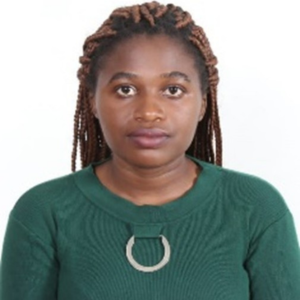
Acsa Igizeneza
Acsa Igizeneza is a microbiologist with a Master’s degree in One Health Molecular Biology and another in Applied Microbiology (Bacteriology). She also holds a bachelor’s degree in microbiology. Acsa’s research focuses on antimicrobial resistance, antimicrobial stewardship, and molecular biology. She has attended various short courses in public health, including Hospital-Based Interventions to Contain Antibiotic Resistance in Low-Resource Settings and Clinical Research and Evidence-Based Medicine, offered by the Institute of Tropical Medicine, Antwerp/Belgium. She also attended the drive-AMS Antimicrobial Stewardship Masterclasses in Moshi/Tanzania, and in Kigali, Rwanda. Acsa is currently an Assistant Lecturer of Microbiology at the University of Rwanda and an AMS Research Assistant at the University Teaching Hospital of Kigali (CHUK).
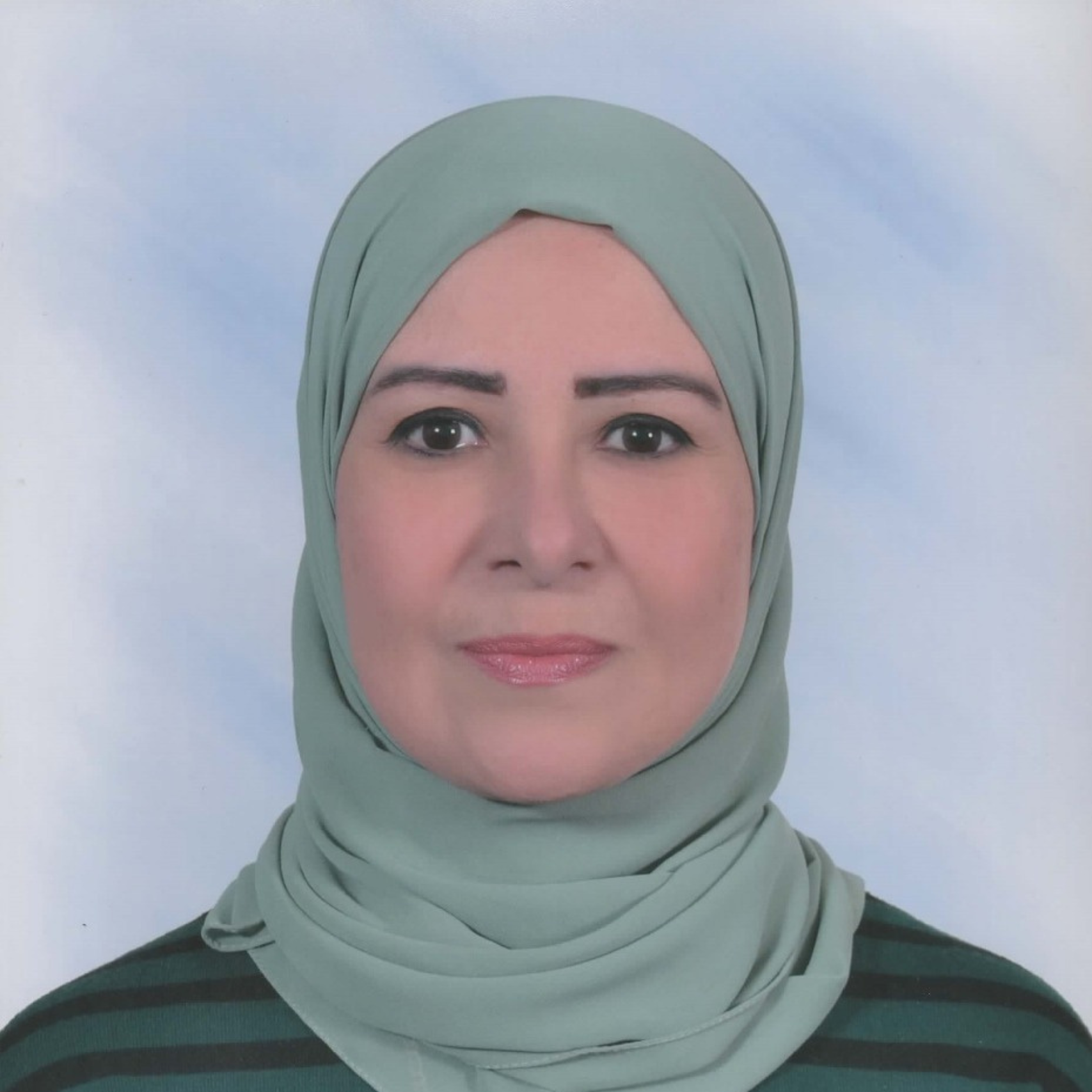
Ghada Ismail
| Professor & Expert in Clinical microbiology, infection control & epidemiology since 2008, IFBA certified biosafety officer since 2017. Holding a Total Quality Management & patient safety diploma, with vast experience in teaching & curricula development, training, and building capacity in IPC & HAI/ AMR surveillance programs. Tailoring of IPC guidelines for university hospitals and participating in formulation of national IPC guidelines for Egypt and member of the WHO GDG, participates in the formulation of the WHO minimum standards for IPC in limited resources countries. Participation in the update of WHO booklets for injection safety, safe phlebotomy in collaboration with WHO, Egypt. Preparation of injection safety desk review for Egypt. Development of a Safety training program and safety guidelines for UHs in Egypt. Assessment of IPC in universities with suggested improvement recommendations to ensure healthcare quality & safety. Moderation of the project to improve healthcare quality and safety in Egypt. Moderation of E-HAI Surveillance system, data analysis, investigation of outbreaks in university hospitals and moderate risk mitigation and containment. Moderation of projects and formulation of documents & reports, in addition to excellent presentation and communication skills. Board member of TQM in healthcare |
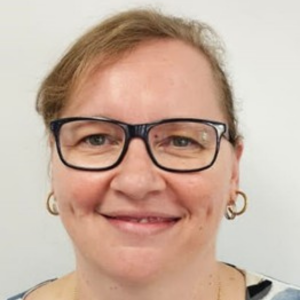
Xana Jardine
Xana Jardine is a clinical specialist in Decontamination. She holds a Nursing Master’s degree from the University of Witwatersrand. She completed the IDSc Technical Certificate in Decontamination in 2017. Before joining SafMed she held the position of Theatre Unit Manager for 10 years.
Xana has presented at a variety of congresses in her speciality areas, Operating Room Sciences, and the Decontamination of Medical Devices.
Xana is the current chairperson of the CFSA (CSSD forums of South Africa).
Xana represents the CFSA at the WFHSS (World Federation for Hospital Sterilization Services), at the South African Bureau of Standards Technical Committee TC 1039 Medical Devices and Sterilization of Healthcare Products and at the International Organization for Standards ISO TC 198 WGs 5,7,8,12 and 13.
Xana is a member of the CSC (Central Sterilization Club) in the UK.

Claire Kilpatrick
Claire is a nurse and graduate of the University of Glasgow with a PGDiploma in infection prevention and control (IPC) and MSc in medical sciences (travel medicine). She was awarded a doctor of science (DSc) in IPC, WASH and patient and health worker safety from Glasgow Caledonian University (GCU) in 2023 and is a member of the Royal College of Physicians and Surgeons (Glasgow). She has been Director at S3GlobalHealth since 2012 and has vast experience working with WHO (since 2008 global, regional and country level), a range of other international and national agencies, NGOs and academia. As a volunteer, she is a founding board member of the World Surgical Infection Society, an expert advisor to the charity The AMR Narrative, and a subject matter expert on the Safeguarding Health through Infection Prevention (SHIP) research team at GCU. She focuses primarily on implementation and improvement in healthcare and also has experience in global guideline and report writing and national and global campaigning. Past awards include best visual identity in healthcare (Europe) for the WHO hand hygiene global campaign, an innovation award on understanding prevailing hand hygiene in healthcare language, and paper of the year in the Journal of Research in Nursing.
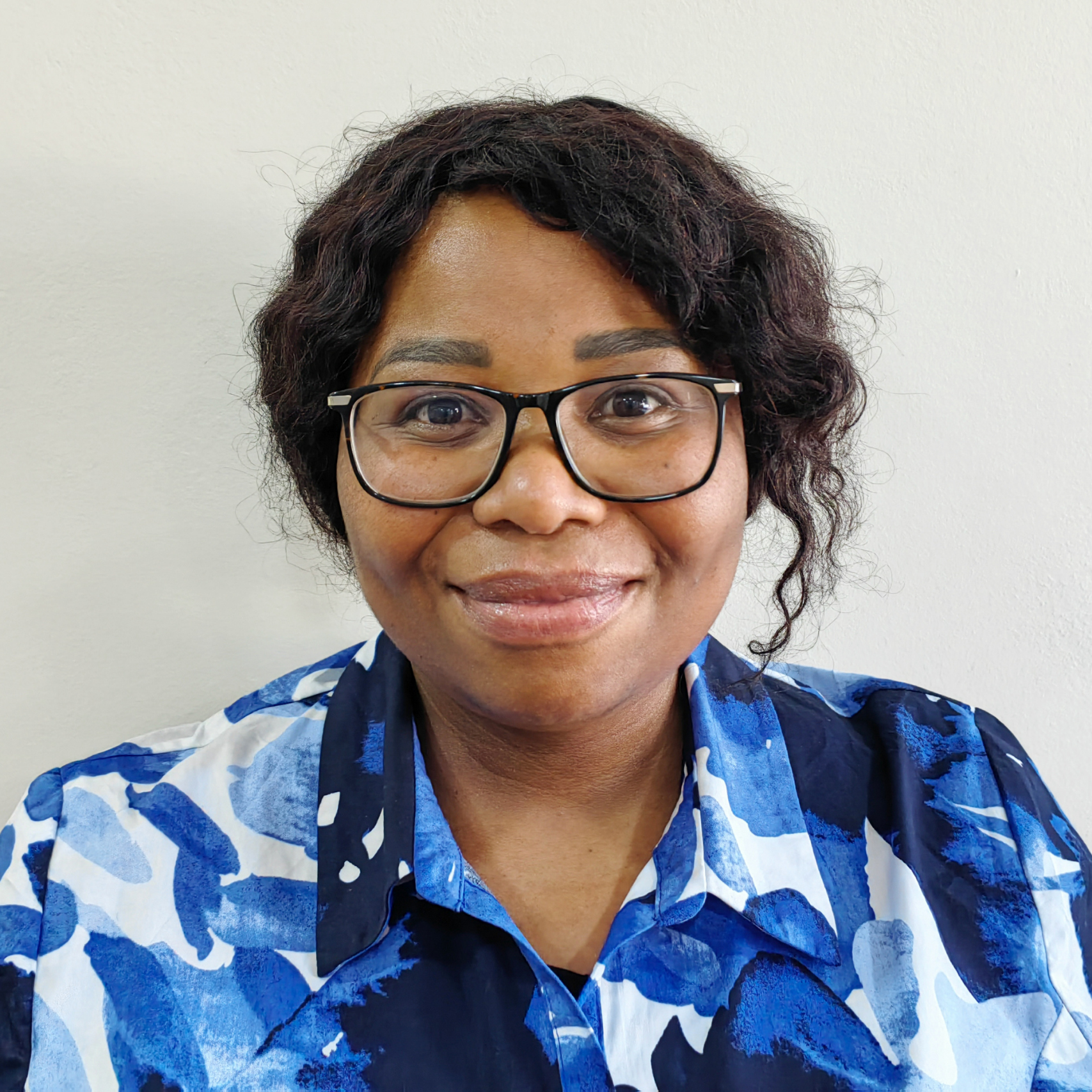
Amanda Khumalo
Dr Amanda Khumalo completed her MBChB in 2007 from the University of Limpopo (formerly known as MEDUNSA) and went on to practice in rural KwaZulu-Natal for a few years. During her time serving the rural communities of KwaZulu-Natal Natal she was exposed to a wide variety of pathologies which strengthened her interest in the disciplines of clinical microbiology and infectious disease. She joined the registrar training program in medical microbiology with the National Health Laboratory Service (NHLS) at Inkosi Albert Luthuli Central Hospital and completed her FC Path (Medical Microbiology) in 2017. In 2022, she completed her Diploma in Tropical Medicine and Hygiene to further her knowledge on neglected tropical diseases. She has worked as a clinical microbiologist within the NHLS Groote Schuur hospital laboratory for many years with involvement in the laboratory diagnostic service, critical care ward rounds, antimicrobial stewardship ward rounds, undergraduate teaching, registrar training and research.
Dr Khumalo has a special interest in antimicrobial resistance, antimicrobial stewardship and infection prevention and control. Dr Khumalo is committed to optimizing patient care by providing an excellent pathology service.
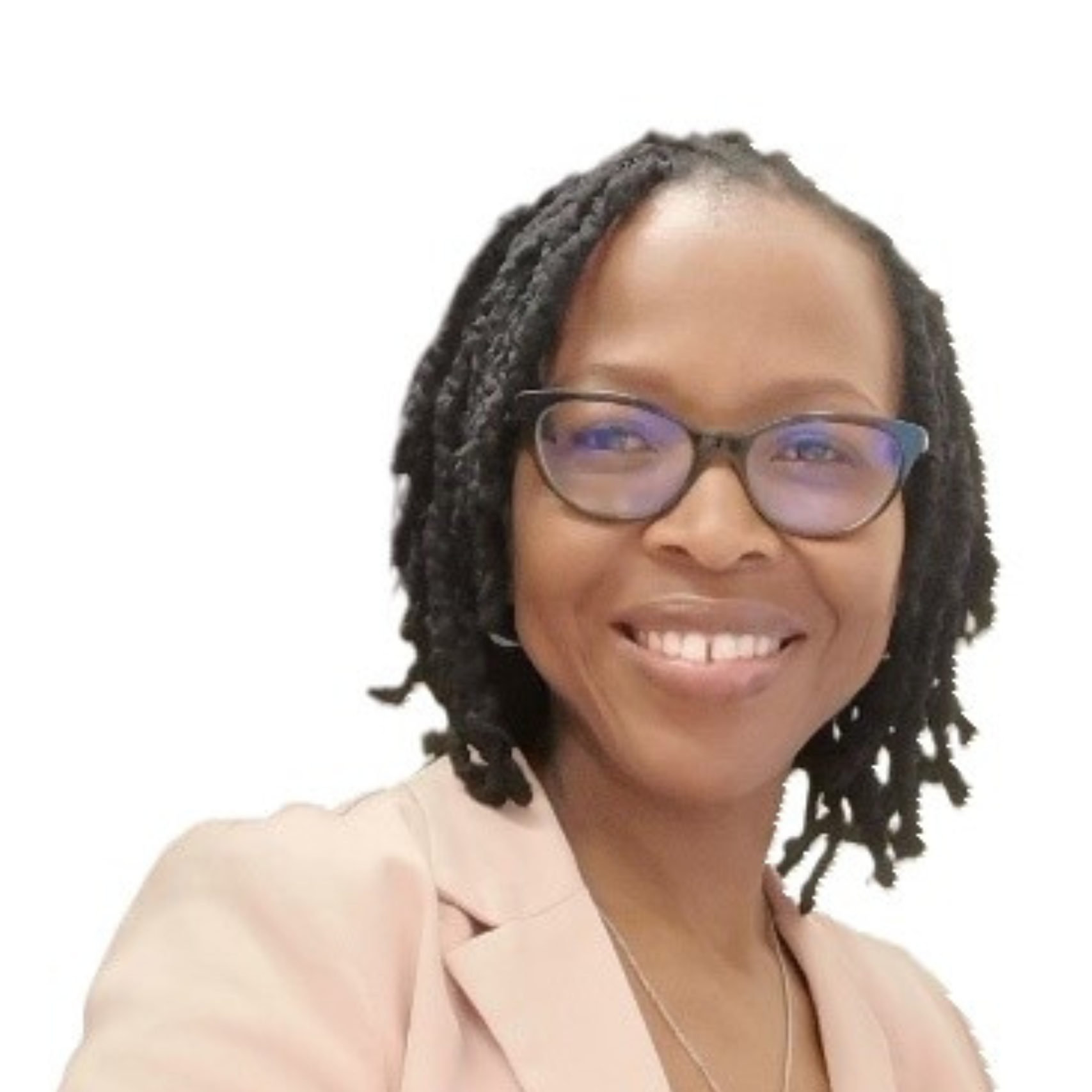
Molebogeng Kolojane
Dr Molebogeng Kolojane is a clinical microbiologist based at the microbiology laboratory at Charlotte Maxeke Johannesburg Academic Hospital (CMJAH) in South Africa. Dr Kolojane also supports district and regional hospitals in the Johannesburg Central and West Rand area as an outreach pathologist. She is involved in the undergraduate and post graduate microbiology training at the University of Witwatersrand. Her special interests are in Infectious Diseases, Infection Prevention and Control (IPC) and antimicrobial stewardship. She is involved in outbreak investigation, establishing antimicrobial stewardship (AMS) programs in outreach health care facilities and offer laboratories support. Dr Kolojane is a member of several committees as well as a co-opted member of the ICAN board.
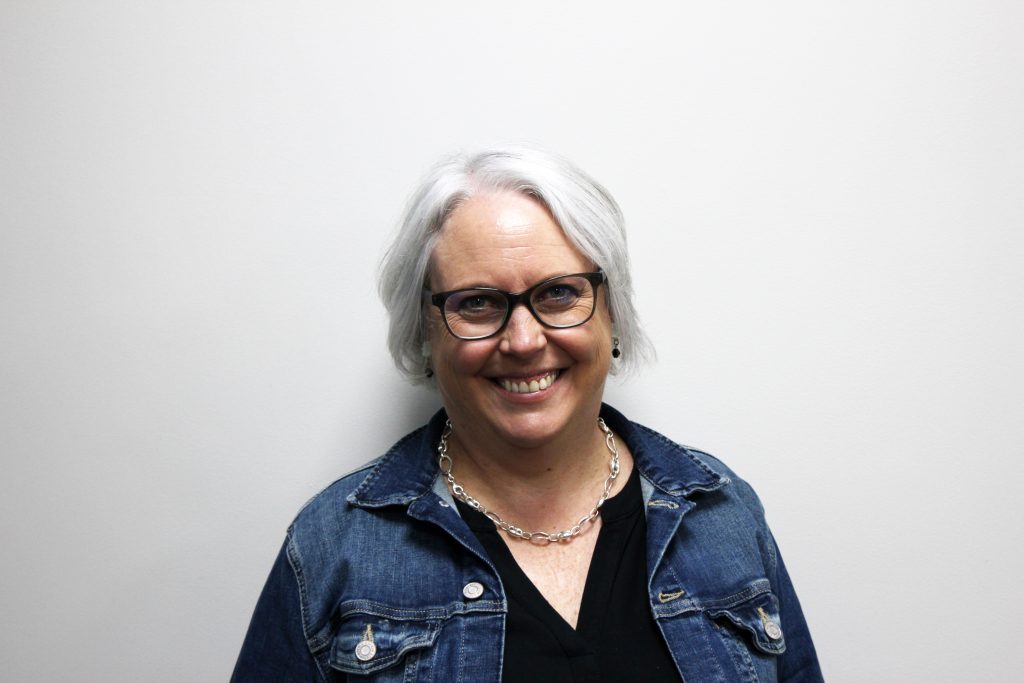
Amy Krause
Amy is a Registered Professional Architectural Technologist with 23 years of experience specializing in healthcare architecture. She currently serves as Architectural Design Manager for Mediclinic Southern Africa’s Infrastructure Department, where she oversees the design, planning, and execution of healthcare facilities across Southern Africa.
Her expertise spans master planning, project scope development, technical documentation, office and project management, and healthcare design innovation. She has played a pivotal role in developing comprehensive standards and guidelines for Mediclinic, from room layouts to material specifications, ensuring efficiency, functionality, and compliance.
Amy is deeply passionate about healthcare environments that enhance patient care and clinical outcomes. She believes in the power of intelligent design to streamline workflows for doctors and staff, improve patient experiences, and optimize operational efficiencies. She collaborates closely with consulting firms, project managers, and healthcare professionals to drive innovation and continuous improvement in hospital and clinic design.
Her commitment to evidence-based design and functional planning ensures that every healthcare facility she works on is not just aesthetically refined but purposefully designed to serve both patients and medical professionals effectively.

Terra Kremer
Dr. Terra Kremer is the Director of Microbiological Quality at Johnson & Johnson, where she oversees the development and implementation of industrial microbiology policies and strategies. She leads and supports standard processes and innovation opportunities across the company for Microbiological Quality and Device Processing, with a particular focus on cleaning, disinfection, moist heat sterilization, water quality, and microbial control within the manufacturing environment for medical devices and pharmaceutical products. Terra is responsible for accelerating innovation in these areas and supports a strategic vision that drives these efforts. As an active member of ASTM, AAMI, and ISO organizations, Terra contributes to standard development and co-chairs the AAMI WG-95 Water for Reprocessing Committee. She also serves as a US ISO expert for ISO WG12 and WG13, member of task group for revision of PDA TR70, and co-leads the Microbiological Quality Process Analytical Technology (MQPAT) Kilmer Collaboration Team. With a PhD in Microbiology and a BS in Analytical Chemistry, Terra has 20 years of experience in laboratory testing of medical devices, pharmaceuticals, and tissue products. Terra has significant experience in both chemistry and microbiology, having authored and co-authored numerous scientific publications. She has worked on Tiger Teams related to Rapid Micro Methods and Device Processing and is based in New Jersey, where she routinely collaborates with scientists worldwide to bring innovative new approaches to the industry.
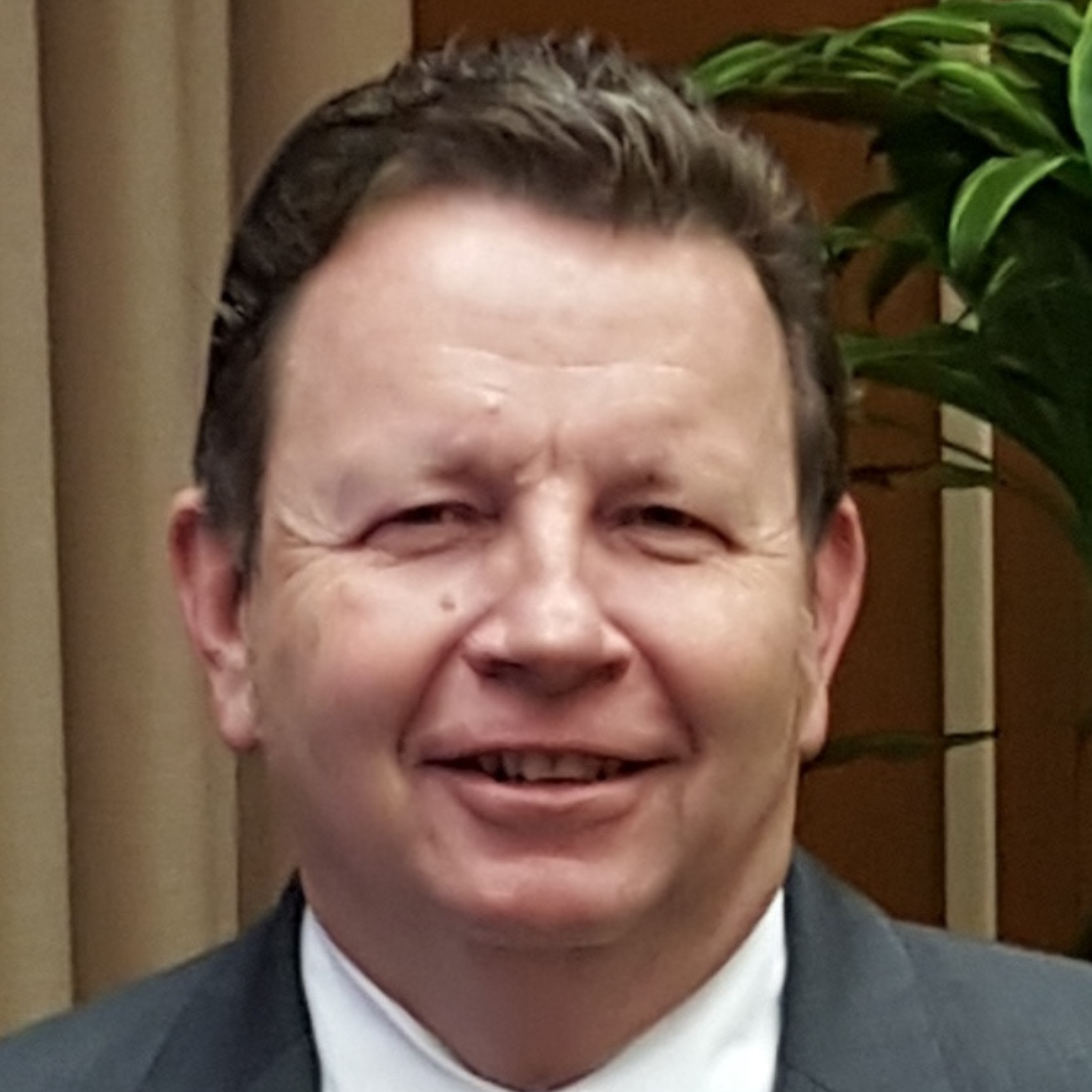
Edward Krisiunas
- Mr. Krisiunas is the principal of WNWN International, Inc. – a consulting firm specializing in the areas of health care waste management, infection prevention, and occupational safety for health care. He has 43 years of experience in the health care (7 years) and healthcare waste management industry (36 years).
- Projects and presentations at the national and international in >60 countries (Europe, Africa, Asia, Middle East, Southeast Asia, the Caribbean, North and South America) specifically related to health care waste management and infection prevention. Mr. Krisiunas has or is currently working with USAID, UNDP, UNIDO, UN GEF, ASLM, APHL, WB, WHO, OECS, GTZ, ADB, IFC, DHS/USDA, CDC, and The Global Fund.
- Mr. Krisiunas was the lead consultant for a teamworking with the CDC and the African Society for Laboratory Medicine on the management of Guanidine Thiocyanate (GTC) containing waste from HIV Viral Load and Early Infant Diagnosis in 27 African countries.
- He is a member of various organizations related to health care waste management, infection prevention, and Biosafety – APIC, IFIC, ABSA, HIS, ICAN, ASCP, and ISWA. He has been a reviewer for the AJIC, JHI, ISWA, and the Journal of Diabetes Science and Technology.
- He was a contributing author to the WHO Management of Waste from Healthcare Activities, 2nd edition (2014), and International Federation Infection Control (IFIC) Text (2007, 2011, 2016, and 2024) in the areas of healthcare waste management and injection safety.
- Current chair of the ISWA Working Group on Healthcare Waste ( 2022-2026). Active member since 1998.
- Current IBC and IACUC Community Member University of Connecticut Health Center
He holds a B.S. Medical Technology, Western Connecticut State College and a Master’s Degree in Public Health, University of Connecticut.
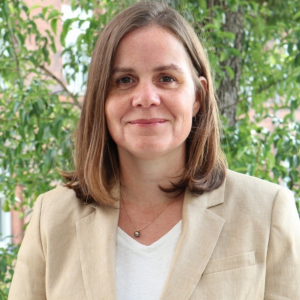
Annick Lenglet
Dr. Annick Lenglet is an infectious disease field epidemiologist with over 20 years’ work experience in countries across several continents. She has worked on the design, implementation and evaluation of surveillance systems, led and collaborated on large-scale outbreak response efforts, and led and participated in operational research linked to hepatitis A and E, cholera, noma, antimicrobial resistance, mental health, and non-communicable diseases. She currently works as a Senior Scientific Consultant for the International Centre for Antimicrobial Resistance Solutions (ICARS) and as a Senior Researcher for Radboudumc. She is an Honorary Associate Professor at the University of KwaZulu-Natal in the Antimicrobial Resistance Research Unit.

Kalisvar Marimuthu
Dr. Kalisvar Marimuthu is the Director of the National Infection Control and Healthcare Epidemiology (NICHE) Division at the Communicable Diseases Agency (CDA), Singapore. He also chairs the Ministry of Health’s National Infection Prevention and Control Committee.
Dr. Marimuthu is a practicing Senior Consultant in Infectious Diseases at the National Centre for Infectious Diseases and Tan Tock Seng Hospital, Singapore. He is the founding organiser of the “IPC Club,” a monthly online platform dedicated to teaching and learning in infection prevention and control (IPC).
As a clinician-scientist in Infectious Diseases, his research focuses on the transmission dynamics of emerging infectious diseases and multidrug-resistant organisms, as well as surveillance and prevention strategies for healthcare-associated infections (HAIs). A key emphasis of his work is on leveraging genomics to advance IPC practices.
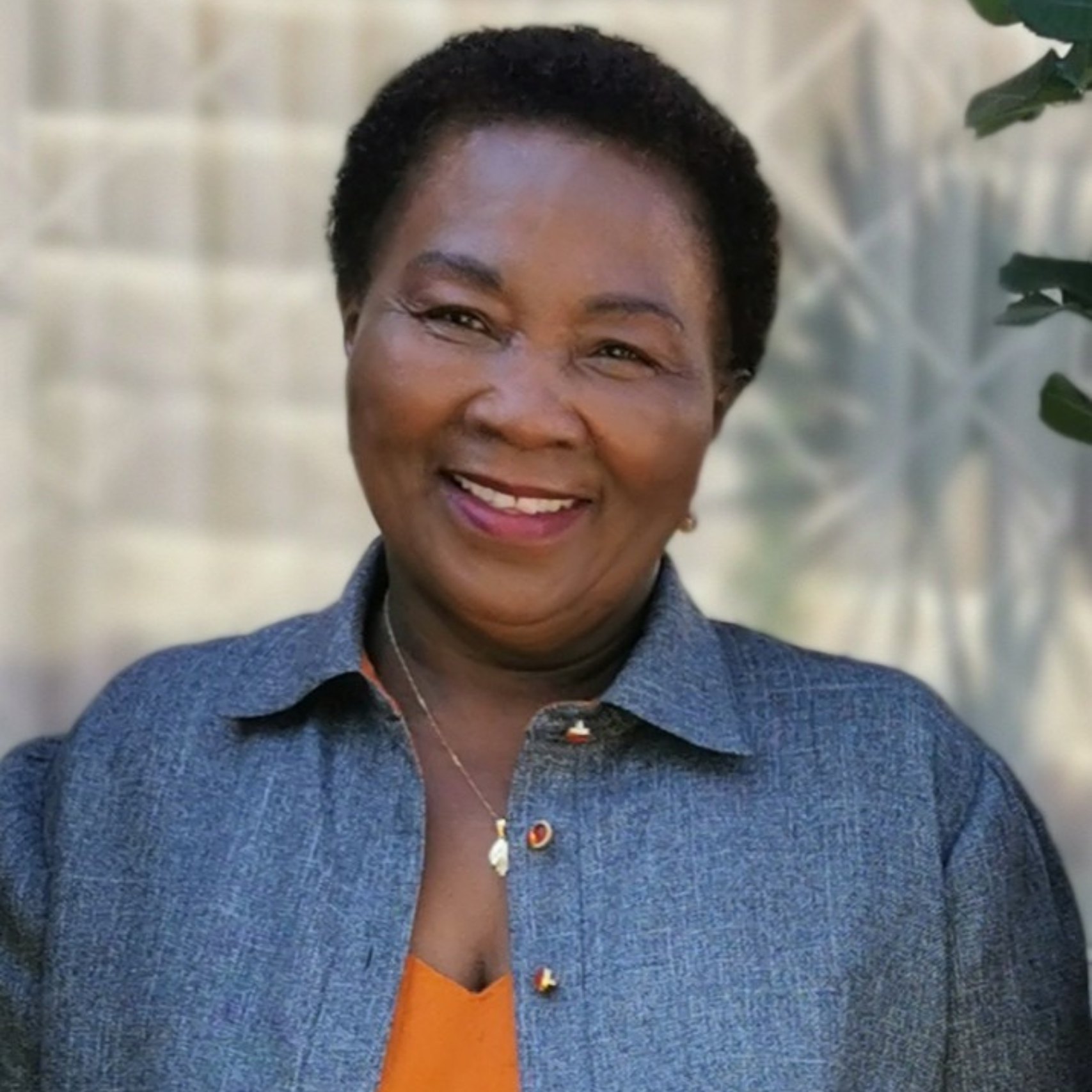
Alethea Mashamba
Ms. Alethea Mashamba is a seasoned health professional with more than 40 years of demonstrated clinical and public health experience. She is a qualified General Nurse, Midwife, and Community Health Nurse who holds an MBA in Health Management and Planning and a Certificate in Infection Prevention and Control. Currently, Alethea is the Executive Treasurer of the Infection Control Africa Network, where she is involved in the day-to-day smooth management of the organisation. Mashamba works as a Consultant and Project Coordinator for the Infection Prevention and Control Association of Zimbabwe-Trust, supporting the Ministry of Health and Childcare in developing the IPC programme and Health Systems Strengthening. Mashamba is part of the National and Outbreak Response Team and has been involved in response mitigation and preparedness activities from COVID-19, Cholera and other disease outbreaks in Zimbabwe.
Ms. Mashamba possesses extensive pre- and in-service training/capacity building experience and hands-on expertise in the management of primary health programmes. She is an active member of the Infection Prevention and Control Association of Zimbabwe and was part of the Lead Team that developed the current IPC Policy and Strategic Plan (2024- 2026), including the updating of the National IPC Guidelines and has made significant contributions in the development of the IPC programme in Zimbabwe. She is involved in conducting site support visits and mentorship in public and health facilities, monitoring compliance with IPC standards. She is part of the National Action Plan on AMR and serves on its IPC Biosecurity and Biosecurity Committee. Ms Mashamba has successfully conducted several consultancies and reviews of health programmes across the African Region as the Lead Coordinator.
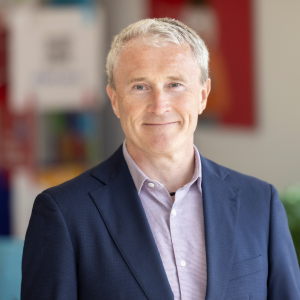
Gerald McDonell
Dr. Gerald McDonnell is the Vice President, Microbiological Quality & Sterility Assurance at Johnson & Johnson. He manages a global team of experts in the areas of microbiology and contamination control including cleaning, disinfection, preservation, sterilization, device processing and aseptic manufacturing. Prior to Johnson & Johnson, he worked with STERIS Corporation for 20 years in various scientific and clinical services roles. Dr. McDonnell has a B.Sc. (Hons.) in Medical Laboratory Sciences from the University of Ulster and a Ph.D. in Microbial Genetics from Trinity College Dublin. He has published over 200 publications and patents, including the books A Practical Guide to Decontamination and Antisepsis, Disinfection, and Sterilization. Current editor and referee for a number of peer-reviewed journals. Member of national and international working groups for standard and guideline development, including AAMI, ASTM, ISO and EN committees. He is the current chair of the Sample Safety Assessment Advisory Team for the NASA/ESA, and member of the USA National Academies of Sciences, Engineering, and Medicine’s Committee on Planetary Protection. McDonnell is board director and treasurer at AAMI (Association for the Advancement of Medical Instrumentation), as well as a member of the American Society of Microbiology, Parenteral Drug Association, and Hospital Infection Society. He is an honorary member of Honorary Member of FIDSSA and a faculty member of the ICAN International Postgraduate Diploma in Infection Prevention and Control.
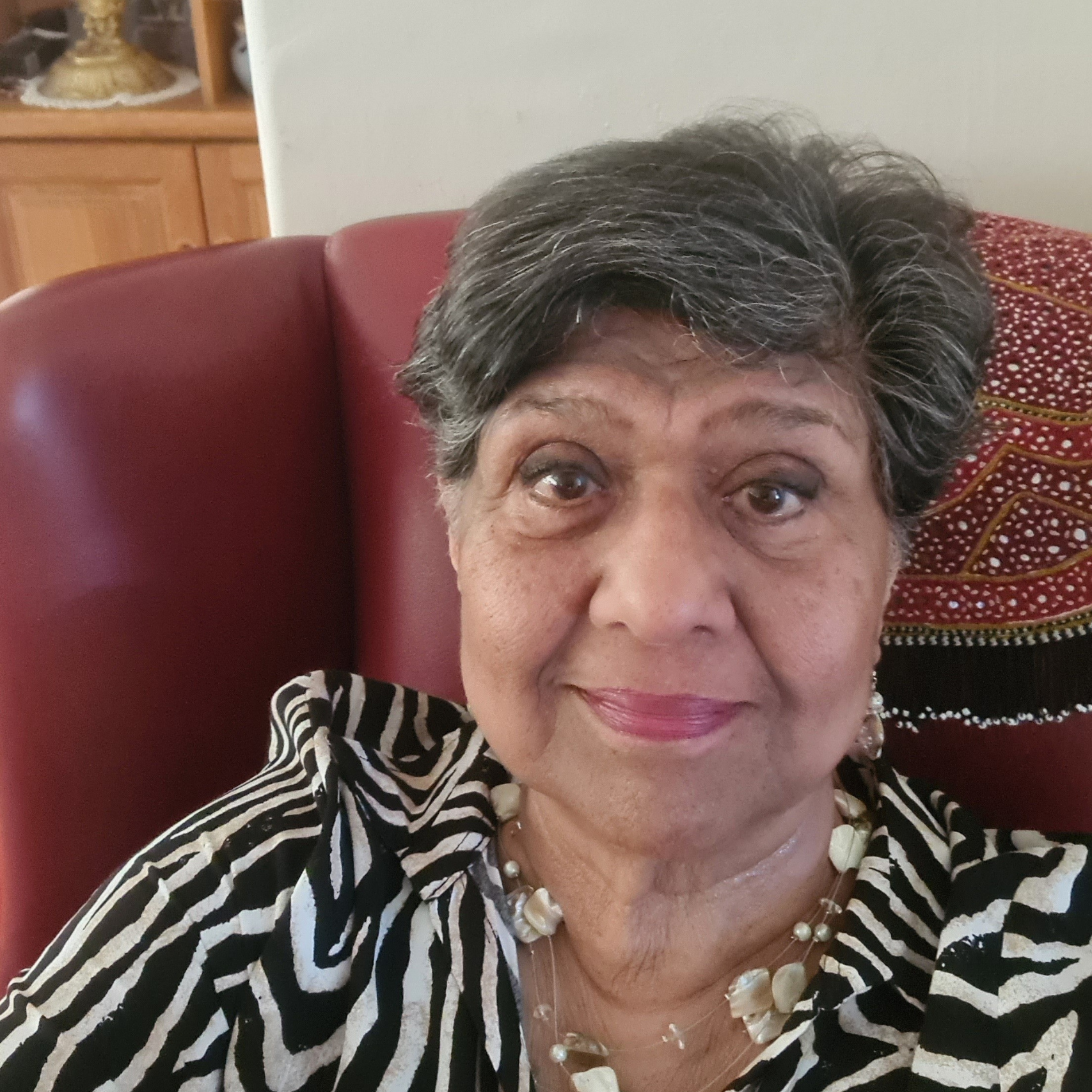
Shaheen Mehtar
Shaheen Mehtar is a retired Professor of IPC, Tygerberg Hospital, Stellenbosch University, Cape Town. She trained as a medical microbiologist in the UK, and headed up the Microbiology Dept at the North Middlesex Hospital; honorary Senior Lecturer at the Royal Free Hospital. She helped to set up several infection control societies globally. She established the Unit for IPC, Tygerberg Hosp, Stellenbosch Uni. She founded and chaired the Infection Control Africa Network (ICAN), the largest IPC organisation in Africa concentrating on IPC education and leadership. She established several postgraduate IPC courses for Africa and beyond.
Prof Mehtar has served on several international societies such as the Hospital Infection Society, British Society of Antimicrobial Chemotherapy and International Society of Infectious Diseases amongst others. She is a member of the WHO guideline development groups (GDG) and CDC consultative organisations since 1994. She has worked in several refugee camps and displaced persons establishments. She has published extensively in peer review journals as well as several books and chapters
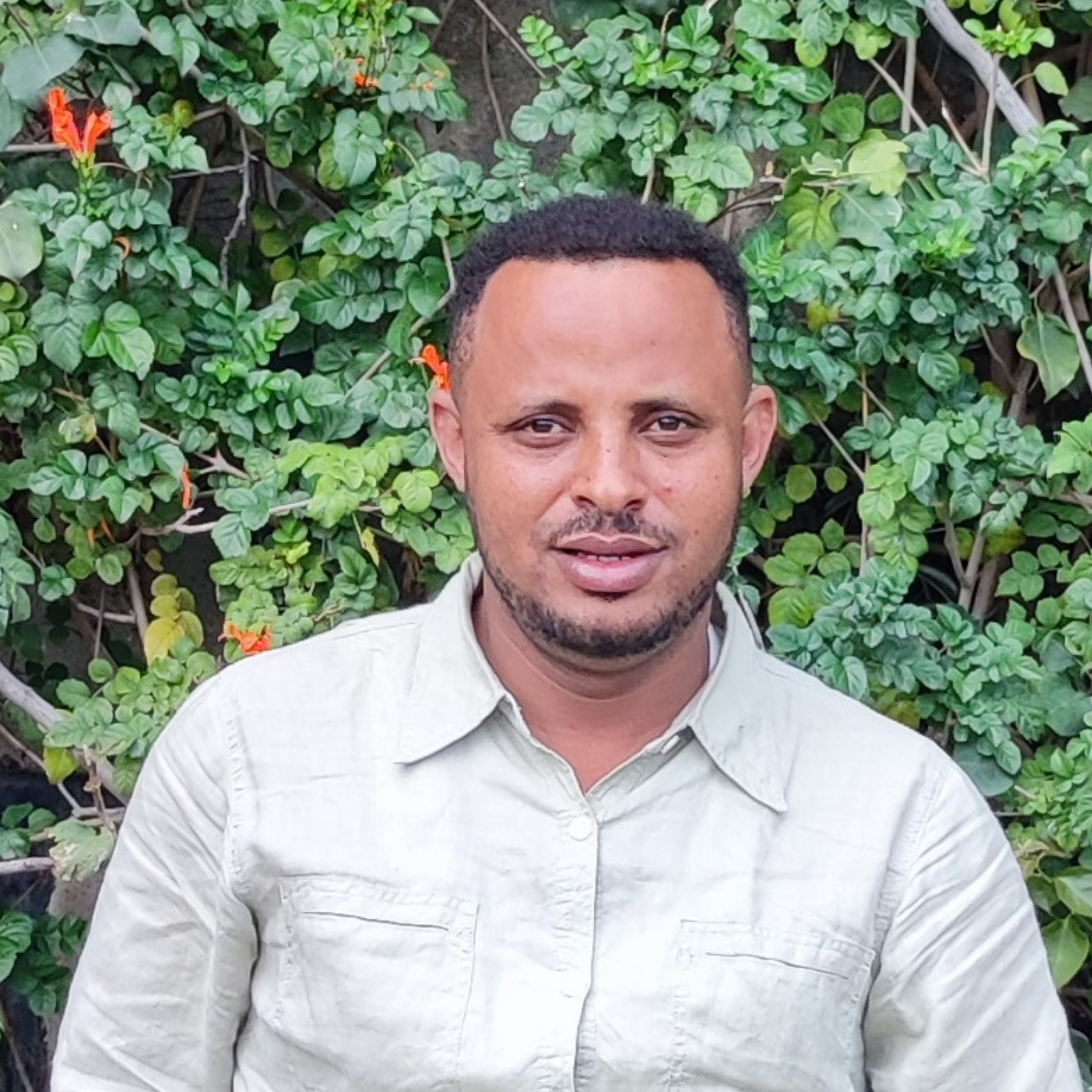
Abayneh Melaku
Mr. Abayneh Melaku Manaye is a seasoned WASH (Water, Sanitation, and Hygiene) and Public Health professional with over 13 years of experience across Ethiopia’s national and international development sectors. He holds an MSc in Water and Public Health from Addis Ababa University, a BSc in Environmental Health from Jimma University, and a BA in Accounting and Finance from Rift Valley University. He is currently pursuing a PhD in Public Health at Addis Ababa University.
Mr. Melaku specializes in WASH, Infection Prevention and Control (IPC), Antimicrobial Resistance (AMR), Environmental Sanitation, Climate Change and Health, and One Health integration. He has worked extensively with multidisciplinary teams to integrate One Health principles into development and research projects. His professional roles include consultant, researcher, lecturer, and policy advisor.
He has contributed to national health policy by helping develop two Ministry of Health documents and has worked closely with major institutions such as the Ethiopian Ministry of Health, Ministry of Water and Energy, and the Ethiopian Standards Authority. He has managed complex, donor-funded projects through organizations such as USAID, PSI, ICAN, and RESOLVE, and coordinated WASH and IPC monitoring in primary healthcare facilities in partnership with the Infection Control Africa Network.
Mr. Melaku is certified in laboratory management systems (ES ISO/IEC 17025:2017) and is a Trainer of Trainers in WASH-FIT, IPC, Emergency WASH, and Healthcare WASH. Known for his leadership, capacity building, and cross-cultural collaboration skills, his scientific work is available on Google Scholar.

Reshma Misra
Mrs Reshma Misra is a medical technologist by profession and commenced her career in a Microbiology Reference Laboratory in a public hospital. She has considerable experience in all aspects of Medical Microbiology, including Mycology and Tuberculosis. During this time, she took a keen interest in education and training, policy development, quality assurance and participated in accreditation. She served on the Board of the University of Technology, Chairperson of the Microbiology Committee, assisted with College for Medicine South Africa exams and developed a Microbiology Training Manual for Student technologists and technicians.
Reshma has always been interested in research and innovation. This served as a catalyst for entering the domain of research and education within Medical Microbiology at the University of KwaZulu-Natal. During this time, she managed various research projects, the research laboratory and supervised students. The research projects were mainly on Tuberculosis and also had an arm of surveillance of healthcare-associated infections and outbreaks. The research led to five publications, in which Reshma is a co-author. Her interest in academia prompted her to complete the Bachelor of Medical Science (Honours): Infection prevention and control, for which she was admitted into the elite Golden Key and then the Master’s of Medical Science. The master’s project had an infection prevention and control focus, entitled, Proliferation of Klebsiella pneumoniae in medication containing vials for multiple dose medication and intravenous fluids. She was awarded by the Infection Control Africa Network for recognition of original African research.
Reshma is currently the Assistant Director: Provincial Infection Prevention and Control – KwaZulu Natal, with 13 years of experience in IPC. She has contributed to the development of the section on hand hygiene in the Practical Manual for the Implementation of the National IPC Strategic Framework, developed many provincial documents and served on the national IPC technical working group. She is a strong leader who believes in capacitation and teamwork. Working in this domain has enabled vast experience in strategic planning, policy development, education and training, surveillance of healthcare-associated infection, led numerous outbreak investigations, indicator development, inspections and auditing and feedback. She has successfully led many projects from inception to implementation, such digitalisation of the IPC monitoring systems (hand hygiene, neonatal IPC and surveillance of healthcare-associated infection). These systems are innovative and unique in South Africa. She is also appointed to various technical advisory committees, including the Health Infrastructure Approval Committee. Reshma is innovative, resourceful and constantly researching and updating prevention strategies that are practical, implementable and sustainable in a low-resource setting
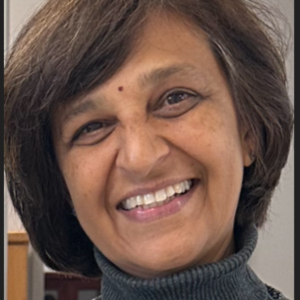
Roshni Mistry
Roshni Mistry is a Medical Practitioner, working in the public Health Sector for the past 30 years. She has worked at primary Health care centres, doing outreach; at the Red Cross War Memorial Children’s Hospital as a clinician and now at Tygerberg Hospital as a Medical Manager for the past 10 years. Dr Mistry is a dedicated administrator and a dynamic medical manager based in Cape Town, South Africa. With a strong commitment to delivering effective and efficient healthcare, Roshni has built an impressive career by leveraging her extensive knowledge and experience in various medical fields, including frontline Covid-19 response, medicine, medical imaging, general pediatrics, and sub-specialties.
Roshni is based at Tygerberg Hospital, the largest tertiary hospital in the Western Cape, where her leadership and team management skills have shone through. She is known for her complex problem-solving abilities and her passion for mentoring and coaching others in the healthcare sector. Roshni is also recognized as a strategist and an innovator, constantly seeking ways to improve health service operations and accessibility for all.
Her proactive approach and commitment to team collaboration make her a valuable asset in any healthcare setting. With a focus on motivating her colleagues and promoting the best interests of patients, Roshni continues to make significant contributions to the healthcare community in the Western Cape.
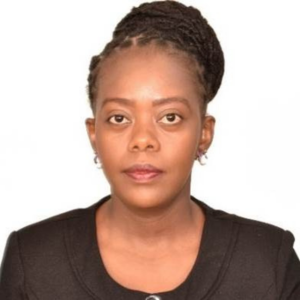
Christine Mugo-Sitati
Christine Mugo-Sitati, ECHO Africa Program Manager
Christine joined Project ECHO full time in 2024 as the Program Manager for our ECHO Africa office in Nairobi, Kenya, but has worked with Project ECHO in various capacities since 2019 when she became a Hub Coordinator for the Africa Cancer Research and Control ECHO. Christine has over 14 years’ experience in organizational leadership and development, program design and management, policy advocacy and external relations, change management, business development, monitoring, evaluation and research, resource mobilization and budget management.
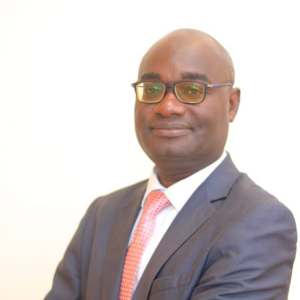
Owen Musopole
My name is Dr Owen Musopole, from Malawi, working with the Ministry of Health, Quality Management Department. I hold a Bachelor of Medicine, Bachelor of Surgery (MBBS) from the College of Medicine, formally the University of Malawi, now called Kamuzu University of Health Sciences. Worked with the Ministry of Health, Malawi, from 2008 to date in various positions. I hold a Master of Science in Health Services Management from Uganda Martyrs University in Uganda. Currently working as a deputy director in the Quality Management Department, responsible for Quality Improvement. I’m the National focal person for the Infection Prevention and Control programme in Malawi and a member of the Infection Prevention and Control Association of Malawi (IPCAM). I work closely with organizations like WaterAid, WHO, UNICEF, JIZ and many more to promote and build capacity in IPC and WASH in Malawi. I am very grateful to be here for the ICAN conference.
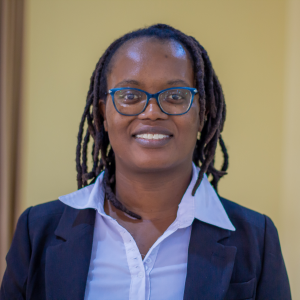
Natasha Mwenda-Kapalamula
Natasha Mwenda- Kapalamula is a seasoned WASH and public health professional with over a decade of experience in strengthening WASH in healthcare facilities to improve the quality of care and health outcomes in Malawi. As the WASH and Health Programme Manager at WaterAid Malawi, she has led multi-stakeholder initiatives to integrate WASH, infection prevention and control (IPC), and antimicrobial resistance (AMR) into national health strategies and service delivery frameworks. She is recognized for her collaborative work with the Ministry of Health, civil society organizations, including the IPC Association of Malawi and other partners, in shaping policies, strategic plans, and guidelines that prioritize WASH in health systems. Passionate about equity and inclusion, she advocates for community participation and the empowerment of marginalized groups in realizing their rights to health, water, and sanitation.
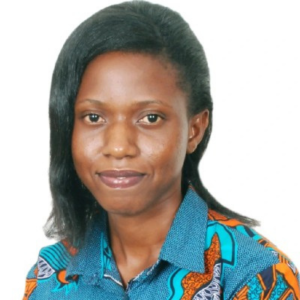
Maxencia Nabiryo
Maxencia (Max) Nabiryo, Head of Programmes, Commonwealth Pharmacists Association
Maxencia (Max) Nabiryo is an accomplished Public Health Practitioner serving as the Head of Programmes at the Commonwealth Pharmacists Association (CPA). With extensive international experience, Max has dedicated her career to advancing global health and well-being, demonstrating a remarkable ability to pioneer and manage impactful health interventions across more than 20 countries.
Her collaborative spirit has fostered successful partnerships with a diverse range of influential organisations, including the UK Department of Health and Social Care, WHO TDR, Makerere University, and UNFPA. In her current leadership role at the CPA, Max provides strategic direction and oversight for the implementation of crucial health programmes spanning the Commonwealth. These encompass vital areas such as Continuous Professional Development and Antimicrobial Resistance, with a strong focus on enhancing antimicrobial stewardship. Her strategic vision drives a wide array of interventions, including antimicrobial use, data collection and utilisation, infection prevention and control, leadership and mentorship training, community engagement, digital health solutions, and the One Health approach, all with the strategic involvement of policy makers.
Max’s profound expertise, coupled with her proven ability to forge impactful collaborations and drive strategic health initiatives across diverse international landscapes, positions her as a dynamic and influential leader dedicated to strengthening health systems and improving public health outcomes throughout the Commonwealth and beyond.
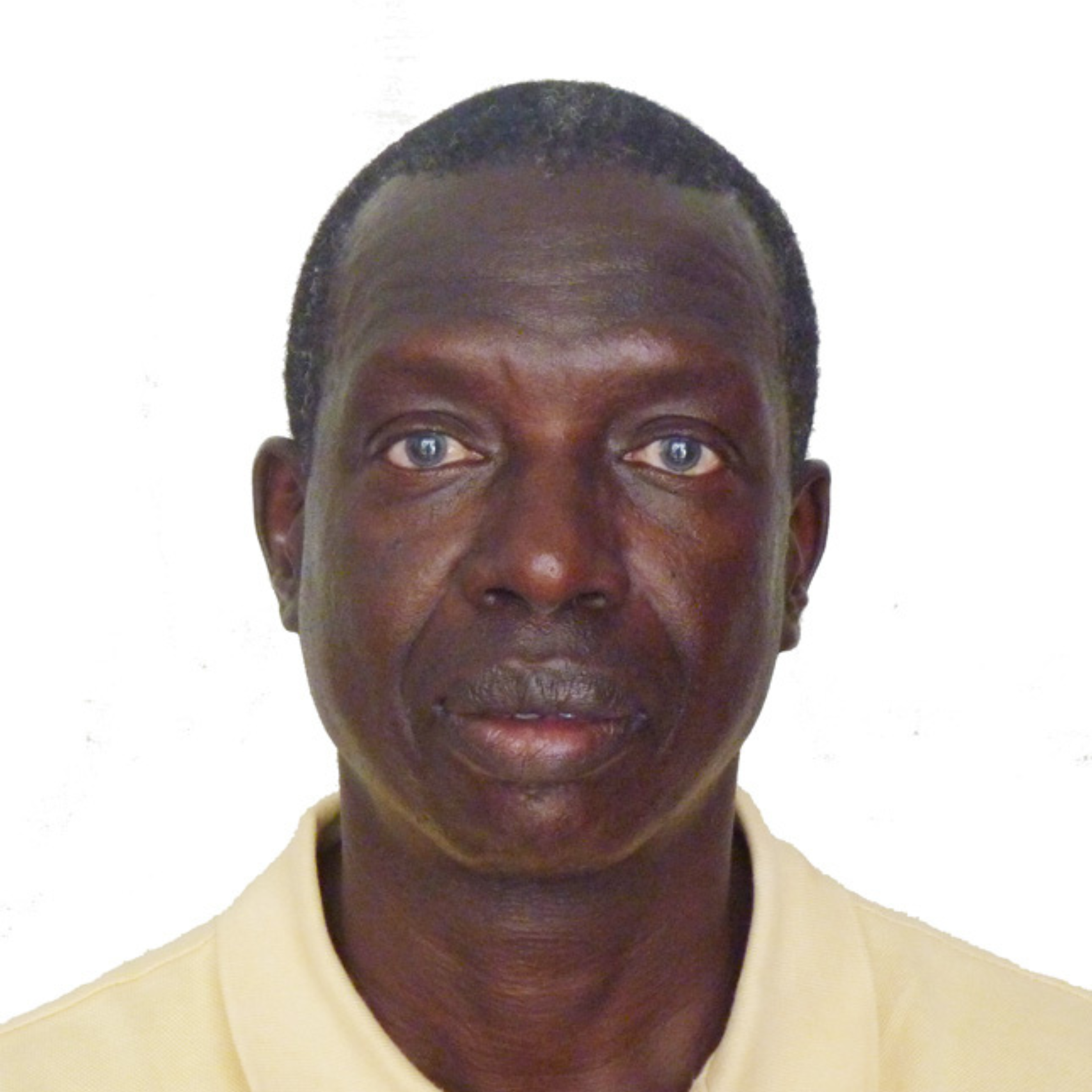
Babacar Ndoye
Prof NDOYE is a physician, associate professor in microbiology. He graduated in microbiology at the Pasteur Institute of Paris, then in army hospitals in France, and Pharo Institute in Marseille. He then graduated in Epidemiology at the Swiss Tropical Institute in Basel and completed an Audit Expertise course in Hospital Hygiene at the Pasteur Institute in Lille, France.
For nearly 10 years, he directed Senegal’s national IPC program (PRONALIN, which was the first one in sub-Saharan Africa).
Since his retirement in 2012, he has worked as a consultant, mainly at the WHO level (headquarters and AFRO office), for whom he has carried out numerous expert missions, particularly in Africa. Numerous expert missions have also been carried out in Africa on behalf of the UNDP.
He has led the development of national AMR plans in countries like Guinea, Niger and the governance component in Cameroon.
During the Covid-19 pandemic, he worked as an IPC consultant at Afro, based in Brazzaville, to support the IPC component of the response in all countries in the region. He provided technical support, either virtually or through field missions, to the development of IPC strategic plans in at least twenty African countries.
He continues to carry out ad hoc missions for WHO and UNDP to support the development of IPC in African countries.
Prof NDOYE received in 2022 the distinction of Grand Officer of the National Order of the Lion in Senegal, for services rendered to the nation.
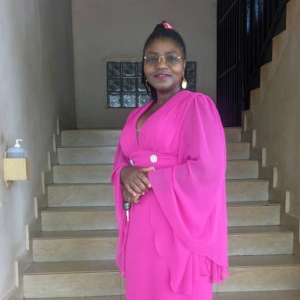
Mfiekwe Eveline Ngwayi
Mfiekwe Eveline Ngwayi is a nurse by profession from Cameroon who works with the Cameroon Baptist Convention Health Services as the Supervisor of Nursing Services at Nkwen Baptist Hospital, Bamenda. She is a holder of State-registered Nurses’ Diploma, a Bachelor of Nursing Sciences, a Nurse Practitioner and a Masters degree in Nursing Sciences. She has worked as a nurse for 25 years.
She has experience as an IPC trainer for about 10 years now and is presently a member of the Infection Prevention and Control Association (IPCA) Cameroon and doubles as the training coordinator for the Central African Regional Hub. She is passionate about IPC and continues to study to become an IPC expert.
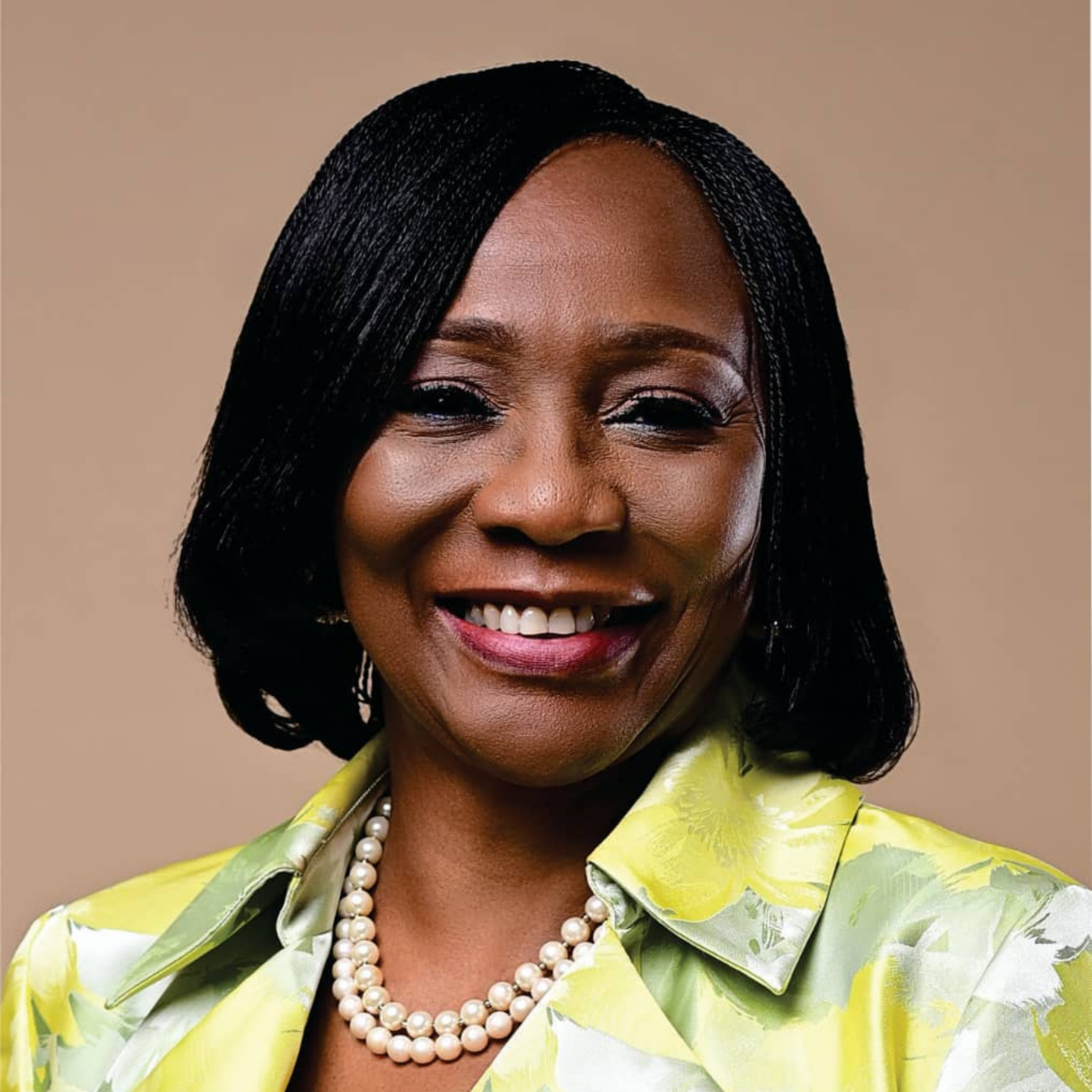
Folasade Ogunsola
Professor Folasade Ogunsola is the Vice Chancellor of the University of Lagos. She is a medical doctor and has been a professor of clinical microbiology since 2008. Her research interest has centred around the diagnosis and prevention of infectious diseases as well as antibiotic resistance. She has worked extensively on understanding the epidemiology and ecology of resistant organisms in the hospital environment and preventing their transmission to patients and staff. She has also worked extensively in the community, providing HIV and TB treatment and prevention services to slum dwellers. She has consulted at various times since 2003 for the World Health Organisation on Infection Prevention and Control and was a member of the African CDC Task force for COVID-19 and the Lagos State Think-Tank for COVID-19. She currently serves as a member of the WHO Strategic and Advisory Group on Infectious Hazards with epidemic and Pandemic potential (Stag-IH) and is on the Expert Review Committee on Polio eradication and routine immunization in Nigeria.
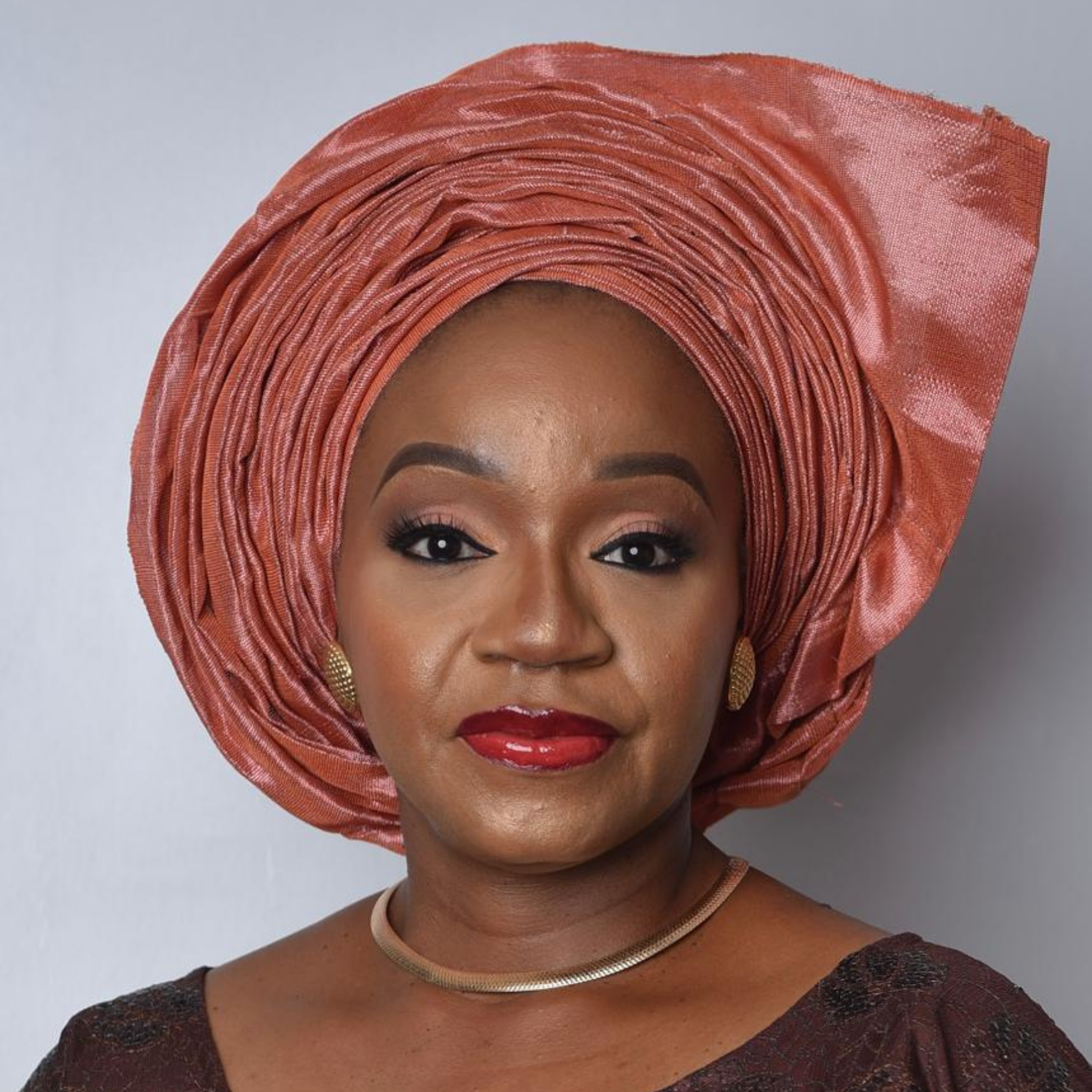
Tochi Okwor
Dr. Tochi Joy Okwor is a public health physician, infectious disease expert, and leading voice in infection prevention and antimicrobial resistance (AMR) policy in Africa. With over two decades of experience, she currently serves as Head of the Department of Disease Prevention and Health Promotion at the Nigeria Centre for Disease Control and Prevention (NCDC), where she leads national programmes on infection prevention and control (IPC), antimicrobial stewardship, and health systems strengthening.
As Chair of Nigeria’s National AMR Coordinating Committee (AMRCC), Dr. Okwor has institutionalized a One Health governance structure, uniting the human, animal, and environmental sectors with full quadripartite engagement. She led the development of Nigeria’s second AMR National Action Plan (2024–2028) and shaped the policy and operational frameworks now defining AMR governance in the country.
Dr. Okwor is the architect of Nigeria’s National IPC Programme, “Turn Nigeria Orange” a pioneering initiative that transformed IPC nationwide. Through Orange Networks, her team supports state and facility-level IPC programmes, training and deploying 300+ IPC professionals across all 36 states and the FCT. She oversaw the creation of Naija HAINet, Nigeria’s HAI surveillance system, and introduced the PALS approach to improve IPC practice in hospitals.
Regionally, she co-chaired the Expert Panel TWG for the Africa Agenda for the UNGA High-Level Meeting on AMR, leading to the AU Landmark Report. Globally, she serves on the WEF Global Future Council on AMR and WHO’s STAG-AMR.
She holds advanced degrees in Public Health, Occupational Medicine, and Infection Control, and is a Fellow of the Faculty of Public Health, NPMCN, and Visiting Lecturer at Veritas University.
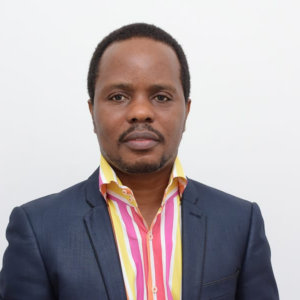
Philip Oshun
Dr Philip Oshun is a faculty and a clinical Microbiologist at the University of Lagos/Lagos University Teaching Hospital, Idi-Araba, Lagos.
His research interests include antimicrobial stewardship, infection prevention and control, respiratory viral infections and viral infections of the central nervous system.
He is the principal investigator of the Outpatient Antimicrobial Stewardship (AMS) Project in Africa, where he leads a team of healthcare professionals to implement AMS in the outpatient setting and community pharmacies in Africa.
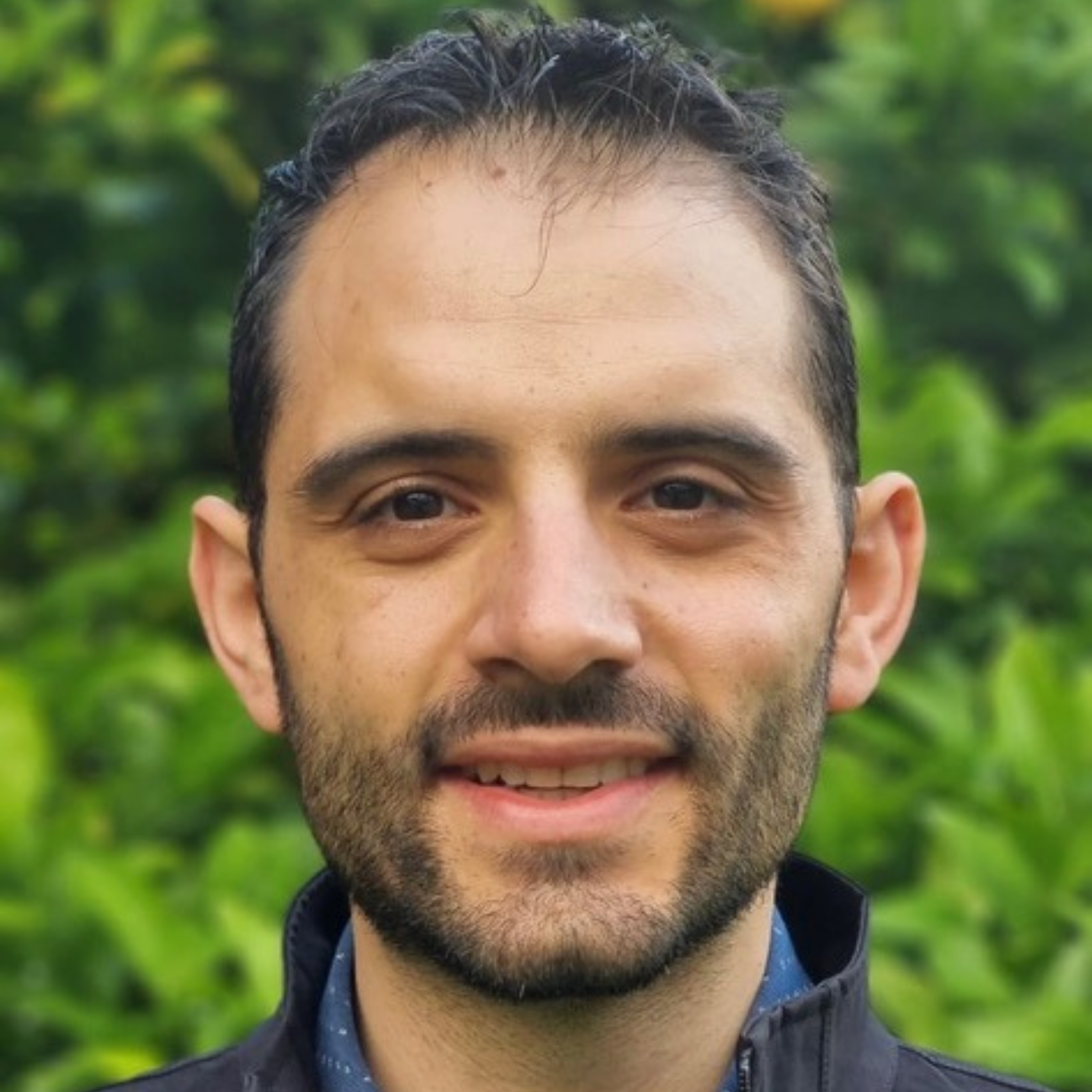
Nectarios Papavarnavas
Dr Tari Papavarnavas completed his medical degree at the University of Pretoria and trained in General Internal Medicine and subsequently in Infectious Diseases at the University of Cape Town.
He was appointed as an Infectious Diseases sub-specialist in the Division of Infectious Diseases and HIV Medicine at UCT in 2022. He is the head of the Infection Prevention and Control (IPC) service at Groote Schuur Hospital and in partnership with IPC nurses, Occupational Health practitioners, and ward liaisons he aims to build a comprehensive IPC program.
Tari is also the director of the Cape Town GeoSentinel Travel Surveillance Network Site, which surveys travellers from South Africa and those visiting from abroad who act as sentinels for emerging and re-emerging infections
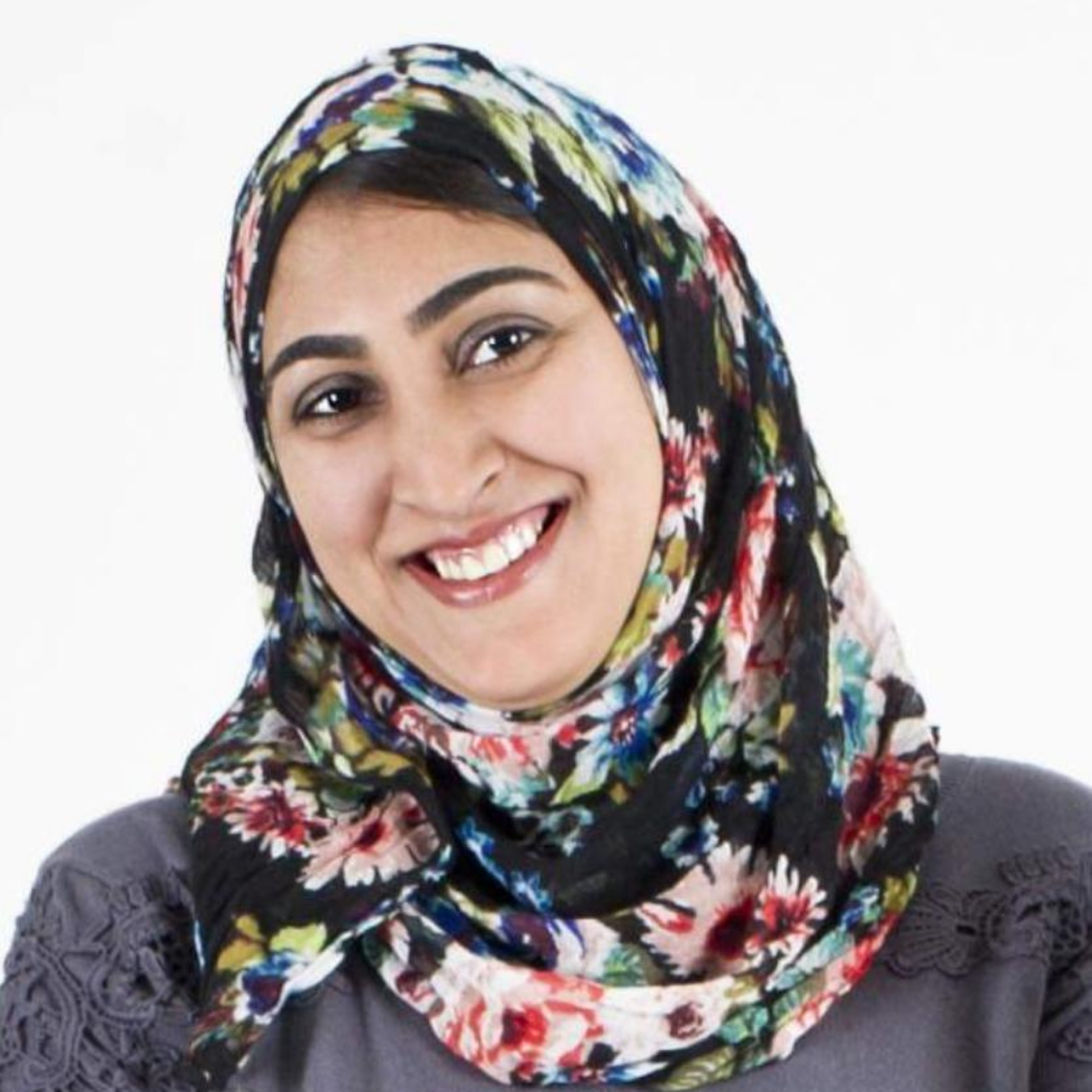
Arifa Parker
Arifa Parker is a physician and infectious diseases specialist and is the head of the Unit for Infection Prevention and Control (UIPC) at Tygerberg Hospital/Stellenbosch University. She received a Discovery Foundation sub-specialist award in 2013. She completed her PhD in 2023, and her research interests include IPC, AMS, outbreak response & interplay between infectious disease and non-communicable diseases. She is the current president of the Infectious Diseases Society of Southern Africa, a 2023 Society for Healthcare Epidemiology of America (SHEA) International Ambassador and is an Infection Control Africa Network (ICAN) board member. Her interests are infection prevention, antimicrobial stewardship, and the relationships between infections and non-communicable diseases.
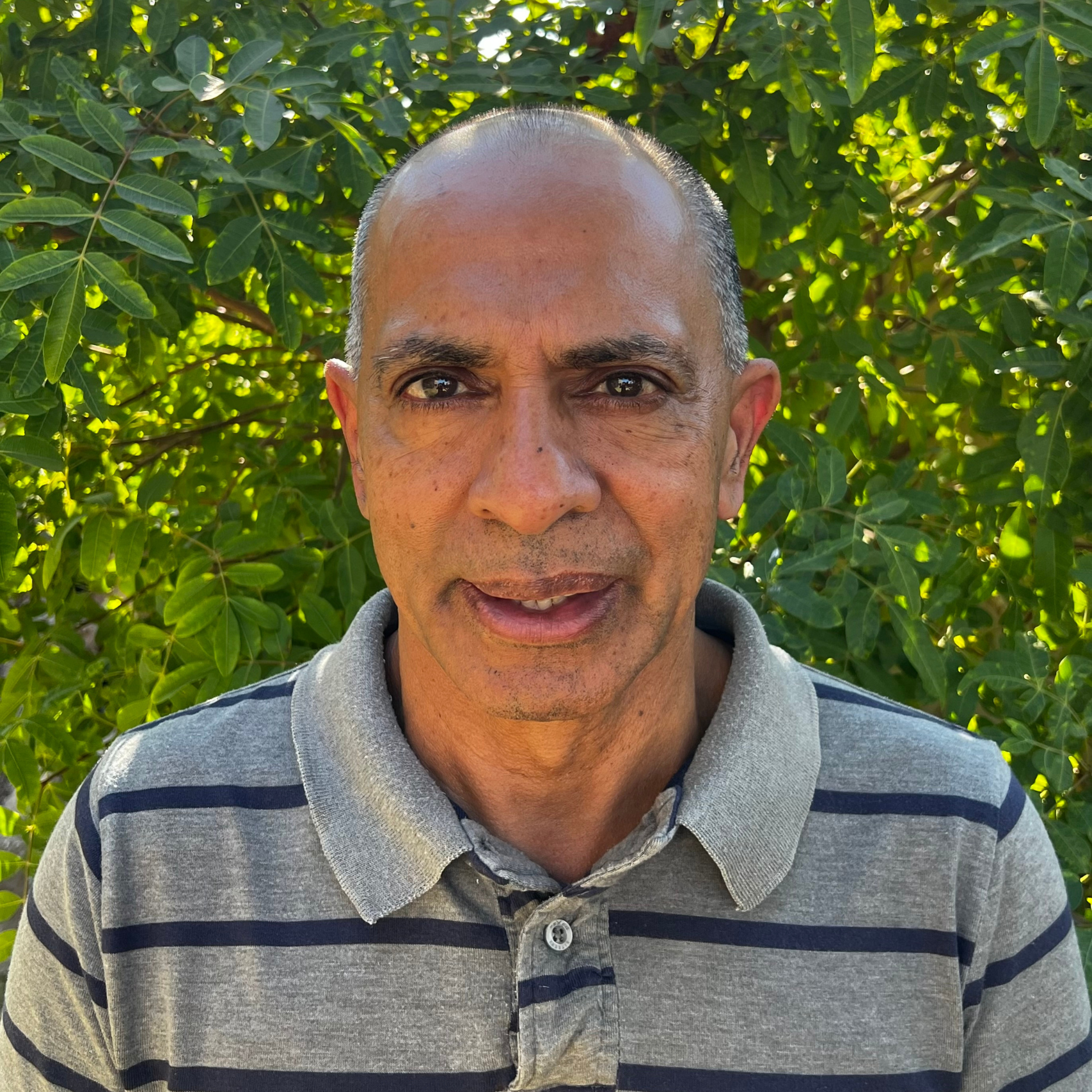
Salim Parker
Salim Parker is a travel medicine and general practitioner. He is the past president and current executive member of the South African Society of Travel Medicine (SASTM). He also serves on the executive board and the Liaison Committee of the International Society of Travel Medicine (ISTM) and collaborates with the Global Centre for Mass Gathering Medicine (GCMGM). Publications include topics related to mass gatherings, travel medicine and vaccines, as well as co-authorship of the Hajj Travel chapter in the 2018, 2020 and 2024 editions of the CDC Yellow Book on Travelers Health. He is an Honorary Research Associate in the Division of Infectious Diseases and HIV Medicine at the University of Cape Town. Accompanied pilgrims on the annual Hajj to Saudi Arabia as a medical officer, researcher, journalist, observer and fellow pilgrim for more than 20 years. Interests include travel-related spread of infectious diseases, respiratory infections at mass gatherings, and preparing travellers with terminal medical conditions to undertake that final desired journey.
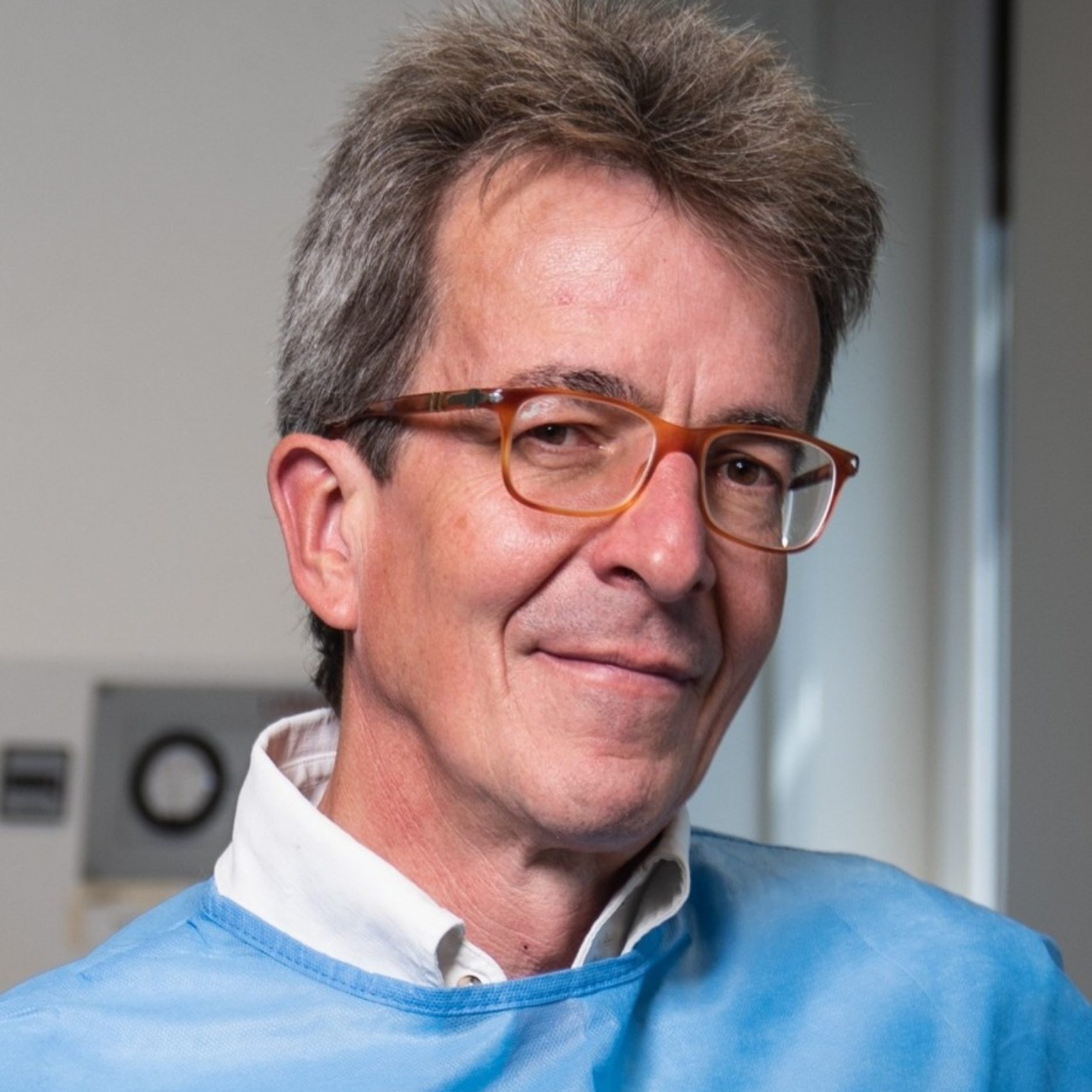
Wolfgang Preiser
Professor Wolfgang Preiser heads the Division of Medical Virology at the University of Stellenbosch. This includes a large SANAS-accredited diagnostic laboratory under the South African National Health Laboratory Service (NHLS) in Tygerberg, Cape Town.
Having graduated as a medical doctor, Preiser specialised in medical virology in his hometown of Frankfurt, Germany, and at University College London.
His research interests cover three broad themes: improving and advancing diagnostic virology; the epidemiology, diagnosis, and monitoring of opportunistic viral infections; and emerging and potentially zoonotic viral diseases.
During the SARS outbreak in 2003, he contributed to isolating and characterising the causative novel coronavirus. Later, his research group in Tygerberg identified a Middle East Respiratory Syndrome (MERS) coronavirus in South African bats and defined zoonotic hepatitis E virus infection as a significant health issue in South Africa. As a member of the Network for Genomic Surveillance in South Africa, Virology Stellenbosch played an important role during the Covid pandemic. He is a founding member of the Stellenbosch University Public Square with the theme “One Health approach to find solutions for infectious diseases under conditions of rapid environmental change”.
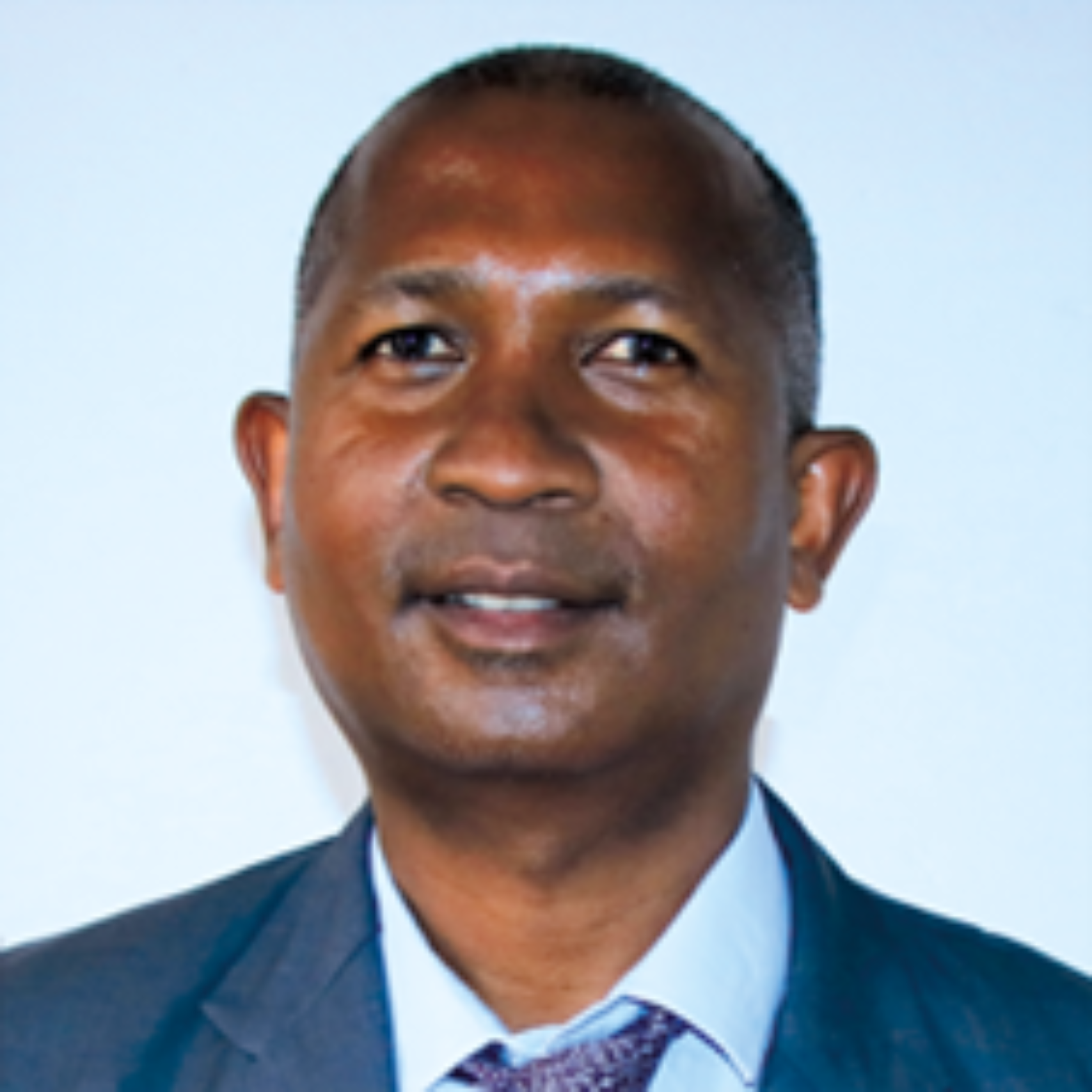
Mamy Randria
- Specialist in Internal Medicine and Professor of Infectious Diseases
- Head of the Unit of Infectious Diseases at Antananarivo University Hospital for some twenty years.
- Lecturer and researcher at the University of Antananarivo.
- Lecturer at the University of Mahajanga and Diego-Suarez
- Director of the Befelatanana University Hospital for ten years (2010-2020)
- Founding President of the Malagasy Society of Infectious Diseases and of the Malagasy Society of Infection and Prevention Control (SNPCI/Wash) since 2019.
- Chairman of the Nosocomial Infection Control Committee at CHU Befelatananana
- Involved in the management of various outbreaks and pandemics in Madagascar.
- Highly Involved in the promotion of IPC and the proper use of antibiotics, and fight against antibiotic resistance.
- President of the review committee of the guidelines on antibiotic therapy in Madagascar
- Close collaborator of UNAIDS, WHO and the Ministry of Health in Madagascar for various subjects
- International WHO Consultant (Mauritania) during the covid-19 pandemic
- Member of ICAN since 2019 and member of the ICAN board and executive committee since 2024
- Main areas of interest: HIV infection, tuberculosis, PCI/ Wash, Antibioresistance
- Authors of some sixty publications on infectious diseases/HIV and IPC
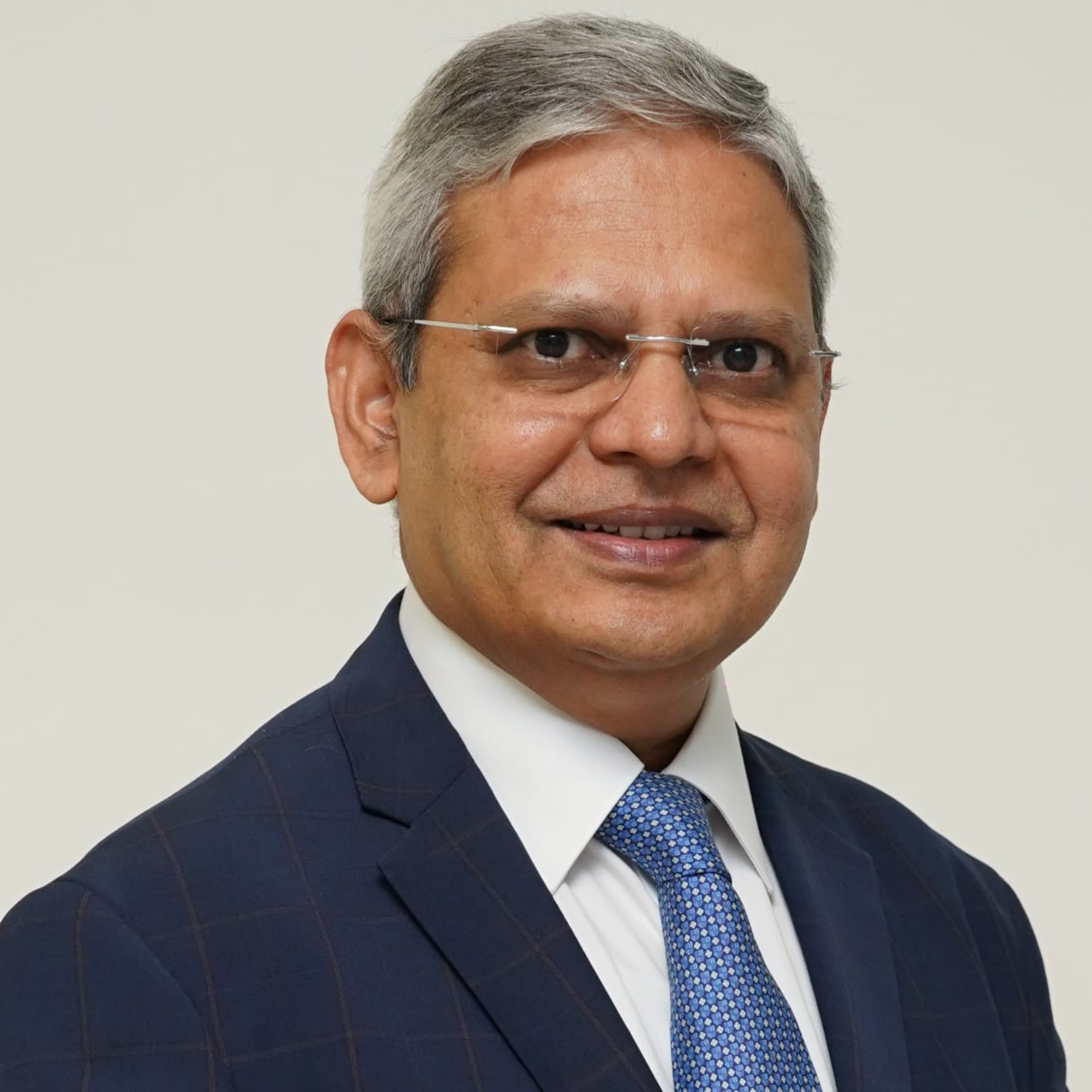
Reddy Ranga
Dr. Ranga Reddy Burri is a public health activist, academician, distinguished physician, and social entrepreneur. He graduated from the Minsk Government Medical Institute, Belarus, with an MD (Physician) degree. He also holds a PG Diploma in Management from Pondicherry University and an Advanced Management degree from IESE, Barcelona, Spain. His education also includes Global Health from Washington University and One Health from the One Health Consortium, Calgary, Canada.
As an academician, Dr. Reddy is an Honorary Professor at the University of Hyderabad and an Adjunct Professor at the Public Health Foundation of India. He is the Chief Editor of Infection Control Trends and a member of the Editorial Board of IPAC Canada (CJIC). He developed the curriculum for a pioneering PG-level diploma program in Infection Control. He also co-directed and taught an e-learning course in Infection Prevention and Control in collaboration with COL CEMCA at UoH.
In the entrepreneurial sphere, Dr. Reddy is the Founder of Sanmed Healthcare and mentors a few startups, where he strategically guides the teams in research & development, product portfolio, and expansion into global markets. He is also the founder and trustee of the Infection Control Academy of India (IFCAI), a non-profit initiative to create Infection Prevention capacity for India and emerging countries.
As a social activist, Dr. Reddy is committed to public health awareness, education, and training. He supports several non-profit initiatives in various capacities. His work as a policy advocate and expert from civil society has been instrumental in building National and State Action plans to contain AMR and update patient safety & IPC guidelines. He is also a member EAC on AMR by DST, GOI. His commitment to public health awareness, education, and training is evident in his work, particularly in the field of Infection Prevention and Control (IPC) and Antimicrobial Resistance (AMR). He has collaborated with various organizations to develop IPC programs, training over 10,000 healthcare workers. As the founder trustee of the Infection Control Academy of India (IFCAI), he has significantly contributed to patient safety in India and other low-resource settings.
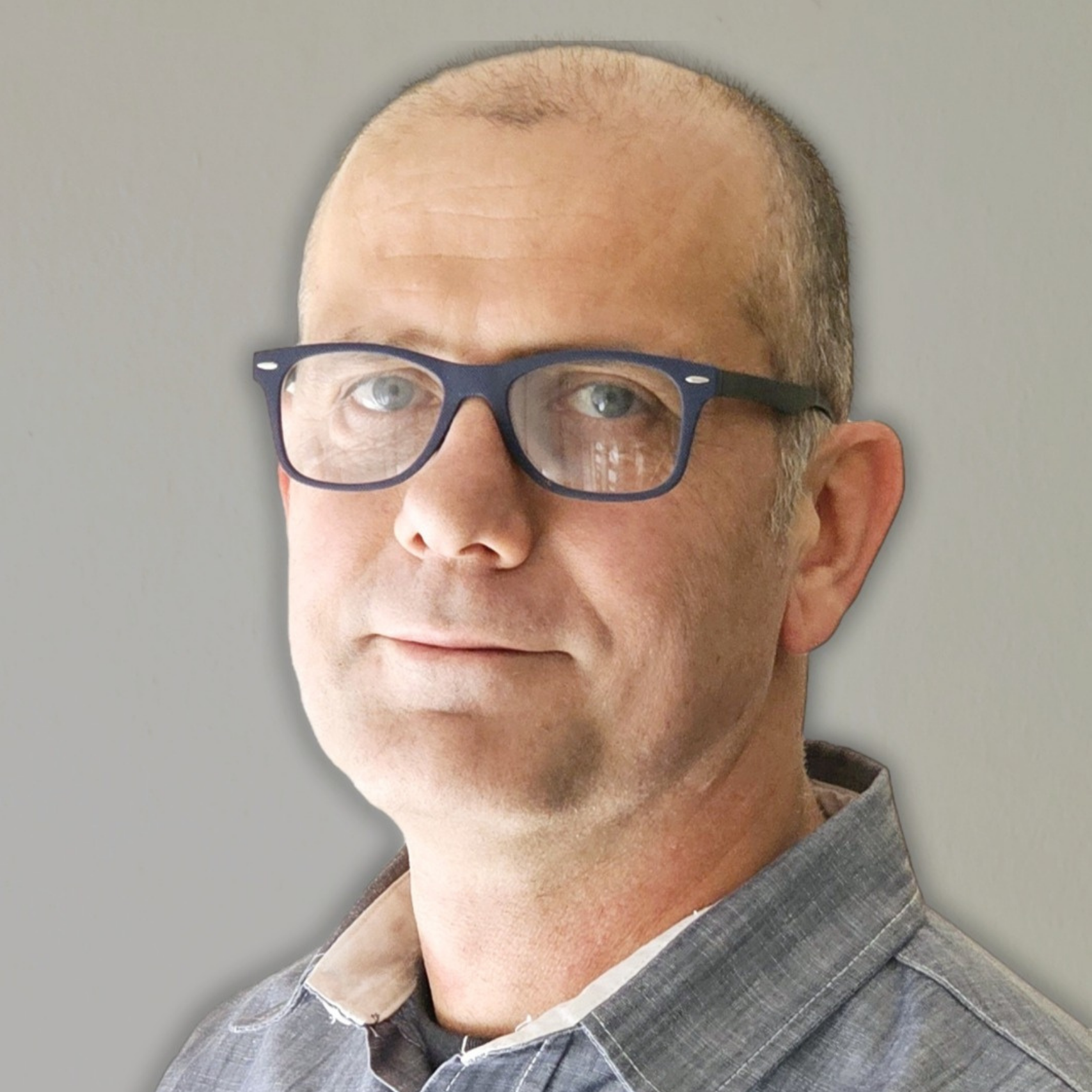
Tobias van Reenen
Tobias Van Reenen is a senior researcher at the Council for Scientific and Industrial Research (CSIR), focusing on ventilation and indoor environmental quality. He has extensive experience in designing and constructing pharmaceutical, cleanroom, and high-level bio-containment facilities. His expertise includes the design of engineering controls for laboratories, operating theatres, ICUs, and isolation wards.
Tobias has contributed to developing regional and international standards, guidelines, and regulatory frameworks related to hazardous biological agents and engineering controls to reduce the risk of indoor airborne transmission. He consults with local and international industries on best practices in this area. One of his ongoing pet projects is a digital airborne infection risk monitoring solution for TB and COVID, using CO2 as a proxy for real-time risk modelling and management.
He is a research team lead in industrial thermal energy efficiency in the energy sector and contributes to energy demand management research in the built environment. His efforts in supporting the development of regulations and standards continue to improve the safety and quality of indoor environments, positively impacting public health and safety.
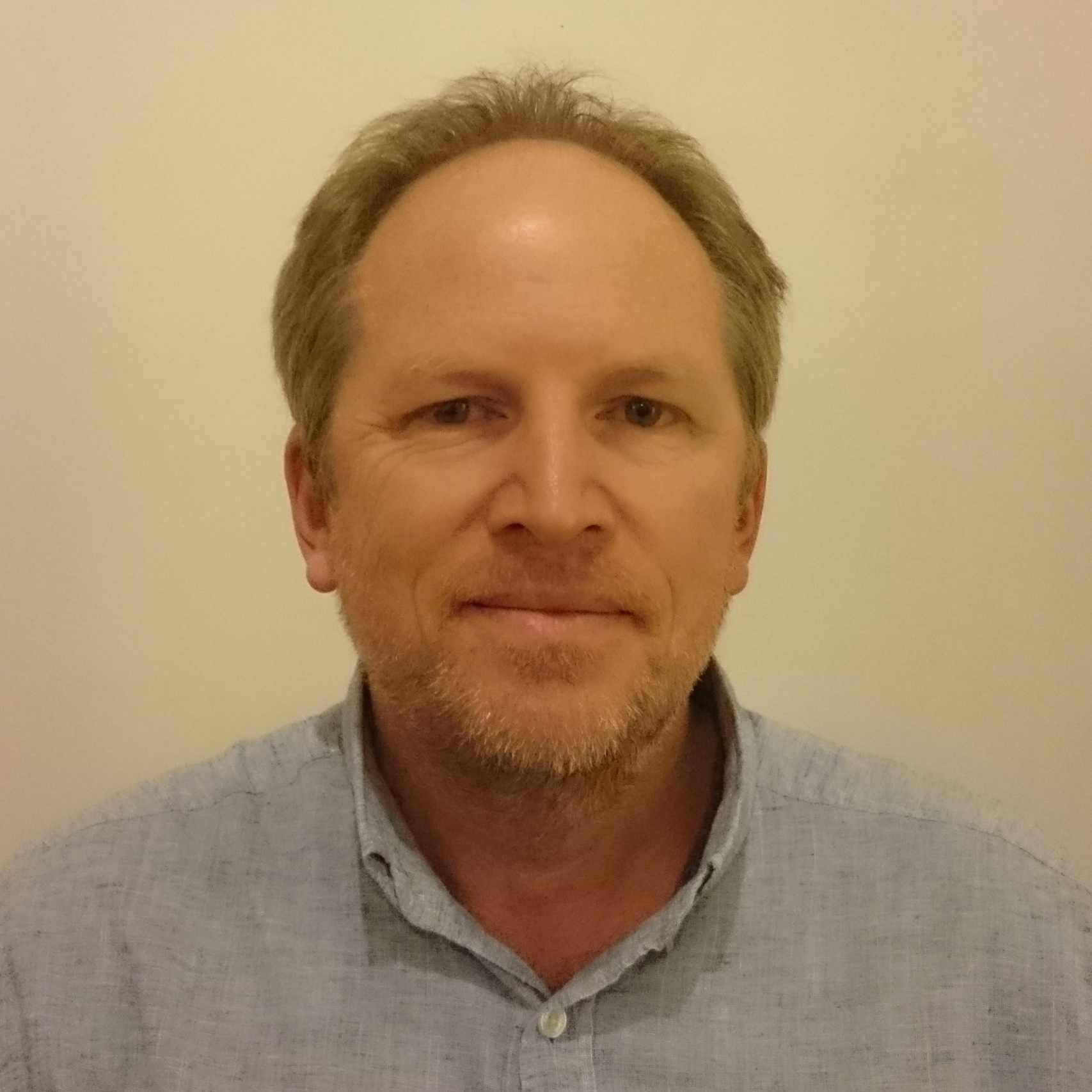
Duncan Rendall
I qualified as an architect at UCT in 1992 and later obtained a Postgraduate Diploma in Health Technology Management from UCT in 2012.
I spent nearly 20 years working in the private sector before joining the Western Cape Department of Health & Wellness in 2011. Currently, I serve as the Chief Architect, overseeing infrastructure norms and standards across all types of health facilities.
My journey in health facility design began in 2003 when I joined BNM Architects, a well-known practice based in Gqeberha (Port Elizabeth), specialising in healthcare design. I went on to establish and manage their Cape Town branch.
At the Department, our current focus is on developing standardised facility and room layouts, as well as materials, fixtures, finishes, and operational narratives for each facility type. Our goal is to provide design and implementation teams with a clearer understanding of the services our buildings need to accommodate.
While the Province continues to replace outdated infrastructure with newer, purpose-built facilities, the majority of our projects are focused on upgrading and expanding existing facilities to address rapid population growth and an evolving disease burden.
Changing environmental and legislative conditions have also prompted us to reassess the operation of our buildings, particularly regarding engineering services. By applying principles of flexible, salutogenic design, we aim to ensure our facilities are more contextually appropriate, resilient, and cost-effective.
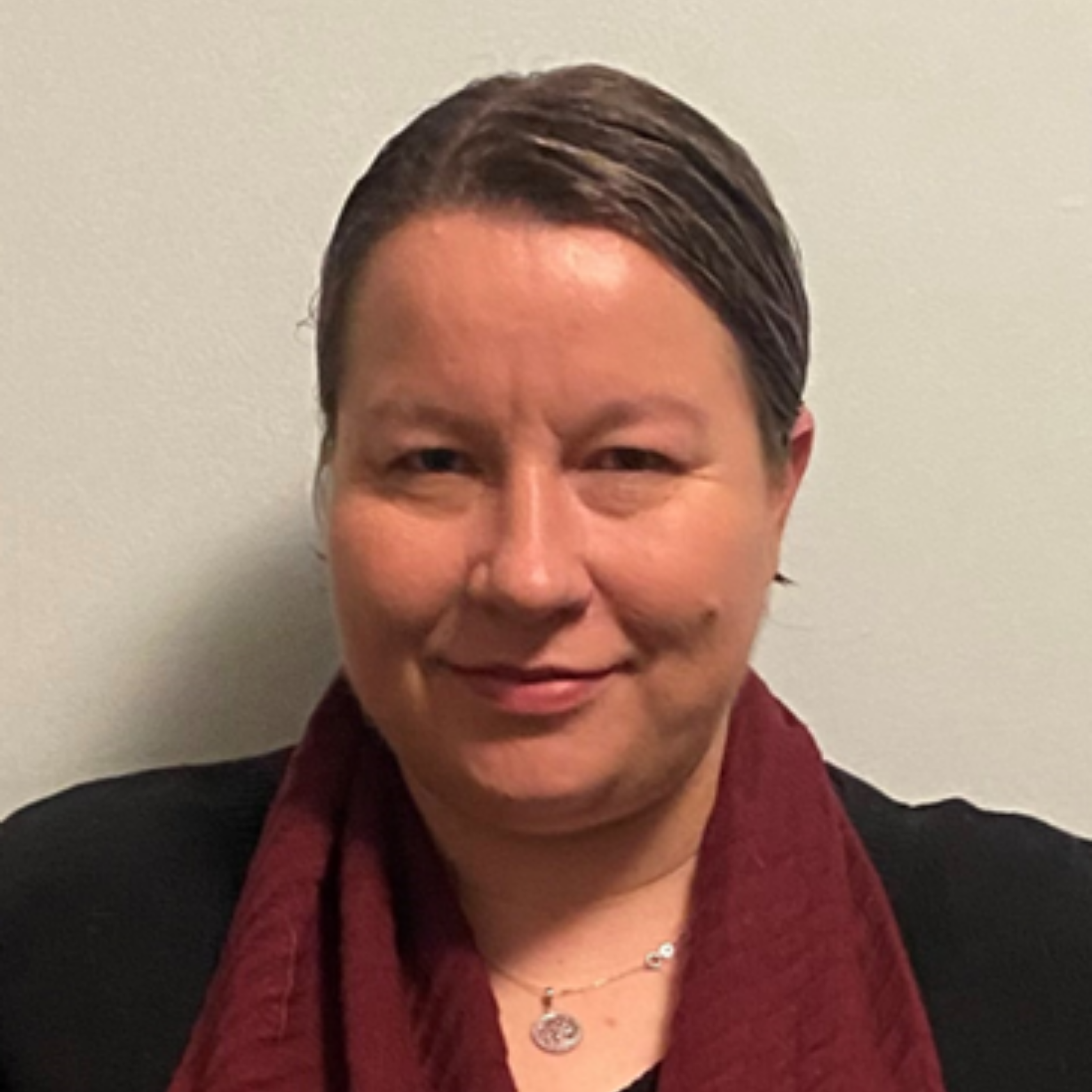
Elizabeth Schoeman
Elizabeth is a seasoned Registered Nurse with over 15 years of experience, combining a strong clinical background with a deep passion for education and Infection Prevention and Control (IPC). After qualifying with a Bachelor of Nursing (BCur) from the University of Stellenbosch in 2006, she began her career with a focus on mentorship and clinical facilitation, laying the foundation for her ongoing dedication to professional development within healthcare.
Her interest in IPC led her to complete a Postgraduate Diploma in Infection Control (Cum Laude) in 2017, also at the University of Stellenbosch, following an earlier Postgraduate Diploma in Nursing Education in 2011. These qualifications equipped her with a robust understanding of microbiology, surveillance, hospital design, decontamination, curriculum development, and educational psychology.
Over the past decade, Elizabeth has held roles as an IPC Manager and, more recently, as the Training Coordinator at ICAN, where she designs and delivers training programmes aimed at strengthening IPC practices across healthcare settings. She has also facilitated training for ICAN’s FIPC programme since 2018.
In addition to her teaching and leadership roles, Elizabeth currently serves as Chairperson of the Infection Control Society of Southern Africa (ICSSA). Her commitment to excellence and education continues to make a meaningful impact on infection control standards nationally.

Annely Shiikwa
Ms. Annely H.N. Shiikwa is a Namibian clinical and public health professional with over five
years of experience as a registered nurse and midwife, with a specialized focus on infection
prevention and control (IPC).
Annely holds a National Diploma in Nursing and Midwifery, a Postgraduate Diploma in
Community Nursing Science, a certificate in Fundamental Infection Prevention and Control
and has successfully completed an International Postgraduate Diploma in Infection
Prevention and Control through the Infection Control Africa Network (ICAN) in
collaboration with Radboud University. She is also pursuing a Master of Public Health at the
University of Johannesburg.
She has significantly contributed to the development and review of the Namibian national IPC
guidelines, including those for the Operating Theatre and CSSD. Annely also facilitated
national training courses on IPC and sterile services implementation. In 2024, she presented a
case study on a paediatric outbreak investigation at the Namibia Annual Quality Management
Conference.
Annely serves on the ICAN Board and is passionate about advancing IPC practices in Africa.
Her commitment to quality healthcare, research, and mentorship continues to inspire the next
generation of health professionals.
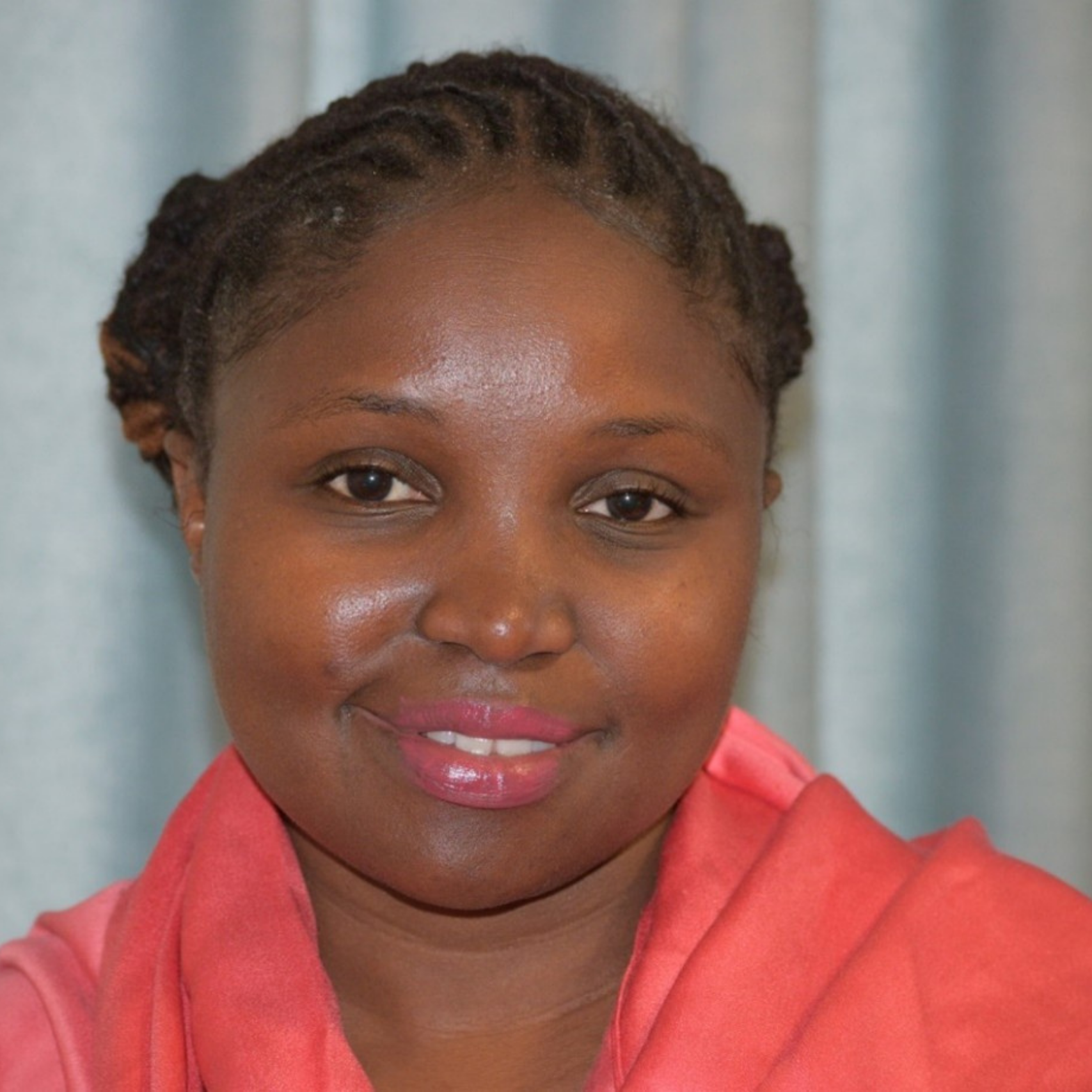
Buyiswa Lizzie Sithole
Buyiswa Lizzie Sithole is a seasoned IPC Specialist and hand hygiene Compliance and Monitoring Officer who has worked for ICAN and WHO. She holds a Post Graduate Diploma in Infection (Cum-Laude). She is an IPC Trainer (Accredited by ICAN and Stellenbosch University). She was actively involved in the West Africa Ebola response in Sierra Leone and worked for World Health Organization as a Technical Advisor for IPC and supported the MOHS to roll out the National IPC Program. Under ICAN she rolled out the Hand hygiene trainings across Africa amongst other training programs. She is also actively involved in the training and mentoring HCWs on IPC practices. She has authored and co-authored various papers in the field of hand hygiene including co-authoring “Knowledge, attitudes, and practices for ECD in the National Rapid Deployable Isolation and Treatment Facility (RDTIF) in Sierra Leone. Lizzie has worked in Liberia, Sierra Leone, South Africa, Uganda, South Sudan and Zimbabwe and has been part of IPC Trainings rolled out in Botswana, Cameroon, DRC, Ethiopia, Kenya, Malawi, Namibia and Nigeria and has vast knowledge in implementing IPC Programs in Low-middle income settings.
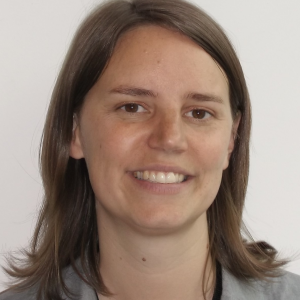
Kyla Smith
Kyla Smith is a Health Lead in the International Programmes Department at WaterAid. Kyla has over 15 years of experience working in international development in water, sanitation and hygiene (WASH) programmes in Africa, Asia, Asia-Pacific and Latin America and a Master of Applied Science as part of the Drinking Water Research Group at the University of Toronto (Civil and Environmental Engineering). Kyla leads organisational strategy, technical advisory support and programming on the integration of WASH and health, including WASH in healthcare facilities, integrating WASH into IPC, public health emergencies, nutrition, health programming and health systems.

Julie Storr
Julie is CEO and co-founder at S3 Global Healthcare, a key opinion leader in her field, with an international portfolio of work including as a senior technical expert with the World Health Organisation, NGOs and countries across the world. Her areas of focus include the development, implementation and evaluation of guidelines and implementation-related resources in the field of patient safety, quality, AMR, Water, Sanitation and Hygiene (WASH) and infection prevention and control, most recently as subject matter expert on the development of an innovative serious game with WHO Academy. She was previously President of the Infection Prevention Society of the UK and Ireland, Assistant Director at the English National Patient Safety Agency and Director of the award-winning national cleanyourhands campaign. Julie is an honorary advisor at Global Health Partnerships and a steering group member of Health Information for All (HIFA). She is also a trained clinical hypnotherapist. She has published widely in the peer-reviewed literature and her most recent book focuses on the social rather than the technical aspects of preventing infections in healthcare. On the latter point, Julie is a champion of person-centred and compassionate application of IPC and the importance of effective leadership in making this a reality.
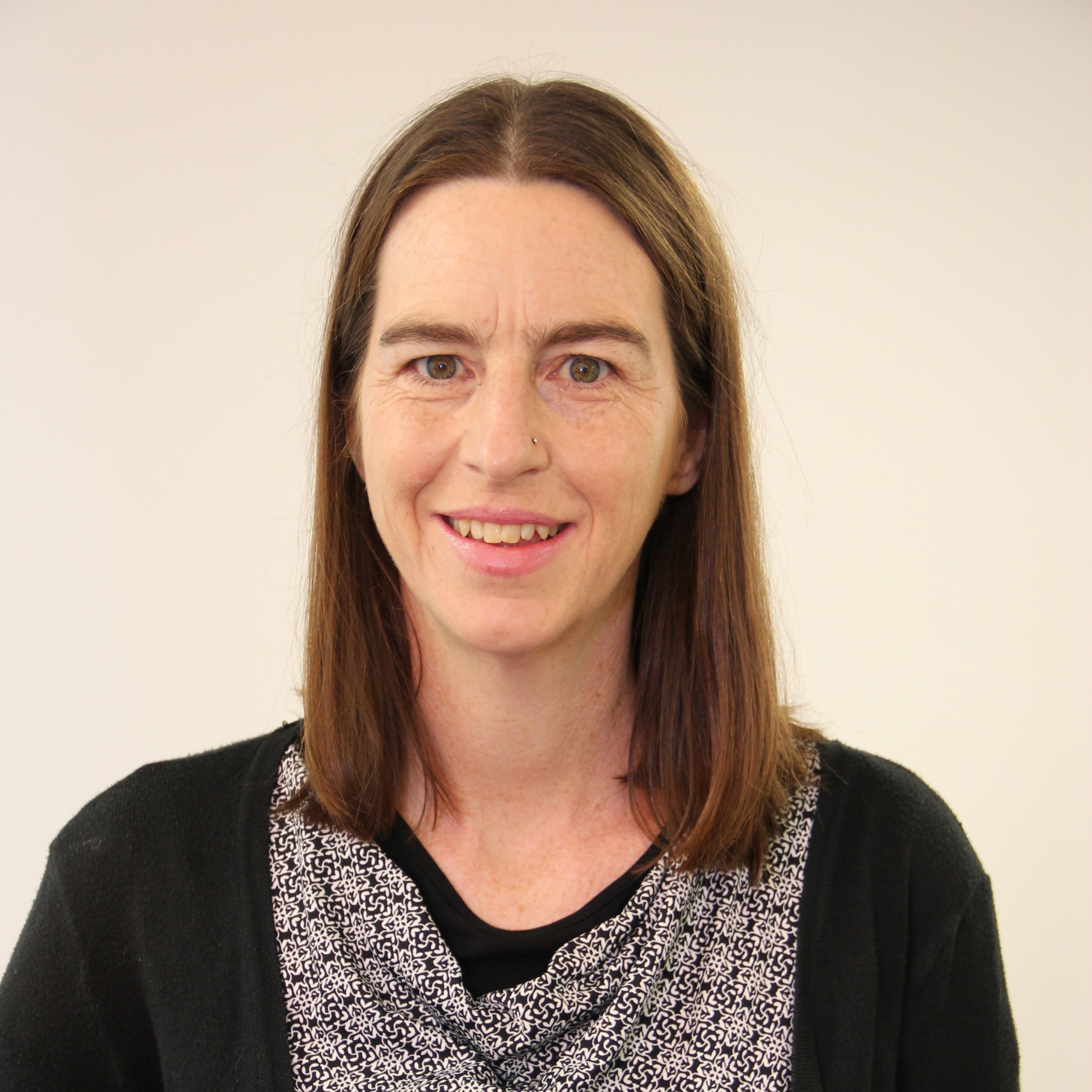
Renee Street
Dr Street is the Director at the Environment & Health Research Unit within the South African Medical Research Council (SAMRC). Her background and training encompass both natural sciences and public health, providing her with a unique perspective on tackling complex global challenges. Dr Streets extensive research portfolio is dedicated to investigating diverse aspects of historical and emerging environmental contaminants and the impact on human health. Dr Street demonstrates a keen interest in addressing public health issues and formulating effective policy strategies. She is currently a steering committee member of INGSA Africa (International Network for Governmental Science Advice). This role allows her to utilize her passion for impactful change and contribute to the broader dialogue on effective science communication and decision making. Notably, in response to the unprecedented challenges posed by the COVID-19 pandemic, Dr Street played a pivotal role in establishing the SAMRC wastewater surveillance and research Programme. This initiative was set up to track SARS-CoV-2 RNA trends in wastewater across South Africa. The programme has since evolved and expanded its scope. It now encompasses comprehensive research endeavours aimed at pandemic preparedness and response for a multitude of pathogens.
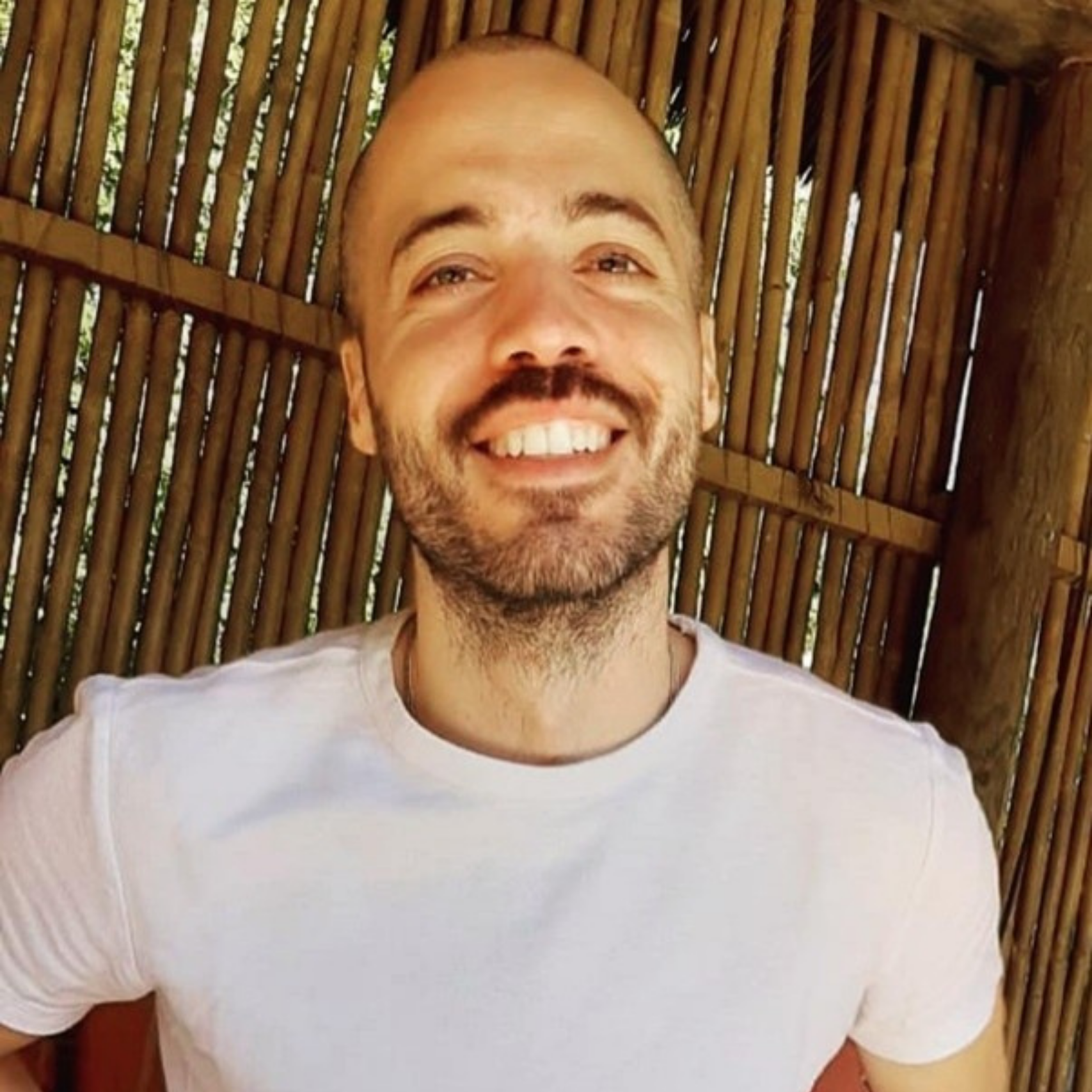
Anthony Twyman
Anthony is an infection preventionist from Toronto, Canada, with 18 years’ experience in infection prevention and control (IPC). Presently, Anthony is serving as the Senior IPC Specialist for the UK Public Health Rapid Support Team, but has worked in acute care and global health, including the World Health Organization’s Global IPC Hub & Task Force unit in Geneva. His experience spans emergency response, IPC programme implementation, guideline development, healthcare-associated infection surveillance, development of training materials & curricula, global surveys, and IPC monitoring & evaluation tools, with a strong emphasis on implementation in low- and middle-income countries.

Yolanda van Zyl
After completing her B. Cur degree in Nursing at the University of Stellenbosch in 1996, she began her nursing career at Paarl Provincial Hospital in 1997. In November 1998, she transitioned to the private sector, joining the Orthopaedic/Surgical Ward at Paarl Medi-Clinic. It was during this time that she developed a strong interest in Infection Prevention and Control (IPC), prompting her to pursue a short course in IPC at WITS University.
In 2005, she enrolled in the two-year Postgraduate Diploma in Infection Control and graduated with honours. That same year, she was selected to participate in an international exchange programme with an IPC practitioner from Chicago, Illinois. This enriching experience culminated in both practitioners presenting their insights at the APIC Conference in San Jose, California.
In November 2006, she accepted the position of Infection Control Coordinator at Panorama Medi-Clinic. In 2010, she returned to Paarl Provincial Hospital as a Clinical Coordinator for Infection Control, where she continues to serve.
She is the past Chair of both the Western Cape Infection Control Society and the Infection Control Society of Southern Africa. She also serves on the National Advisory Committee for Antimicrobial Resistance and IPC. She is deeply passionate about improving patient safety and advancing evidence-based best practices in infection prevention and control.
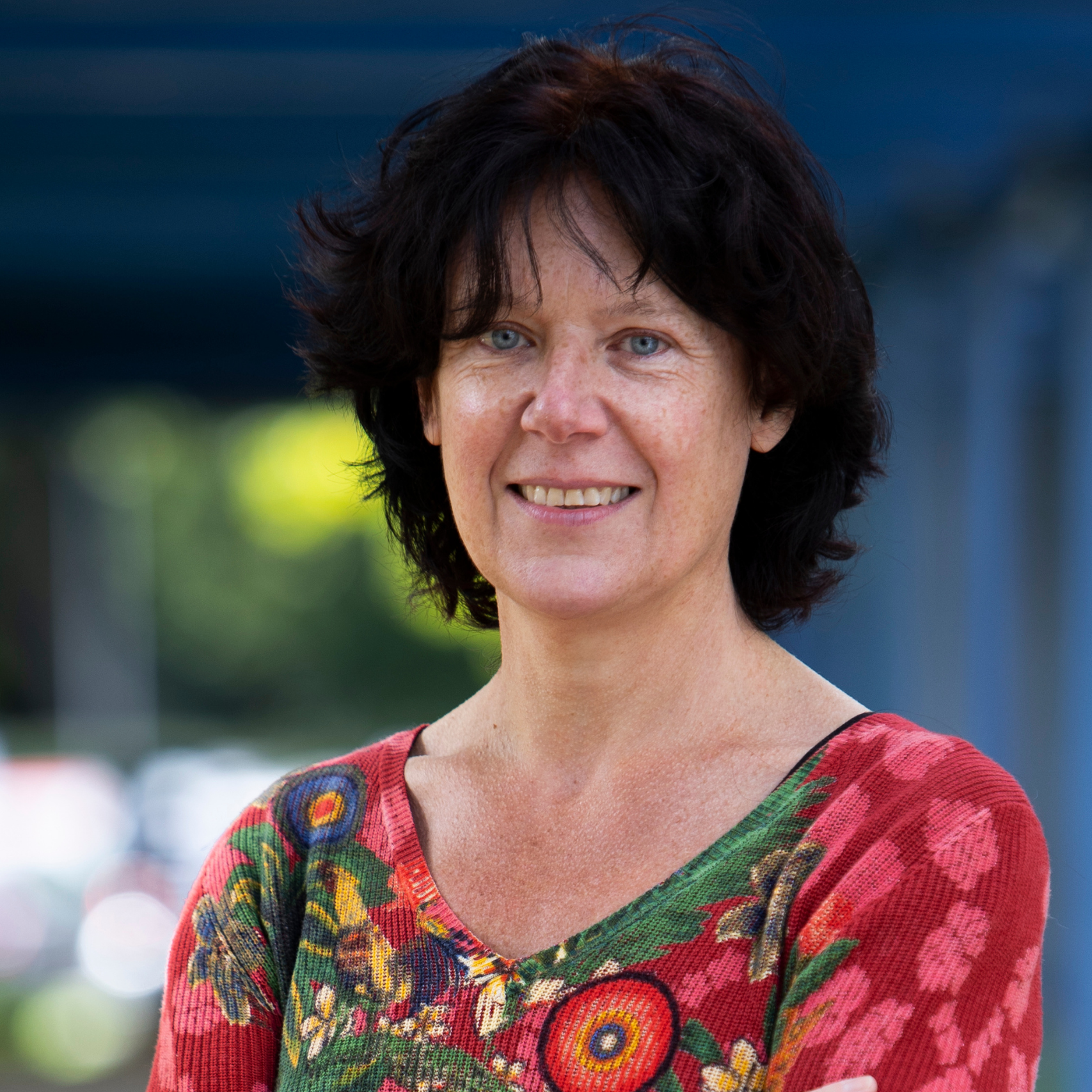
Ann Versporten
Ann worked as an epidemiologist at the Institute of Public Health (Sciensano), Belgium, before joining the University of Antwerp in 2010 and the Belgian Antibiotic Coordination Committee (BAPCOC) in 2014. She has contributed to multiple European projects on antimicrobial consumption, including ESAC (now ESAC-Net) and a collaboration with the WHO Regional Office for Europe, which later integrated its data and methods into the WHO AMC network. She has built extensive expertise on antimicrobial consumption using different antimicrobial use metrics, investigating their validity in terms of quality indicators and their clinical importance.
Since 2014, she has been coordinating the Global-PPS, a standardized cross-sectional methodology integrated with a freely accessible web-based application for data entry, validation, and feedback reporting. Designed to monitor and benchmark antimicrobial use and HAI prevalence across diverse healthcare settings worldwide, it features a user-friendly interface that facilitates data-driven local implementation of AMS. The platform has proven to be a valuable tool for stakeholder education and engagement.
Dedicated to sustainable and reproducible epidemiological research, she aims to generate robust scientific evidence that empowers health professionals and policymakers to optimize antibiotic use.
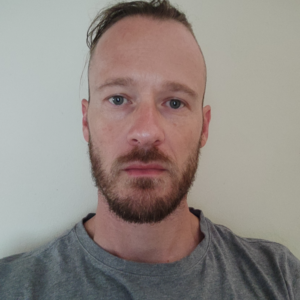
Donald Westhuizen
Technically orientated scientist with interpersonal aptitude with extensive experience in
Molecular Diagnostics. Sales success has always been based on sincere product expertise and open client communication.
Using the philosophy of integrity in sales increased the Molecular Diagnostic portfolio to be the single largest revenue-generating entity within inqaba.
Created the local subsidiary of Seegene to create a more direct, technical-based link with the Sub-Saharan territories.
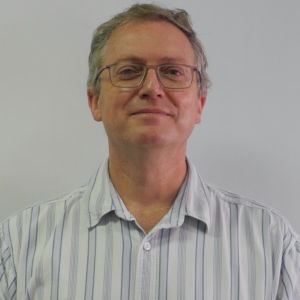
Andrew Whitelaw
Andrew Whitelaw is a clinical microbiologist and the Head of Division of Medical Microbiology at the University of Stellenbosch / Tygerberg Hospital NHLS since December 2012. He has been involved in a number of studies and activities related to antibiotic resistance and infection control over the last decade, both for community as well as hospital-acquired pathogens. These include the membership of the South African Antibiotic Stewardship Programme (SAASP), being past president of the Infection Control Society of Southern Africa and serving two terms on the SA Ministerial Advisory Committee on AMR (MAC-AMR). As part of the MAC-AMR, he was a member of the Technical Working Group for Surveillance. Ongoing research interests focus on epidemiology of antimicrobial resistance, clinical impact and control of AMR and Hospital-Acquired Infections, and genomic diagnostics and surveillance.
